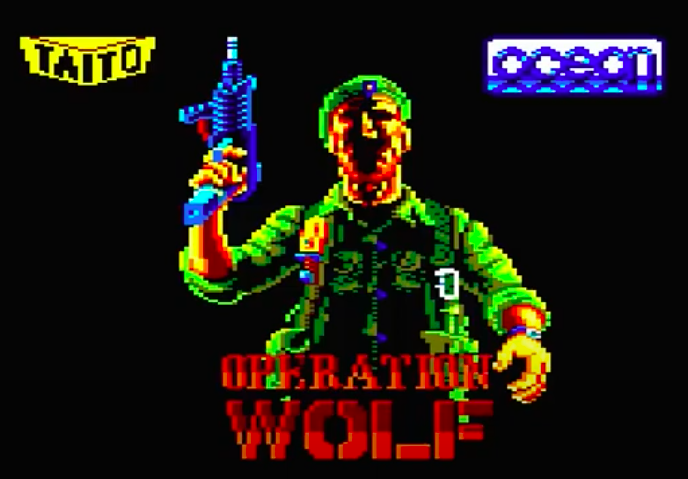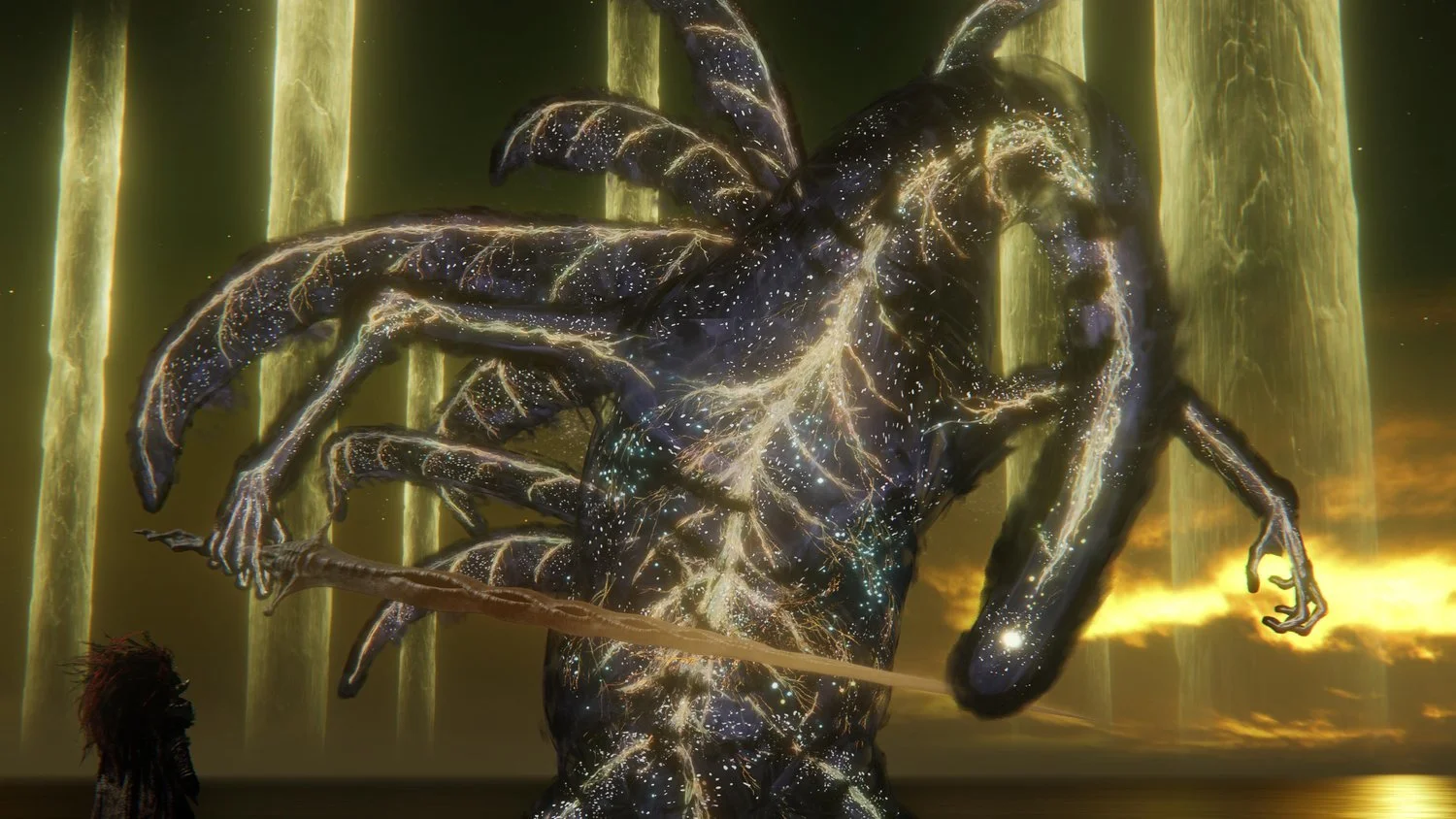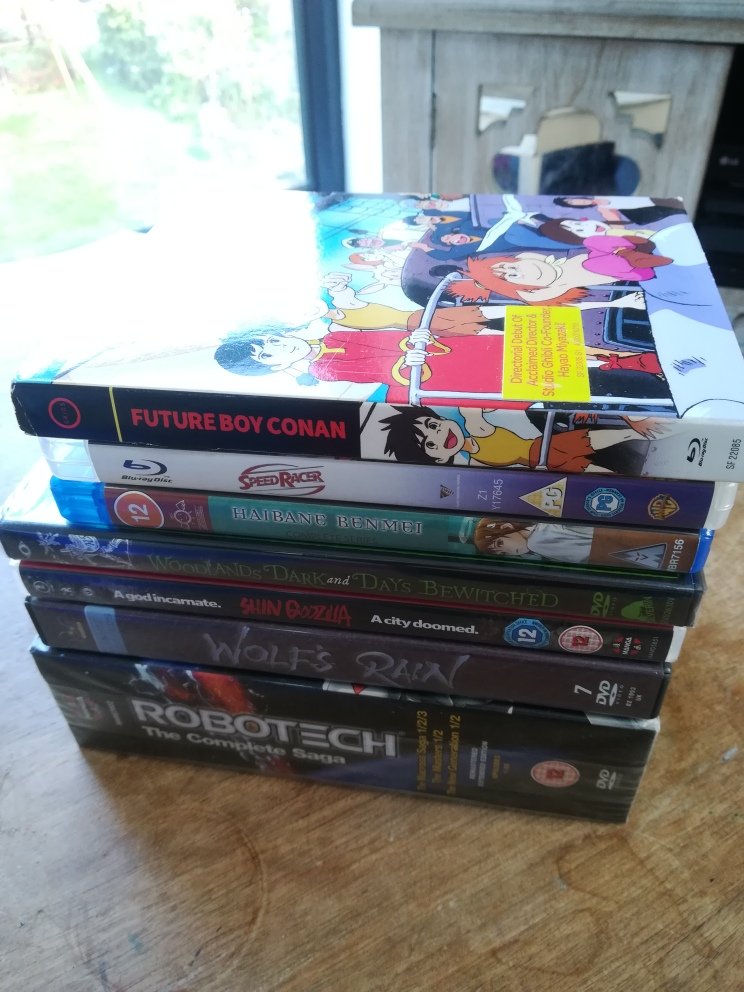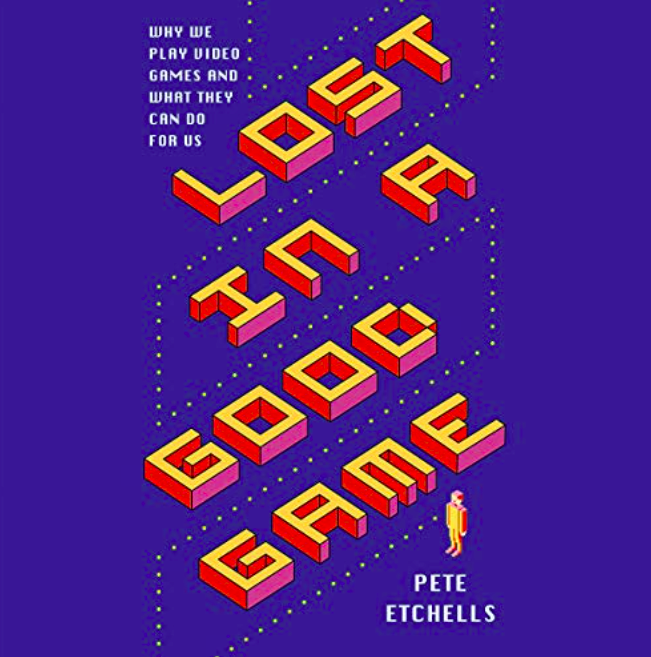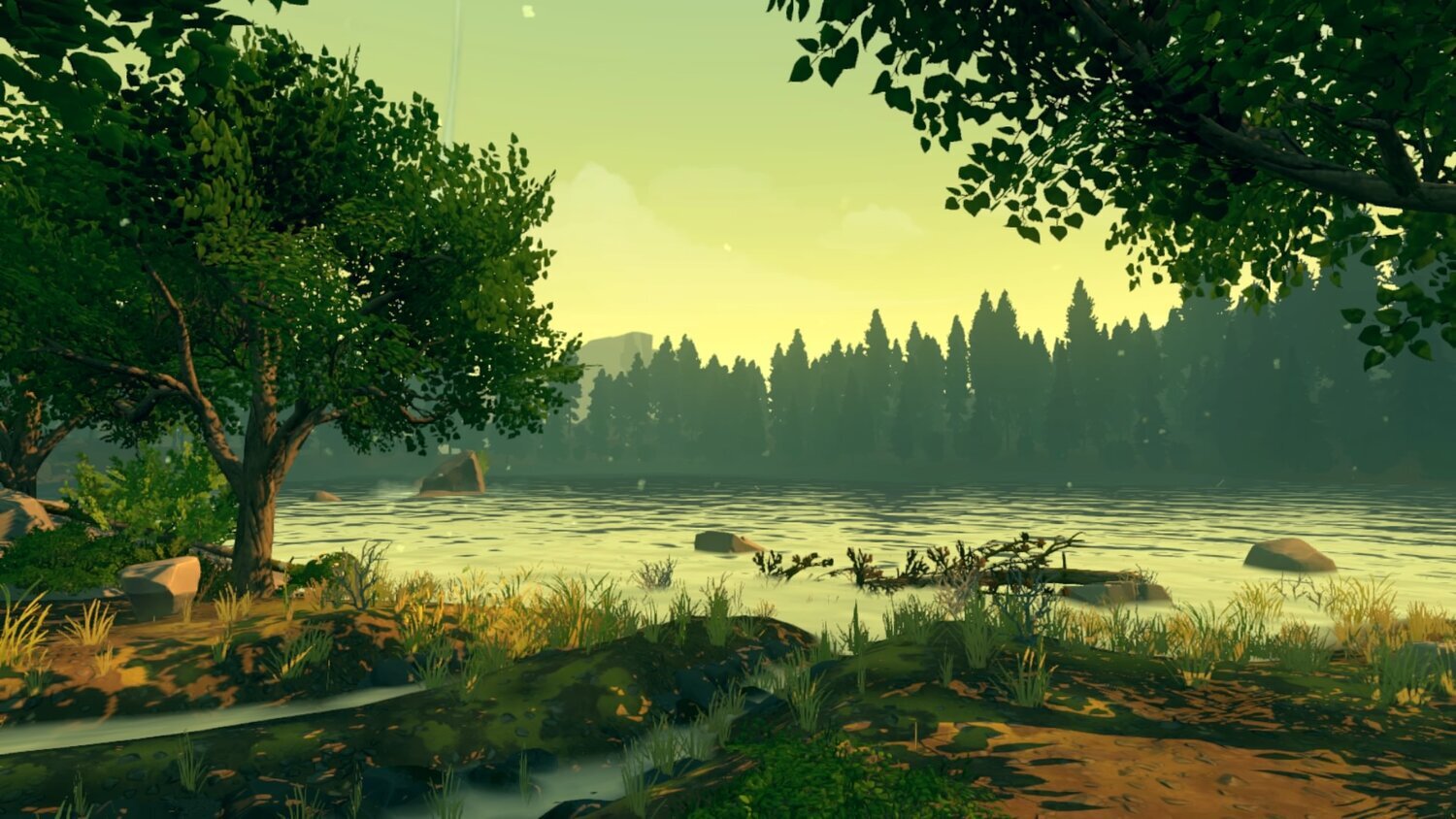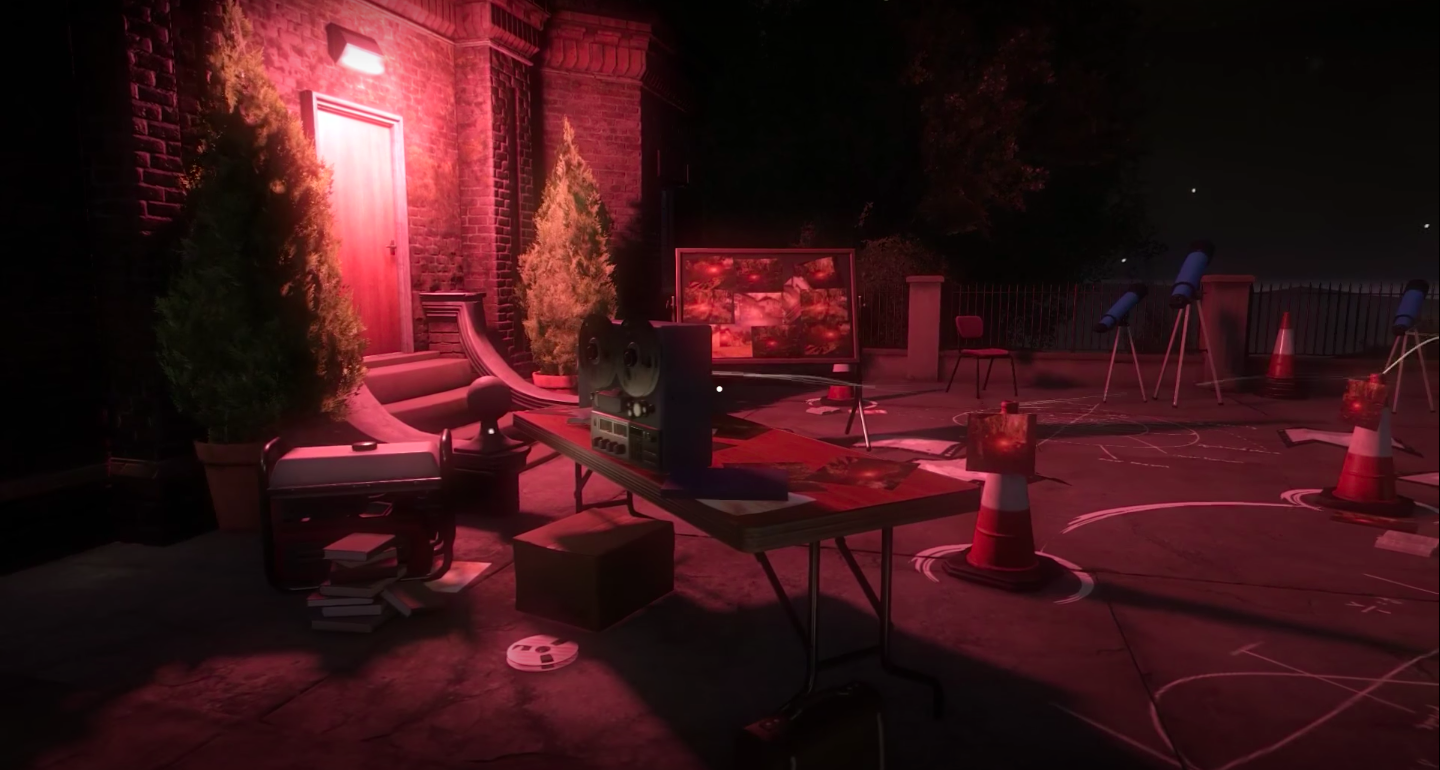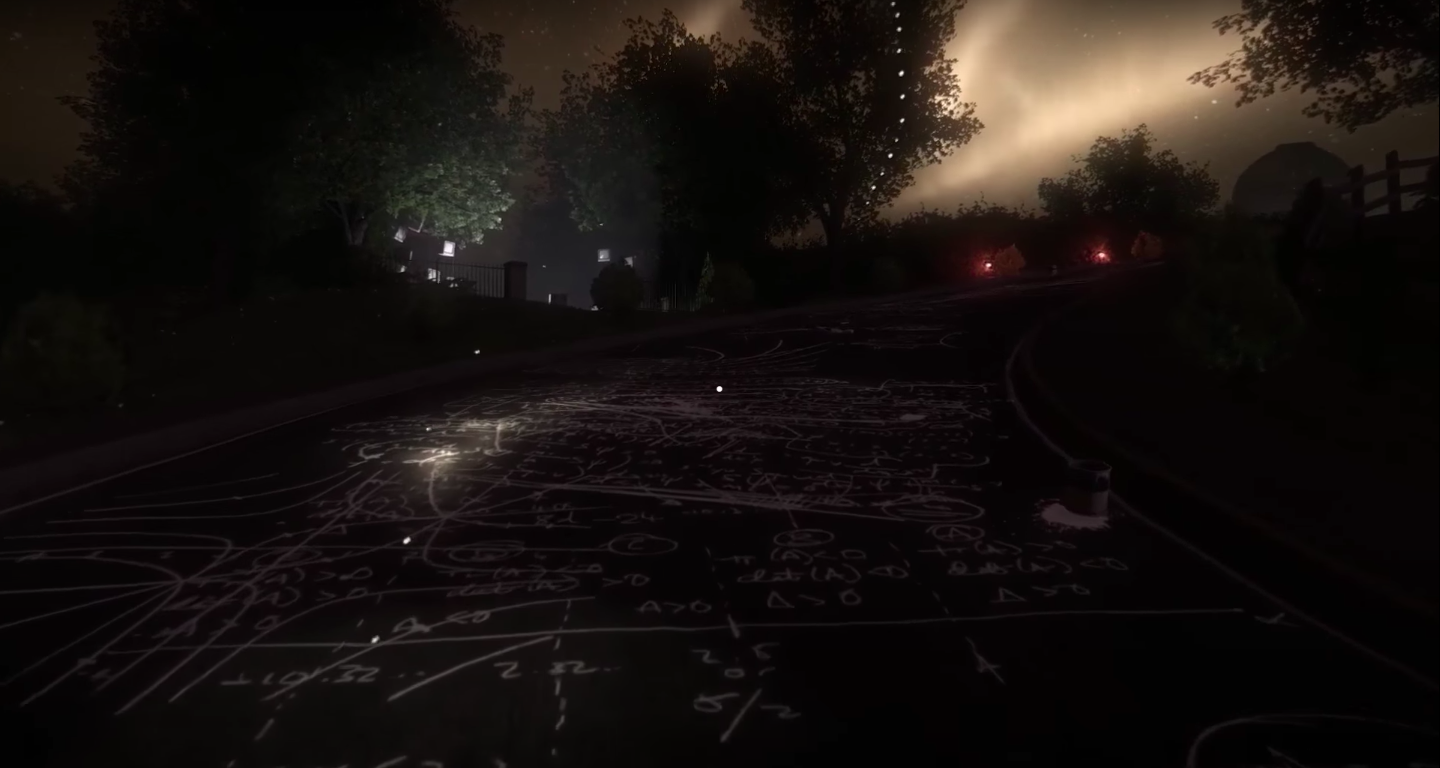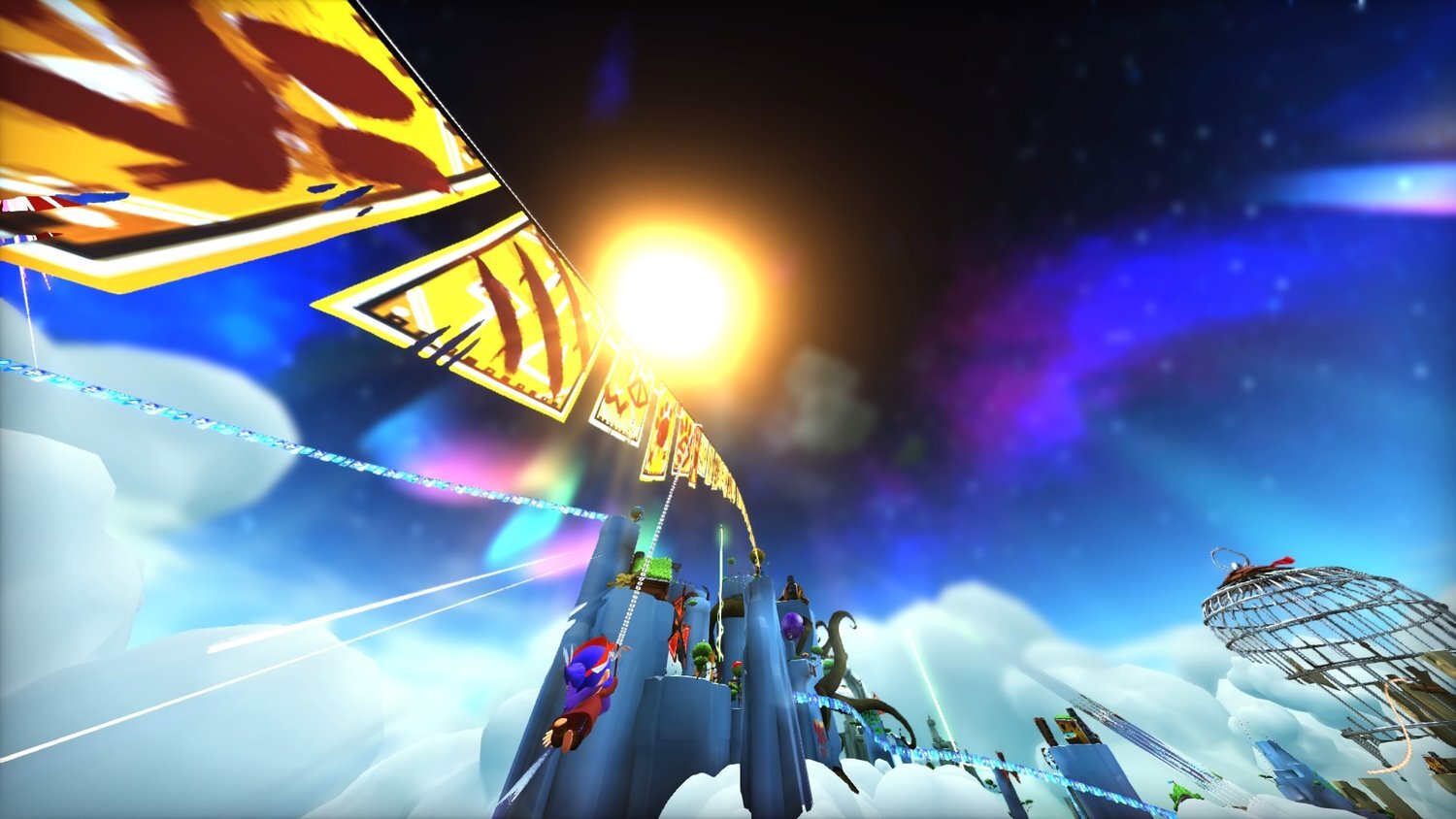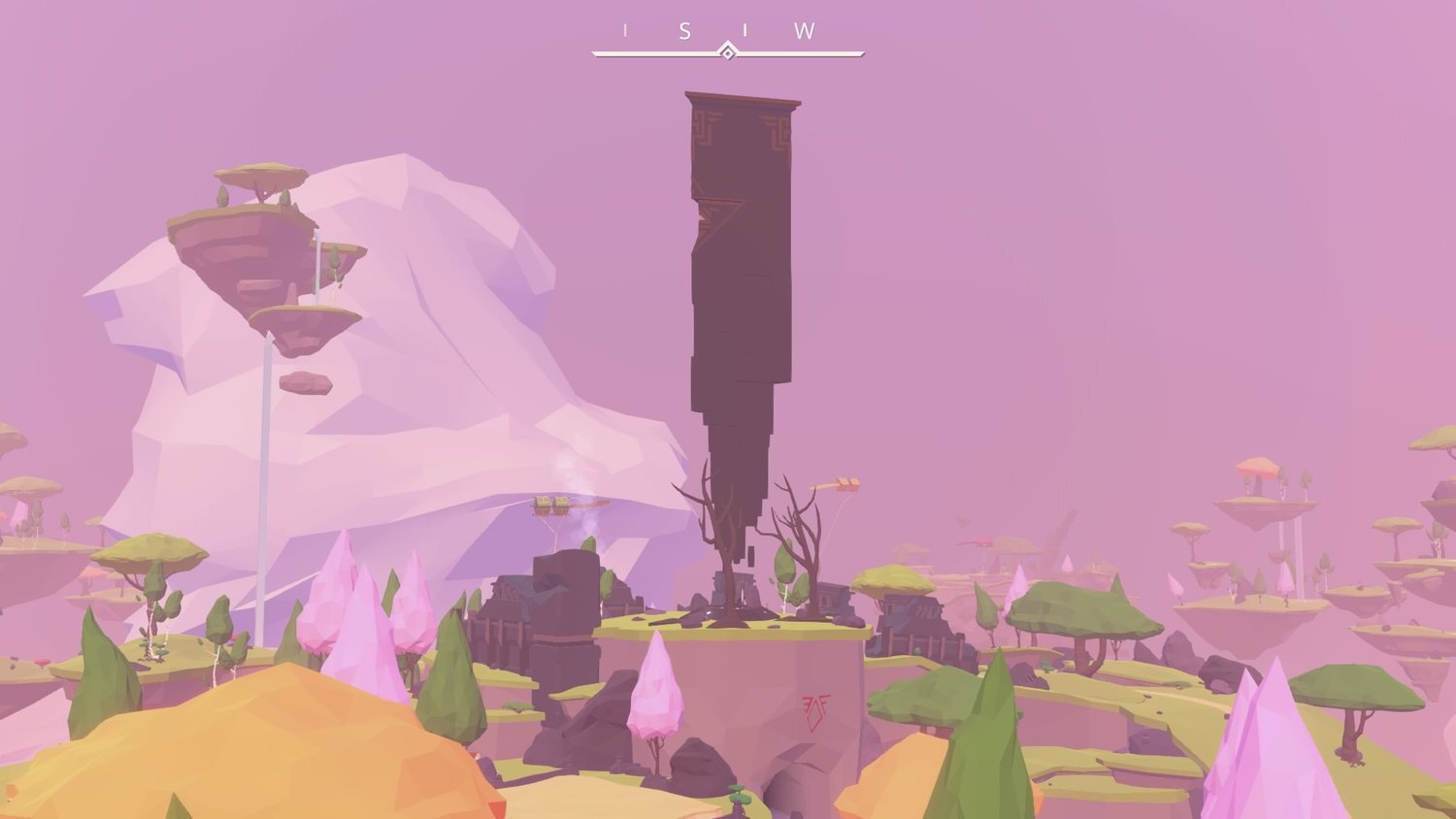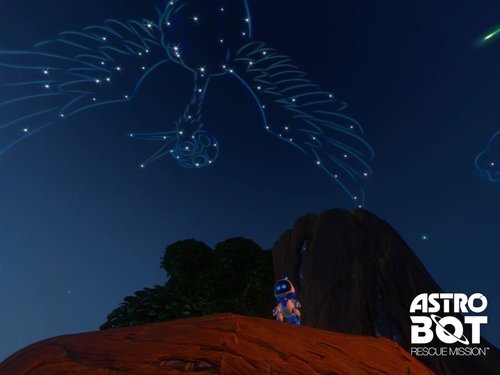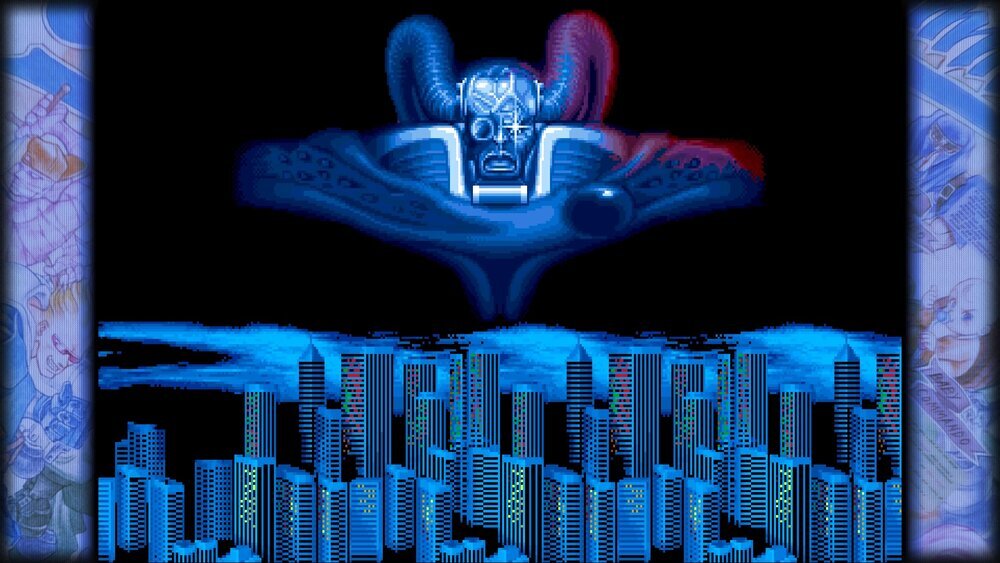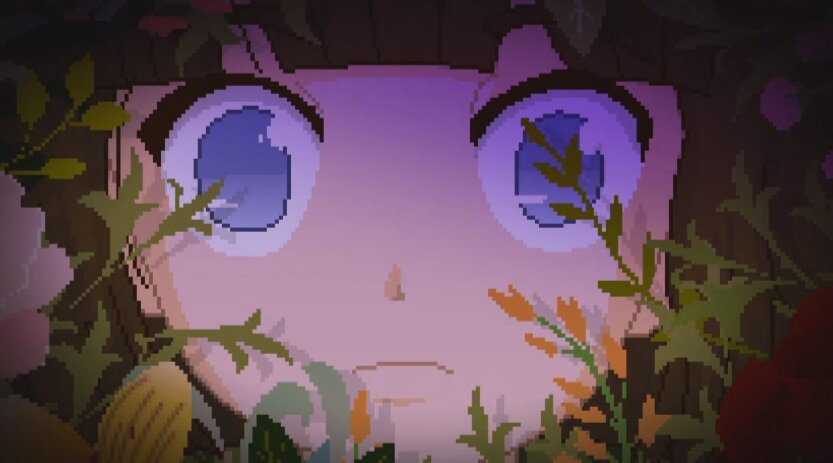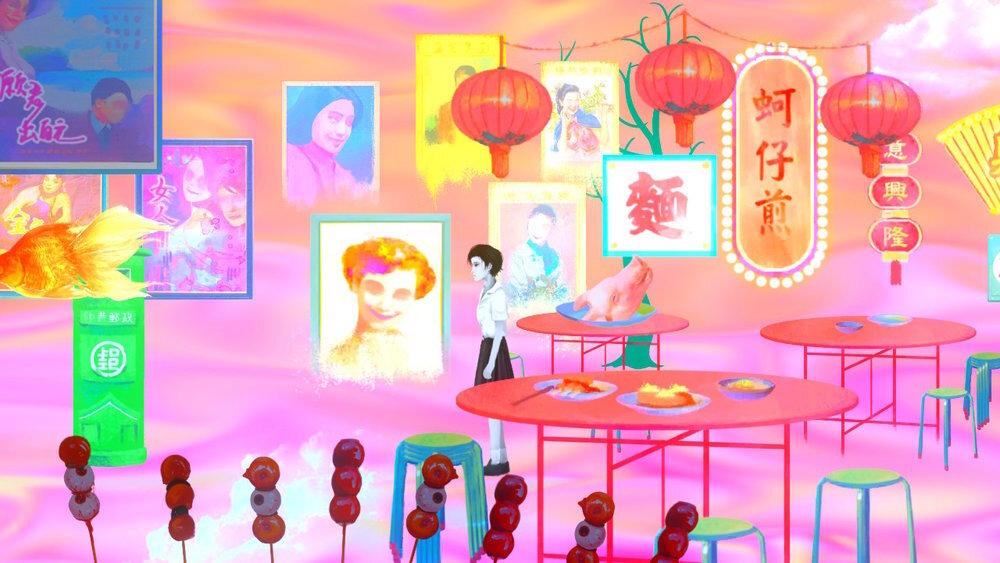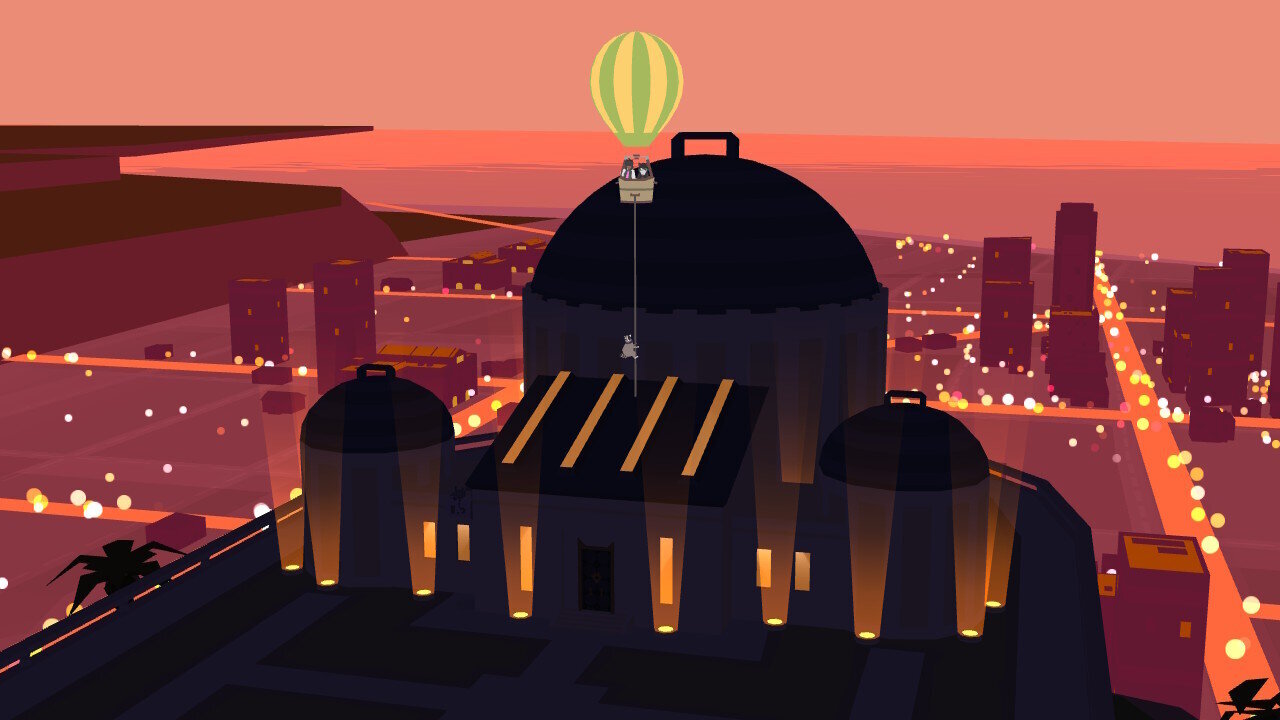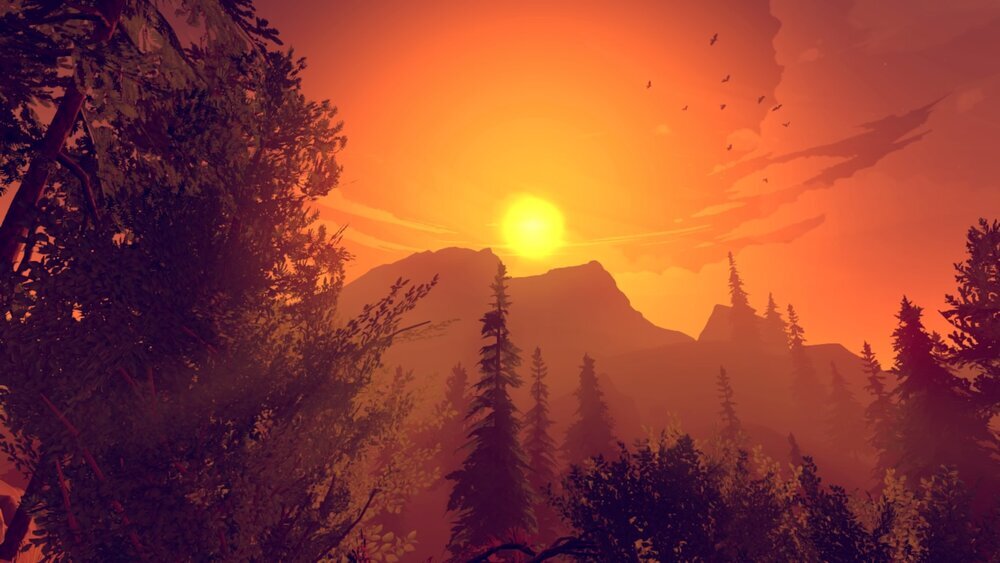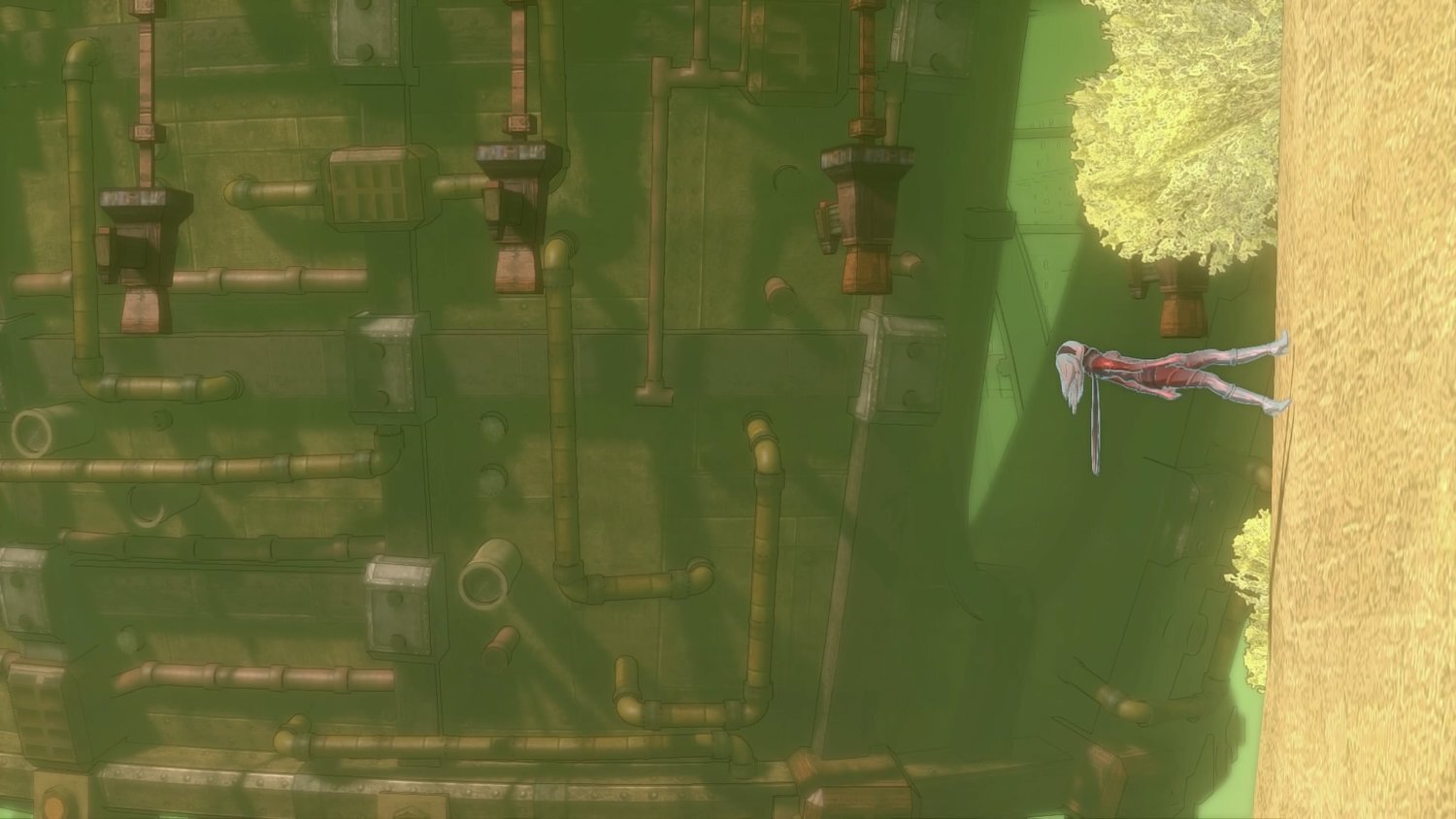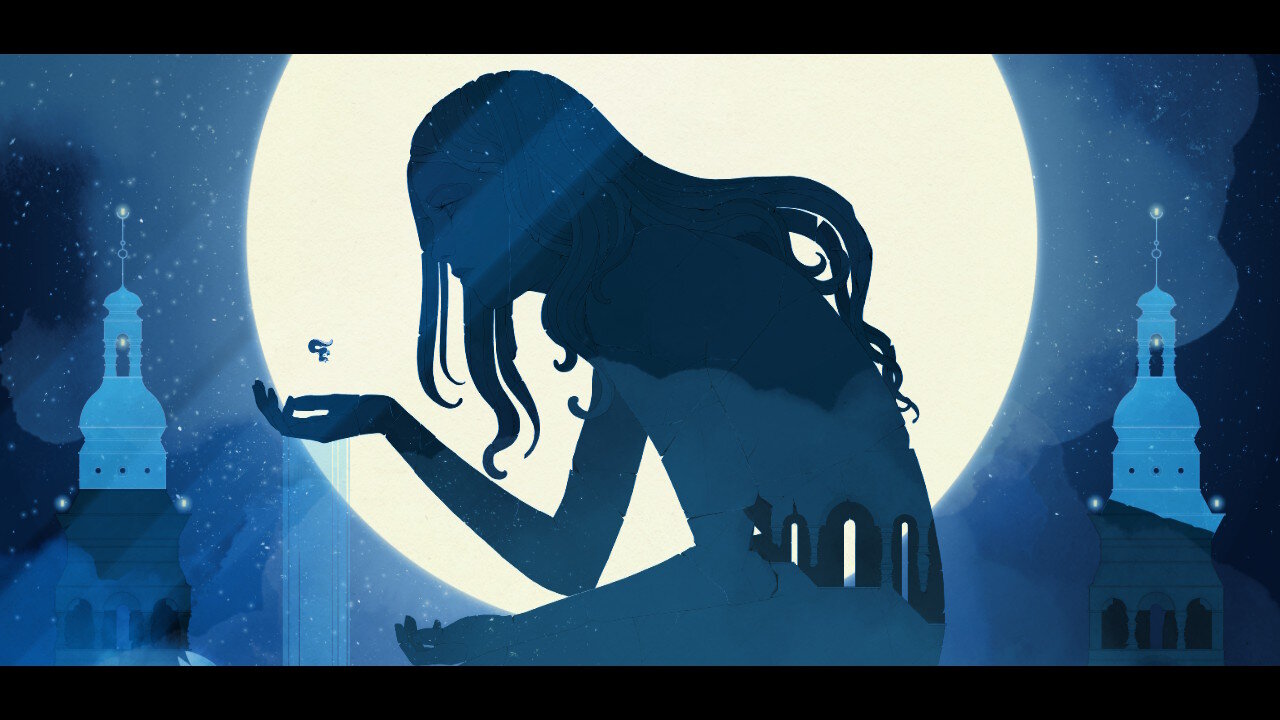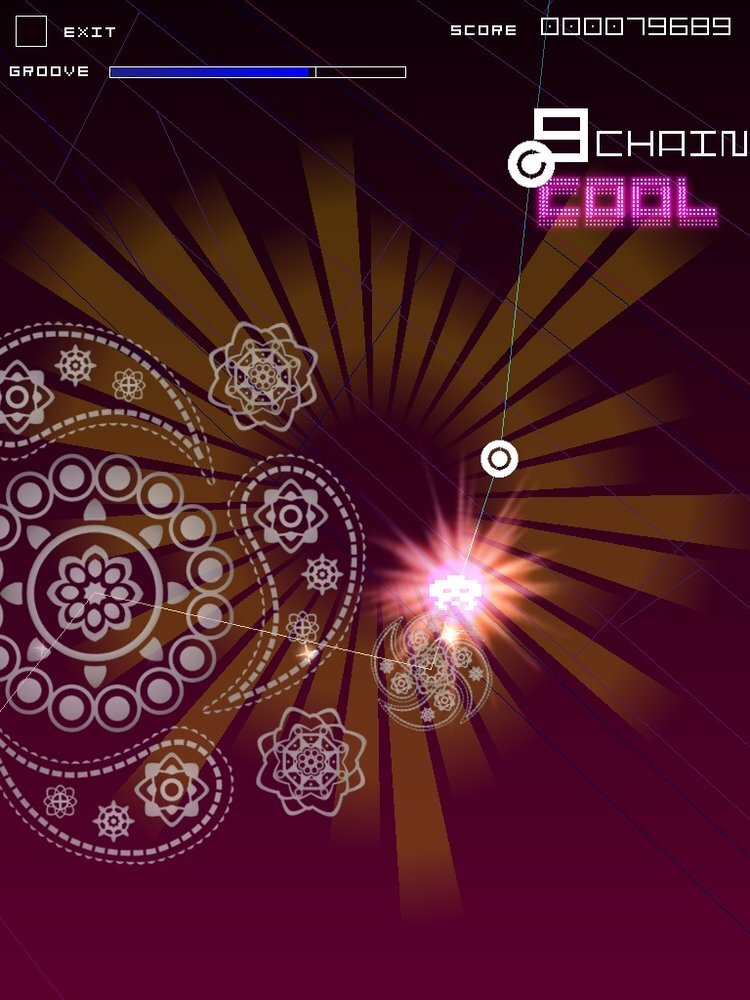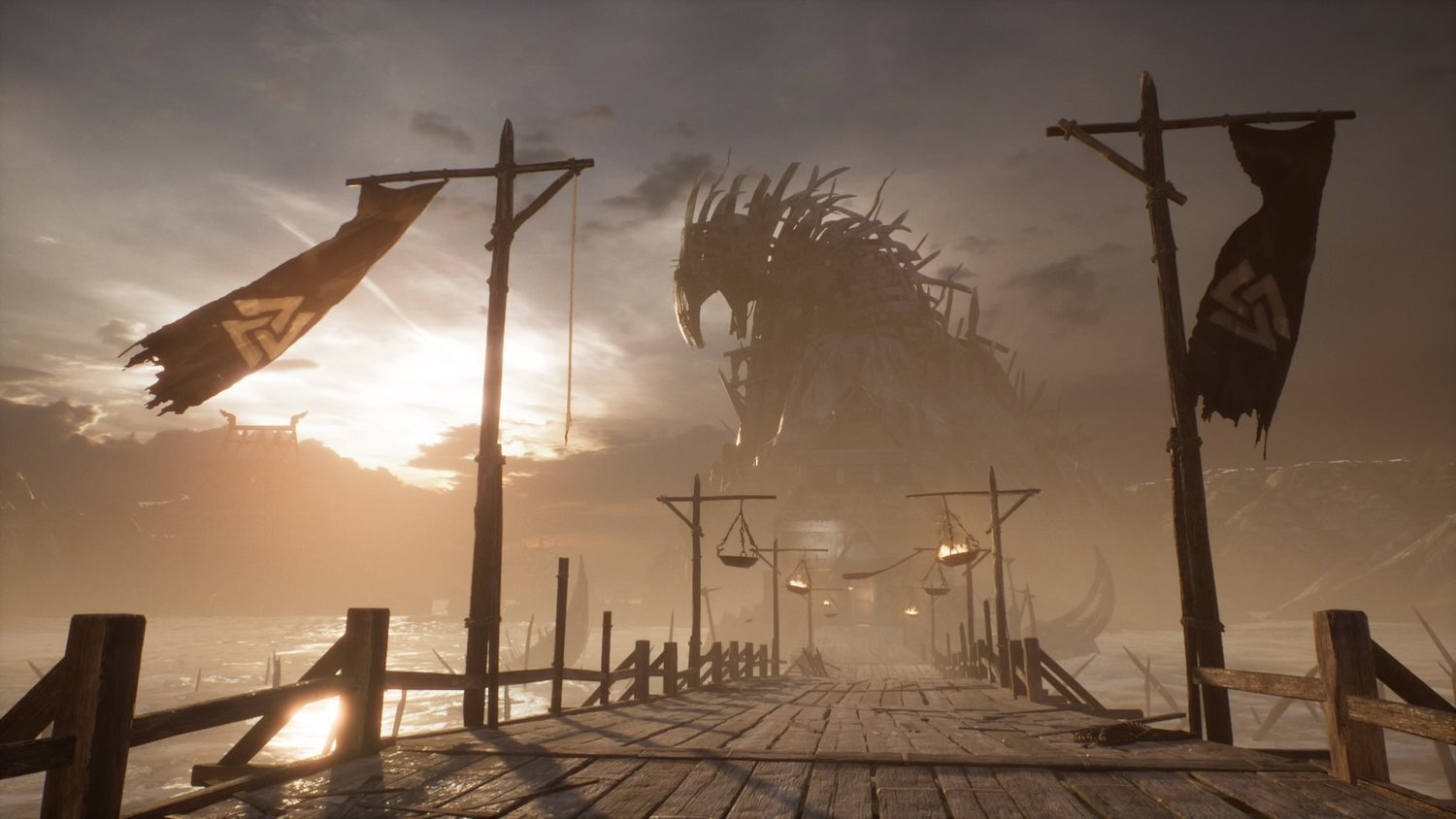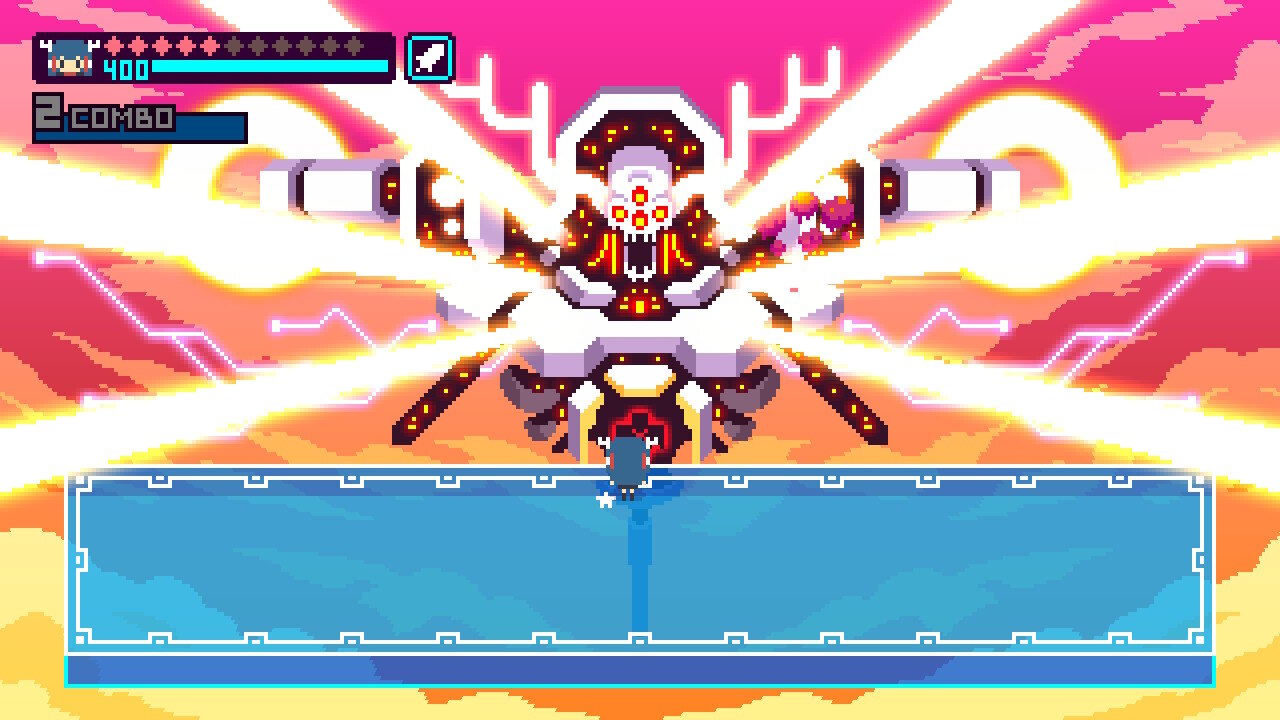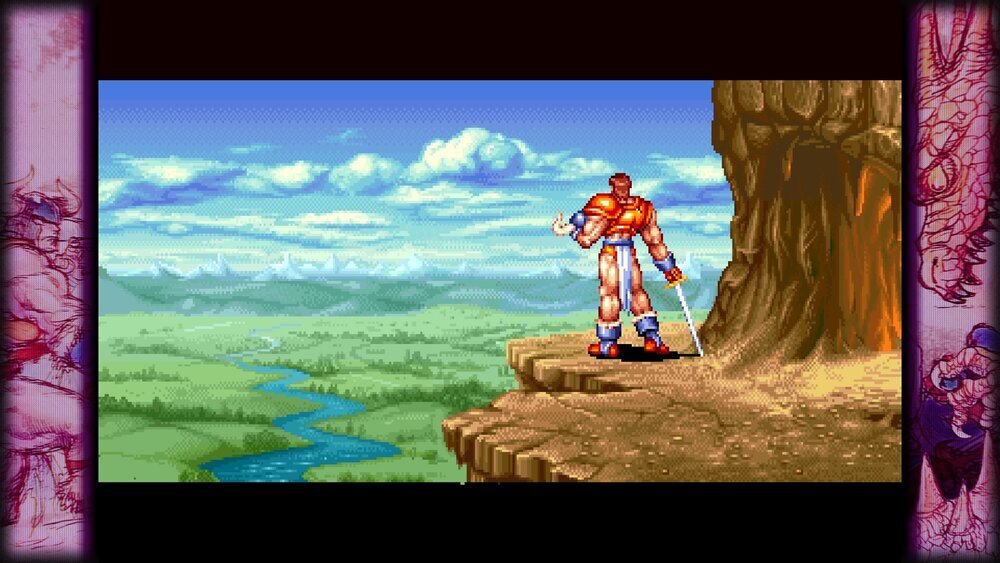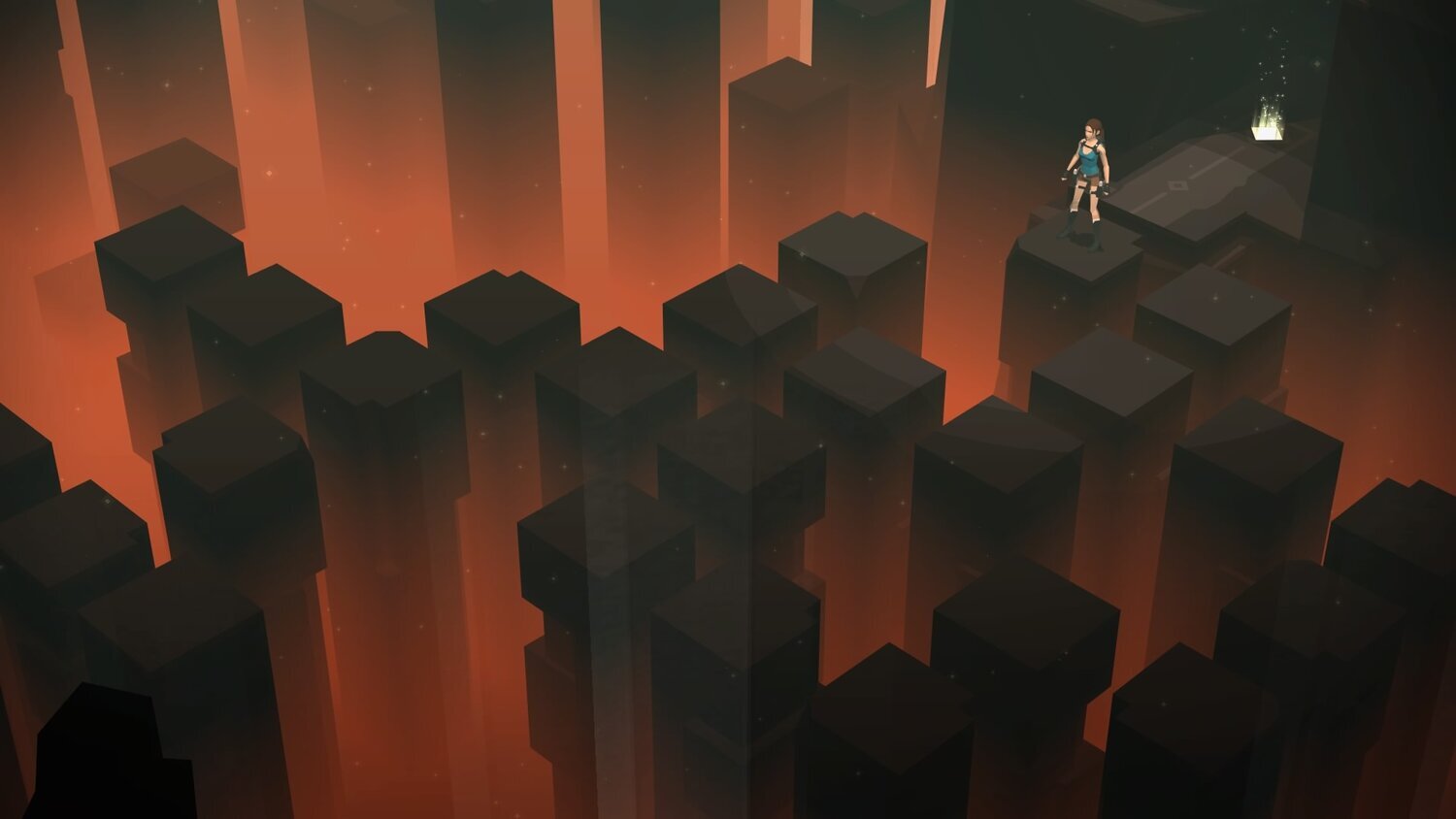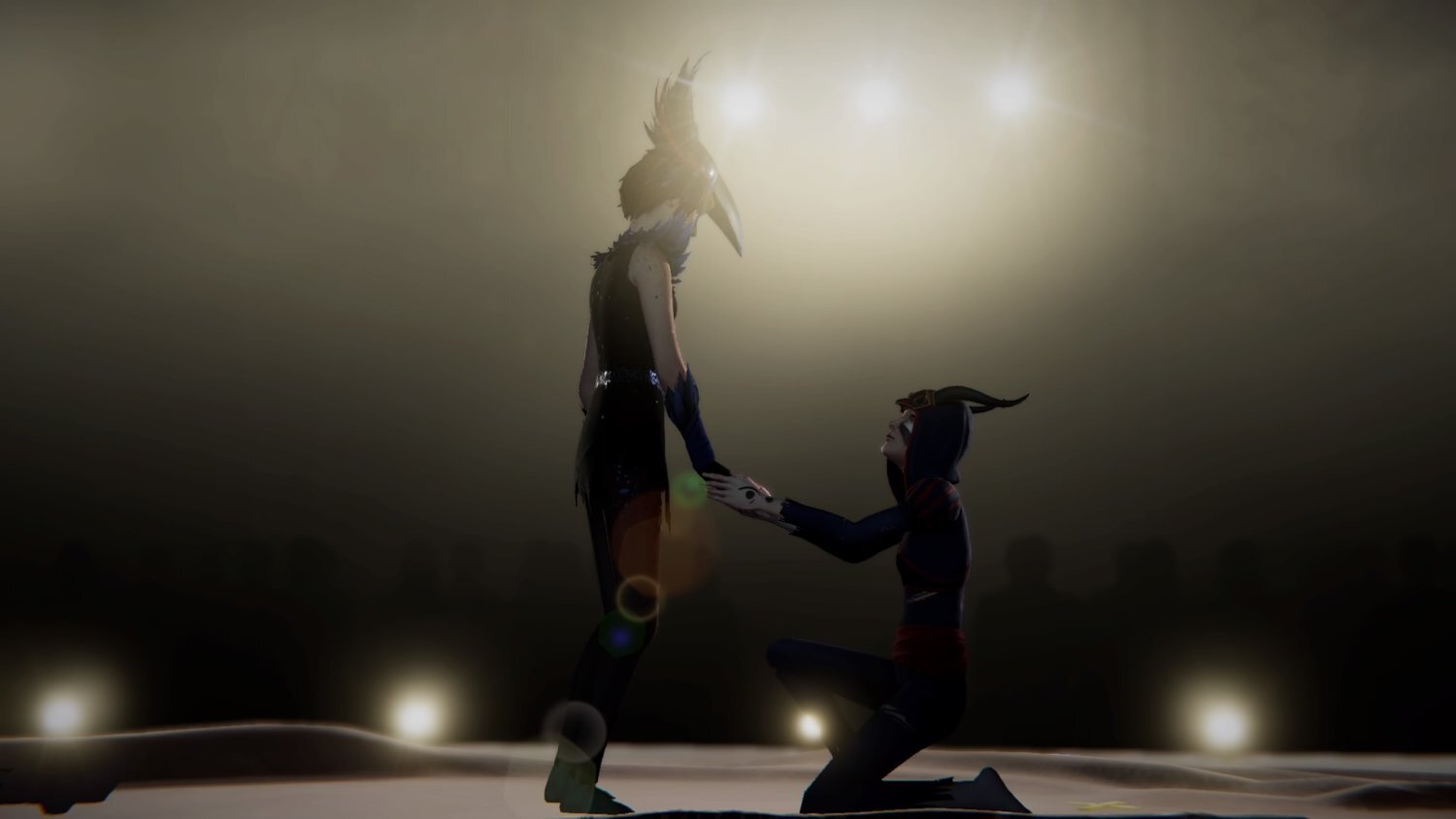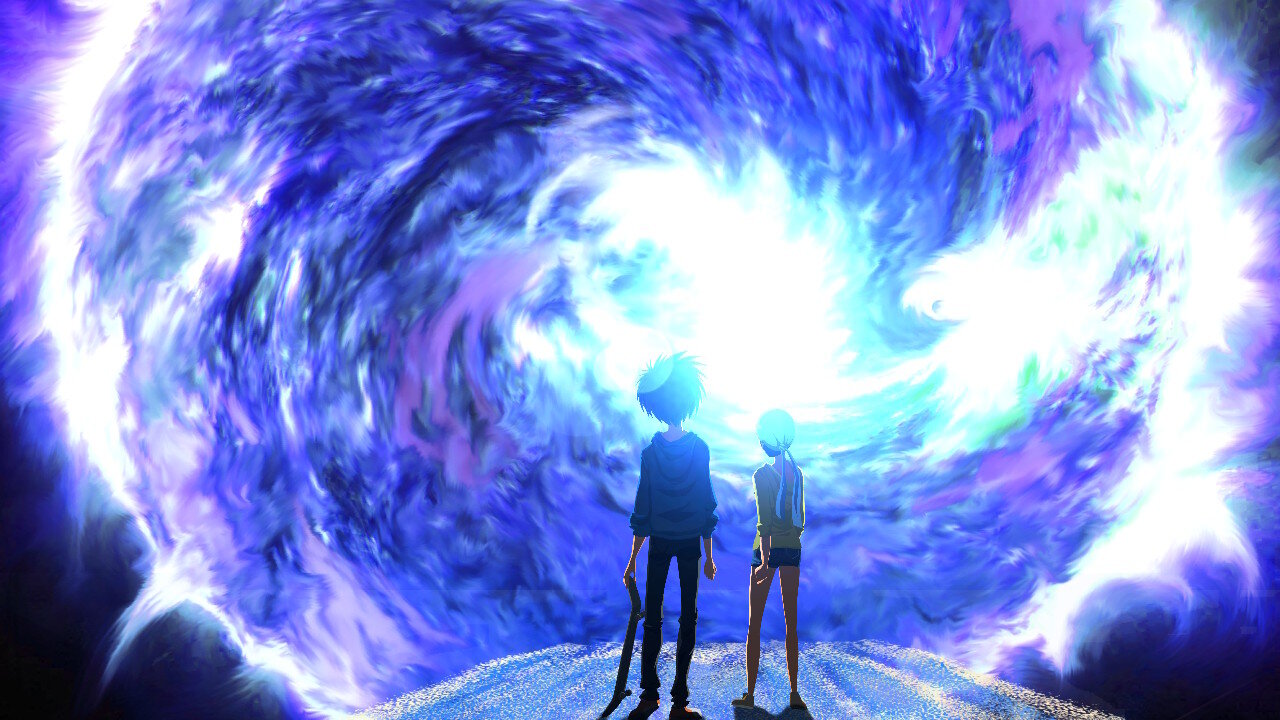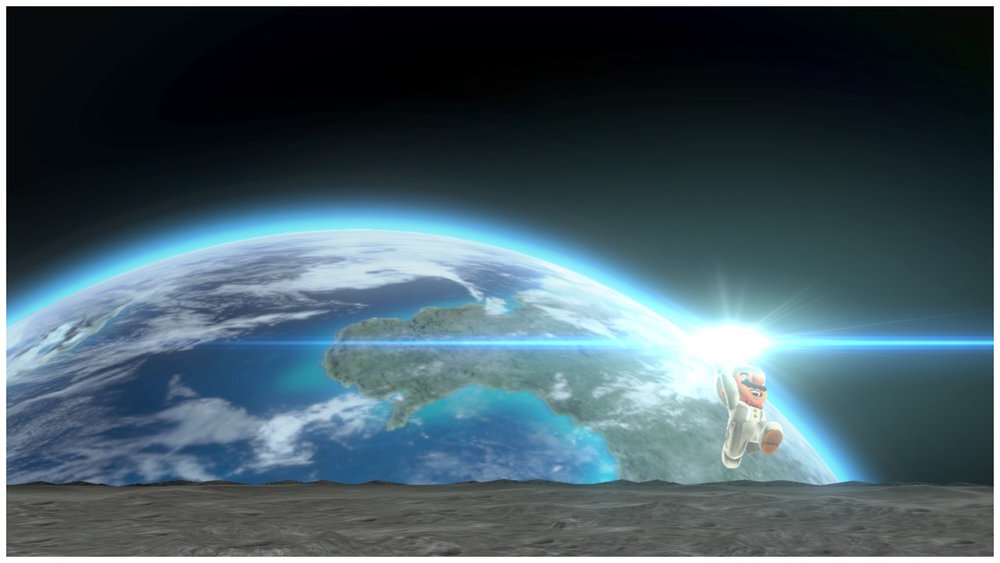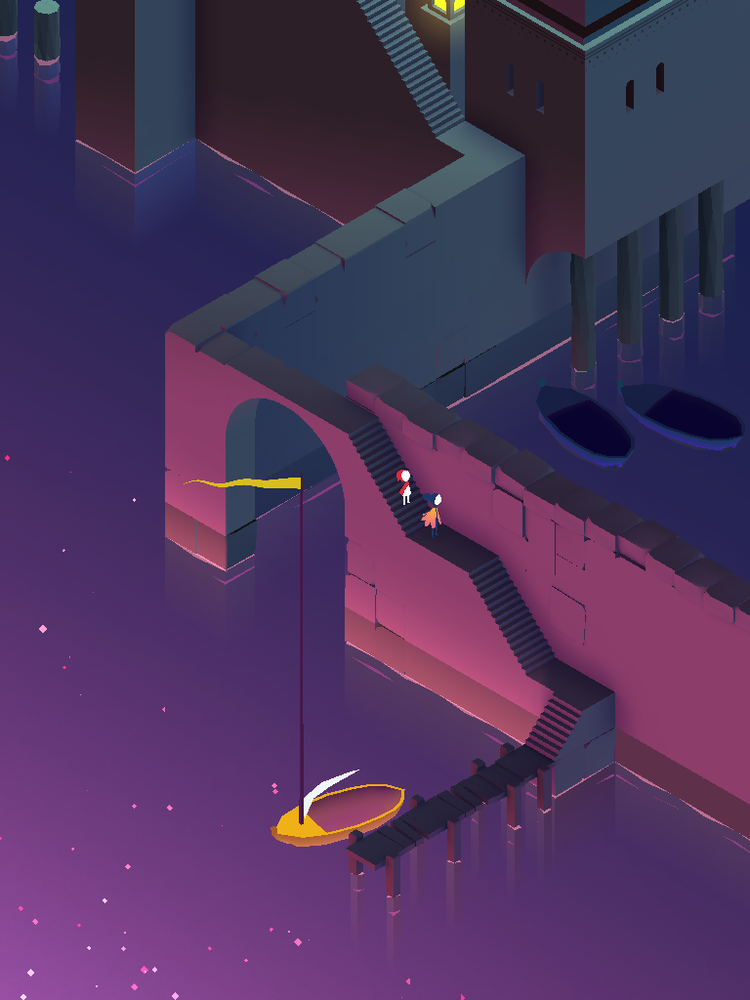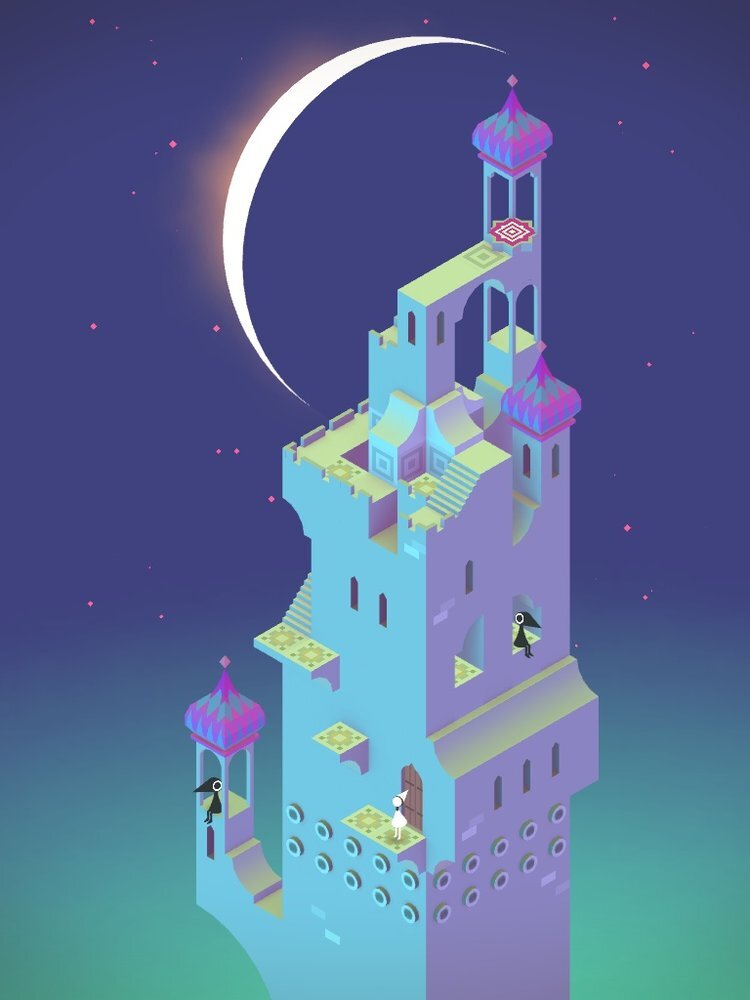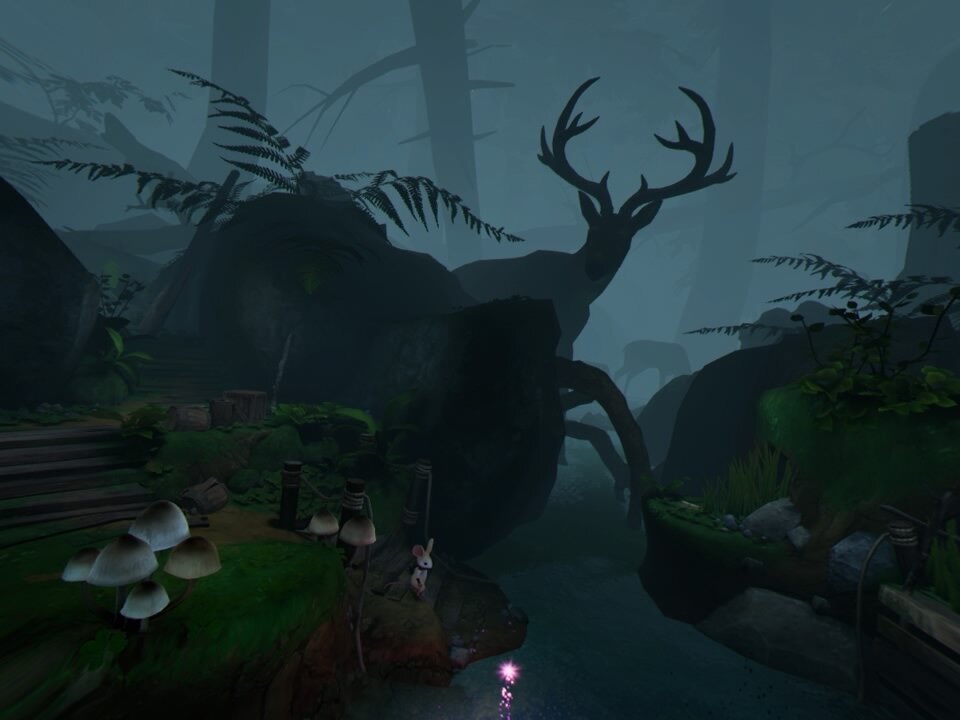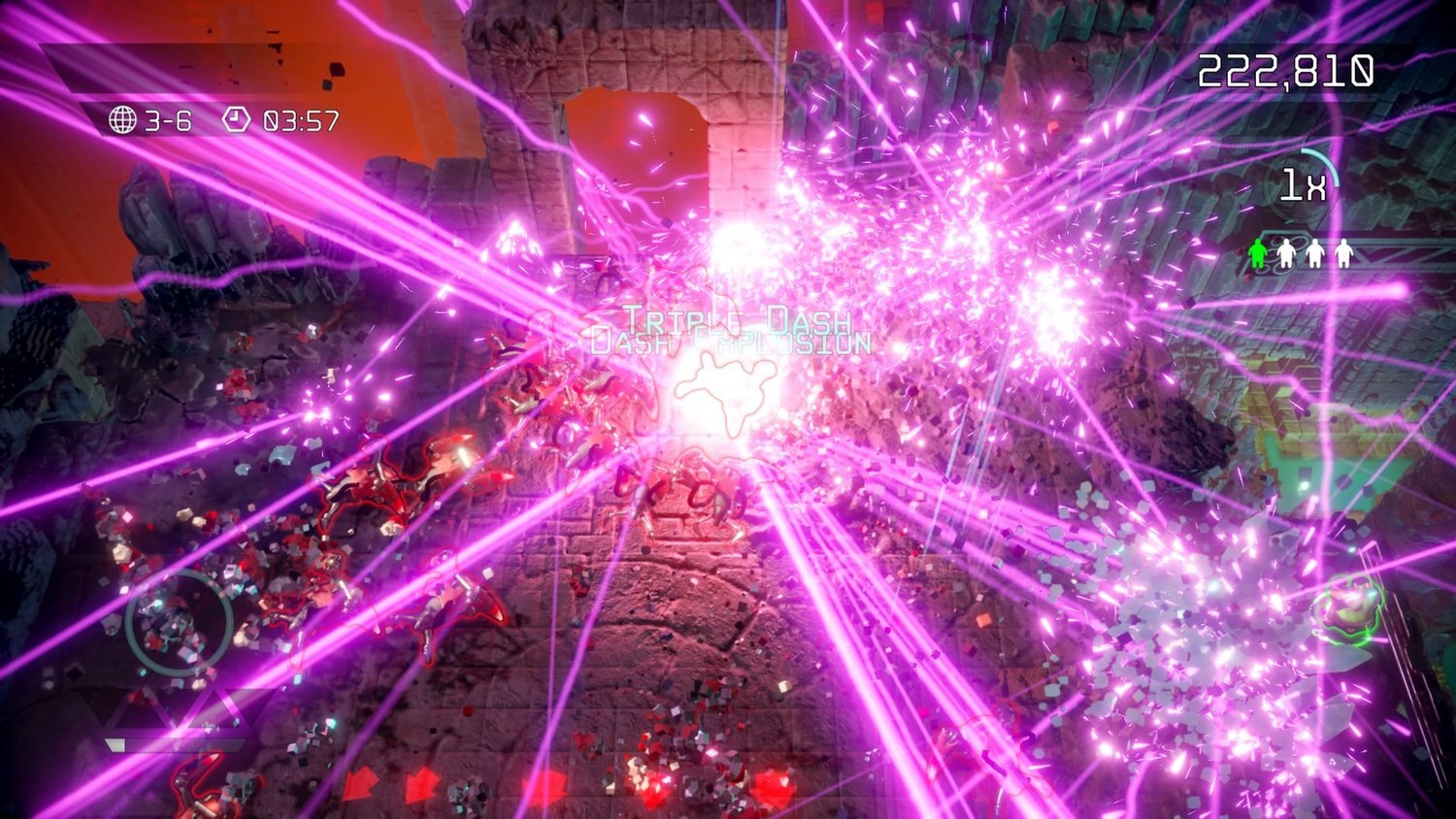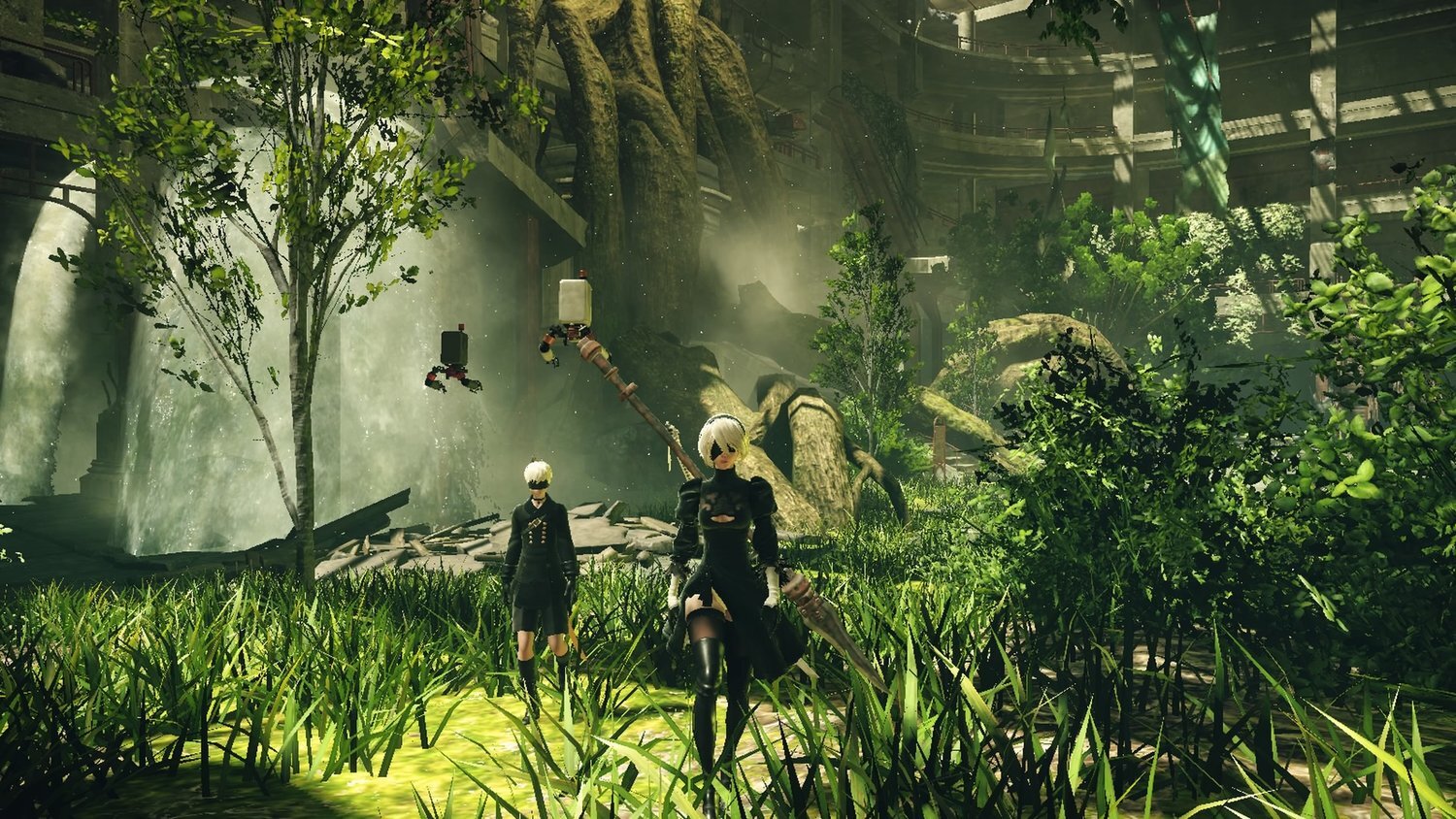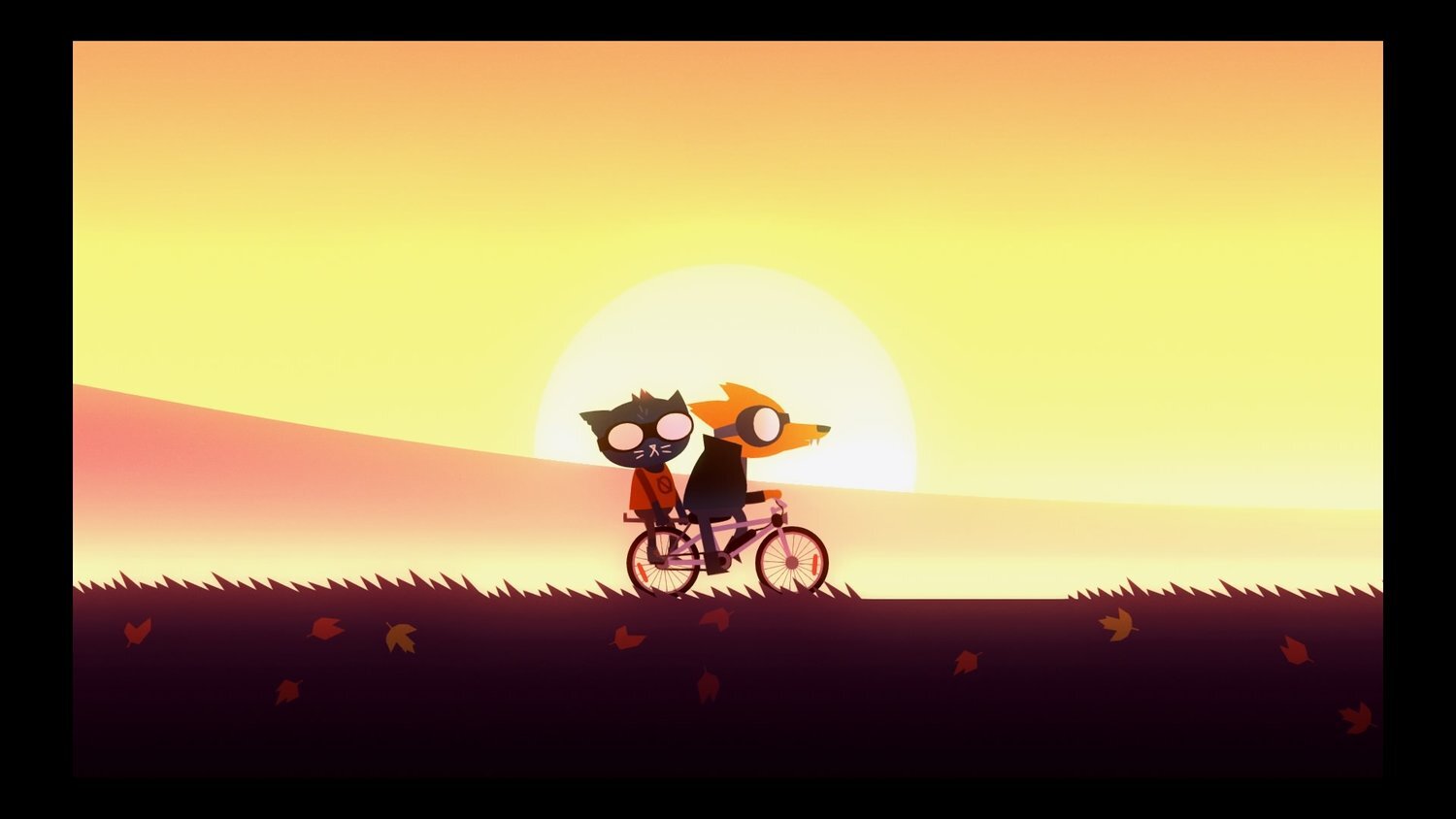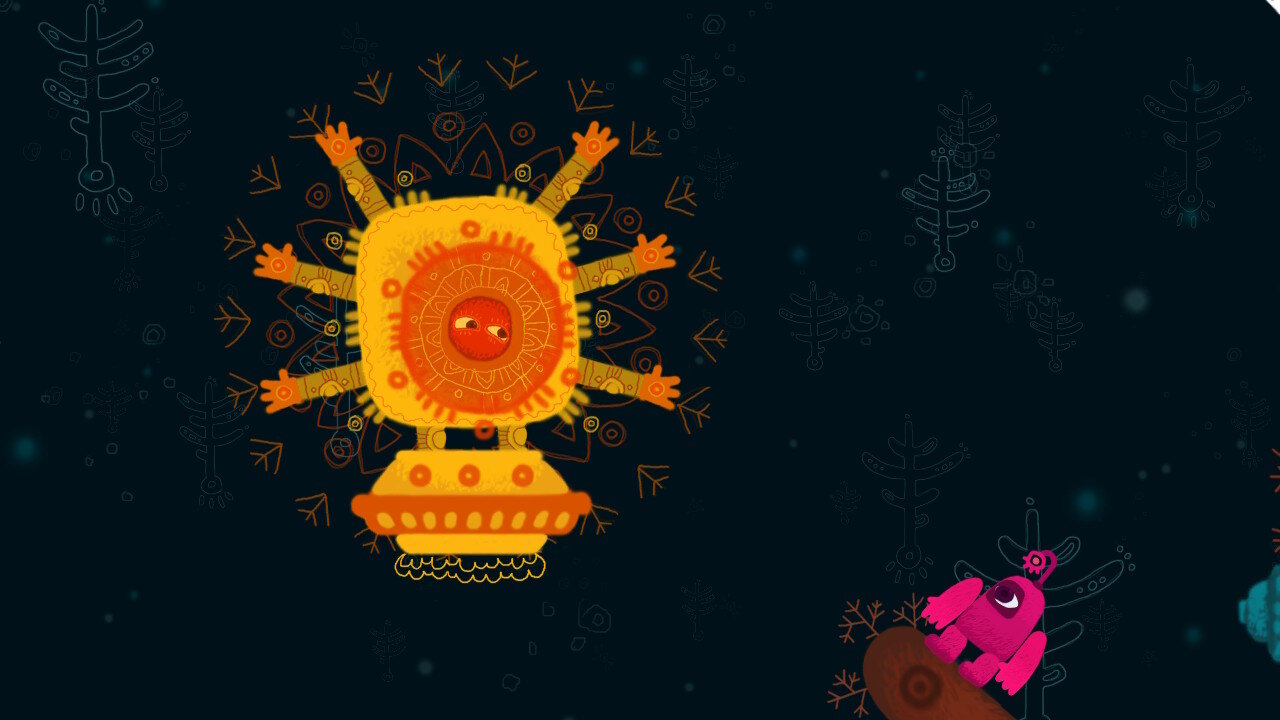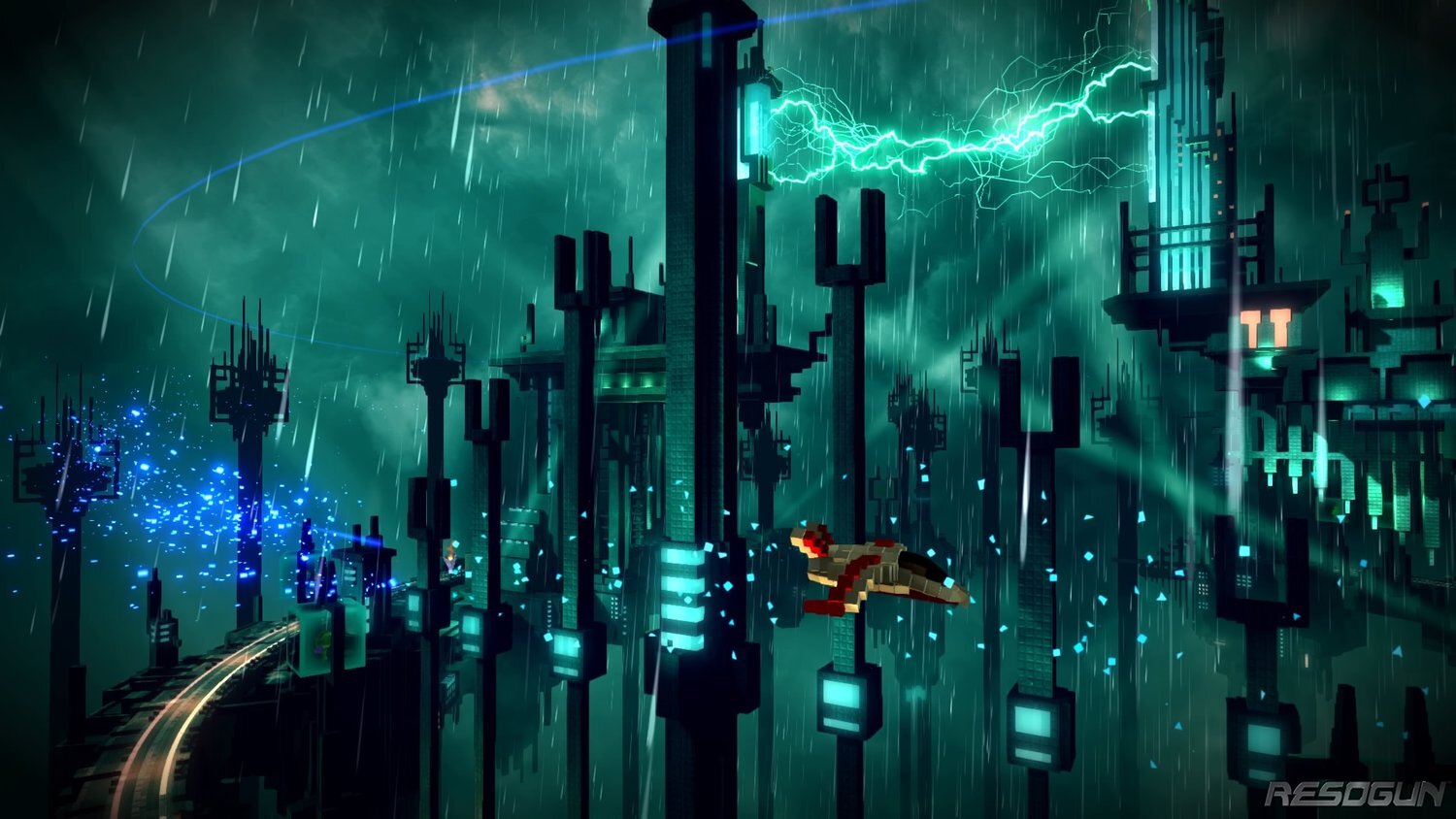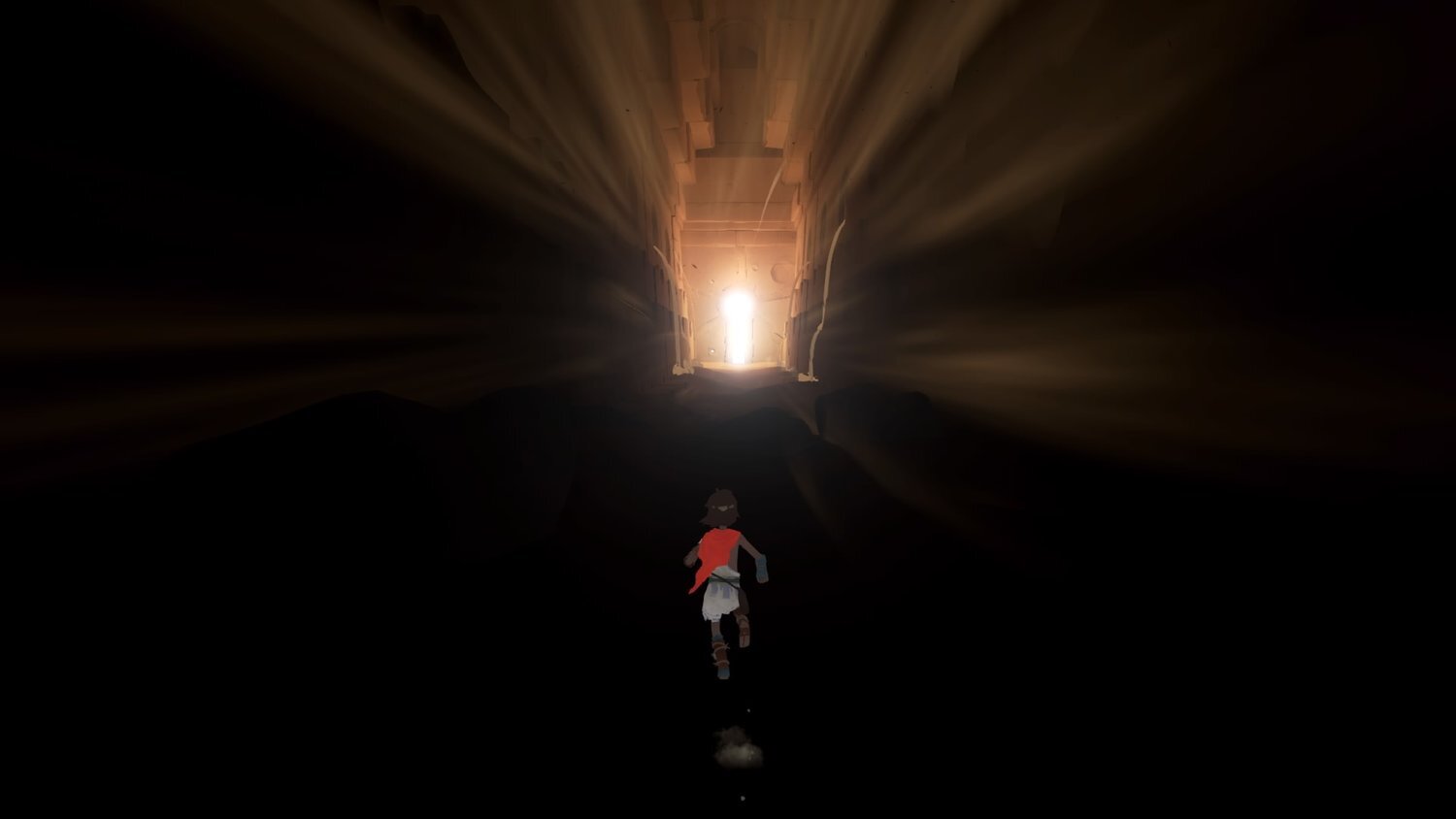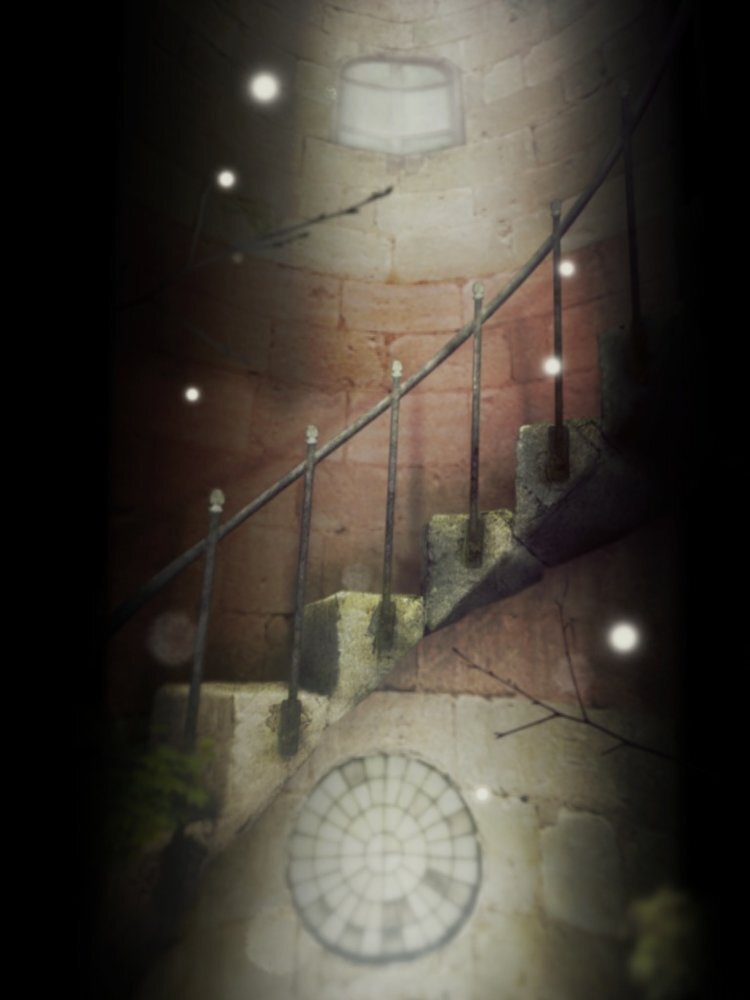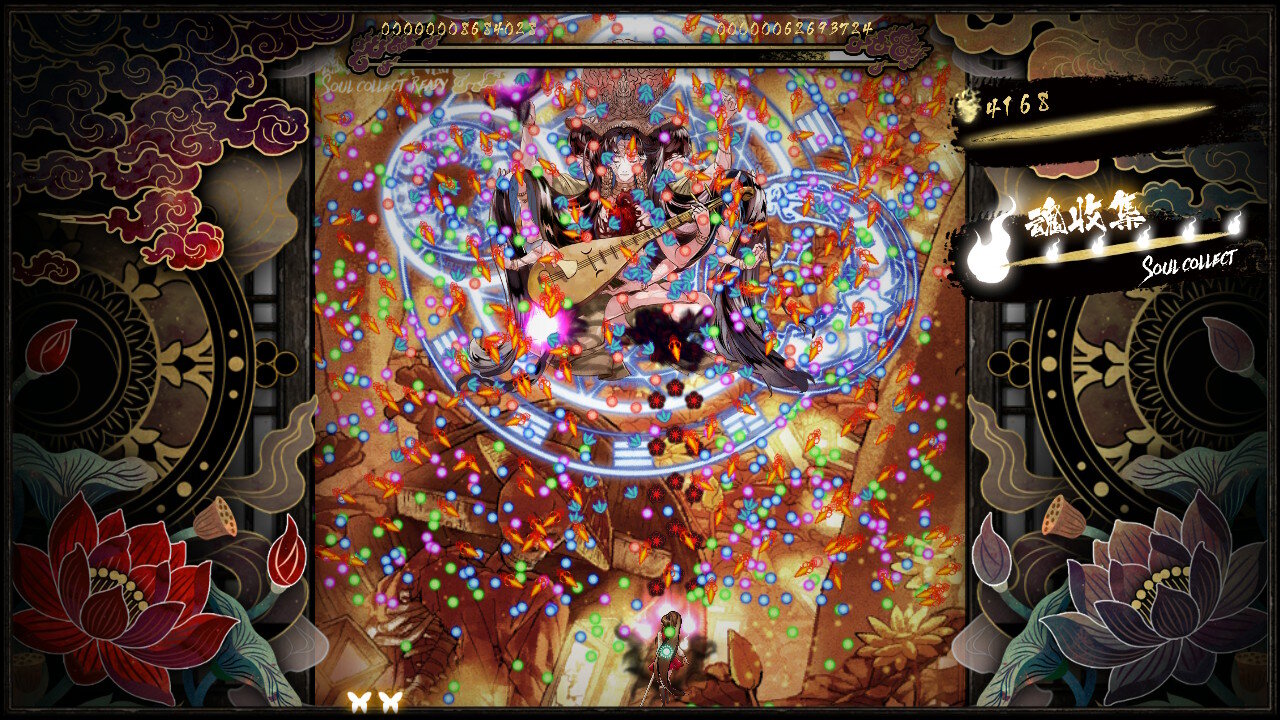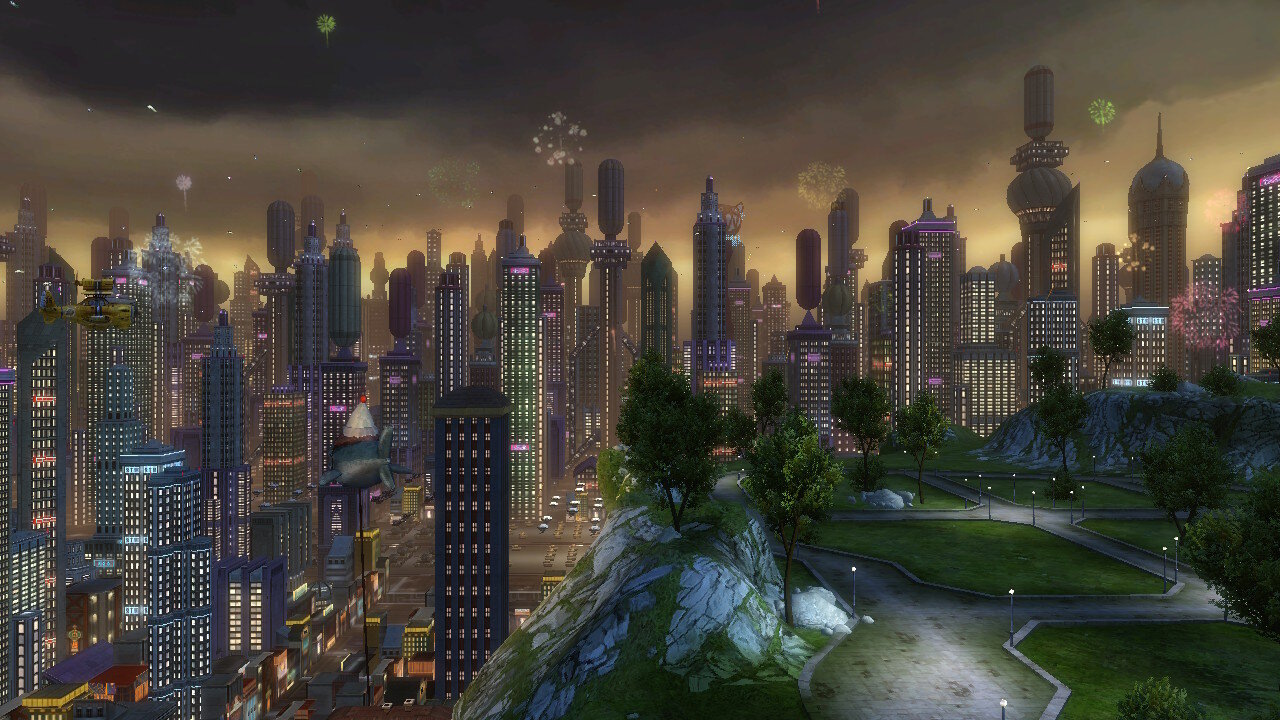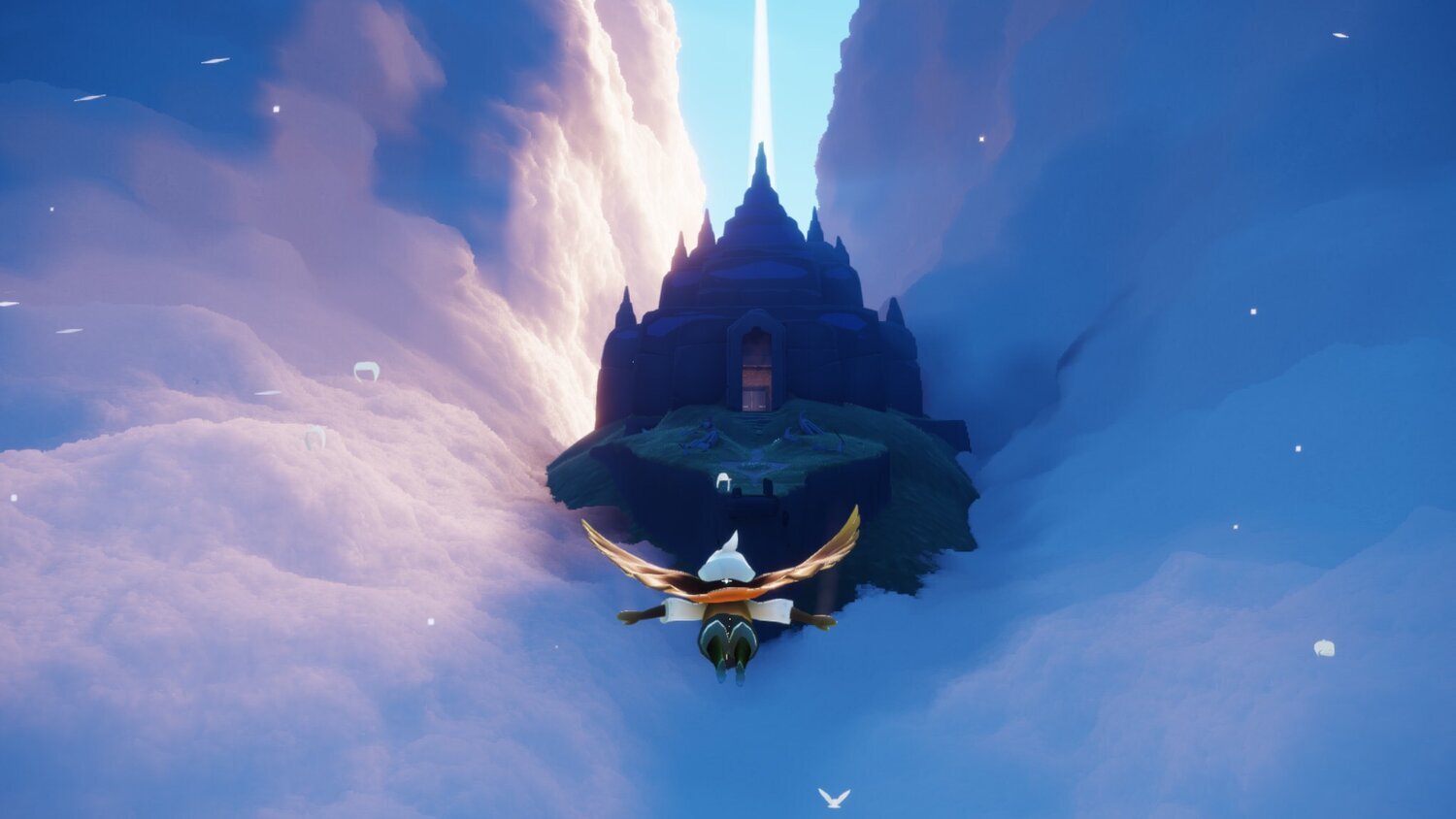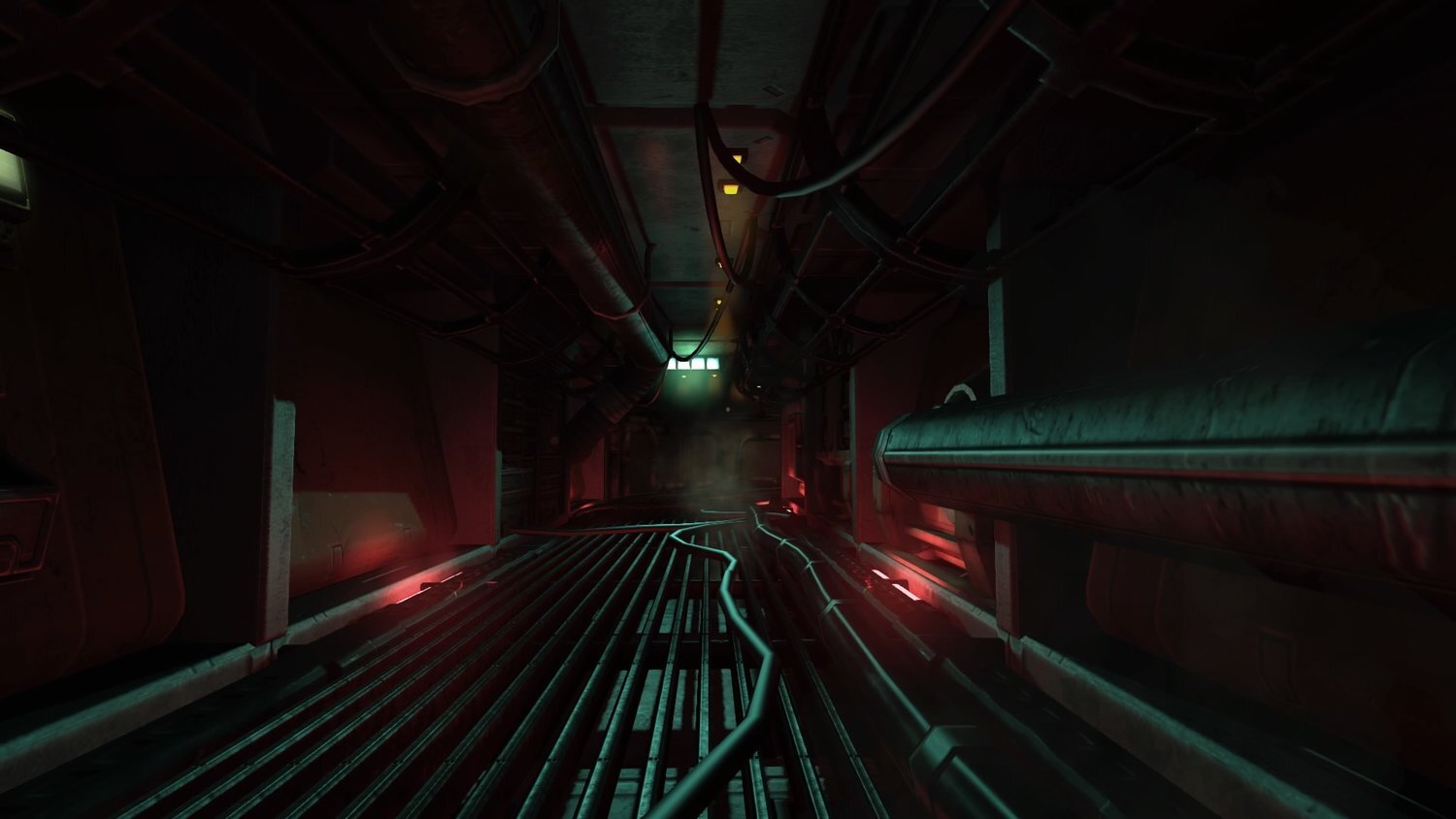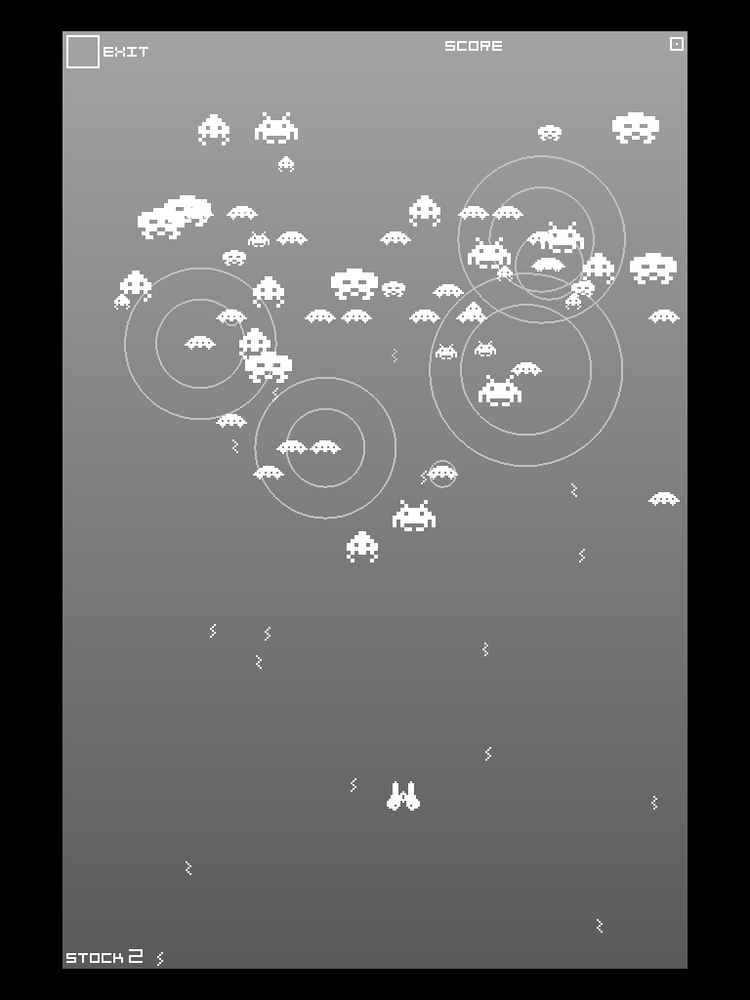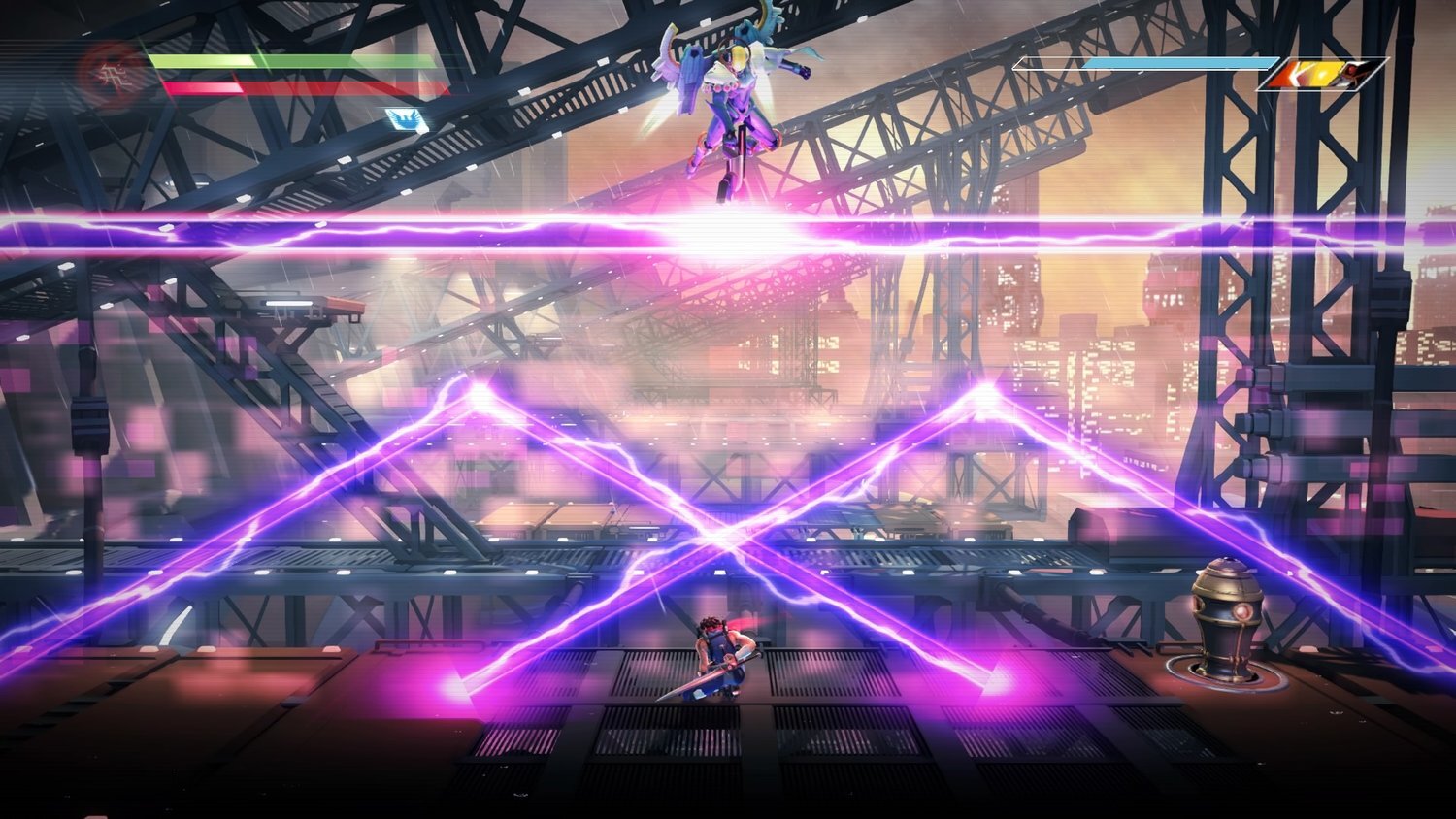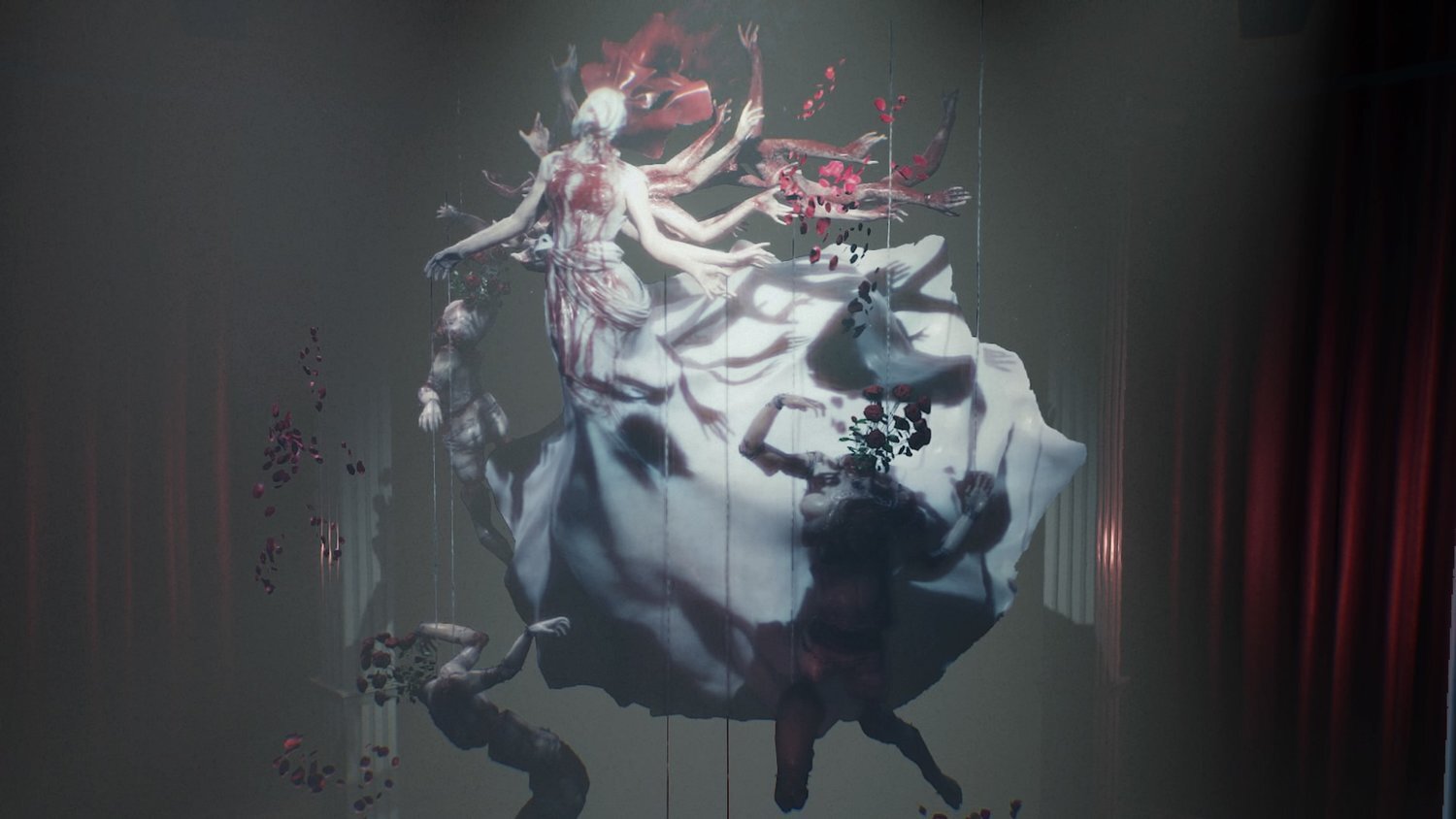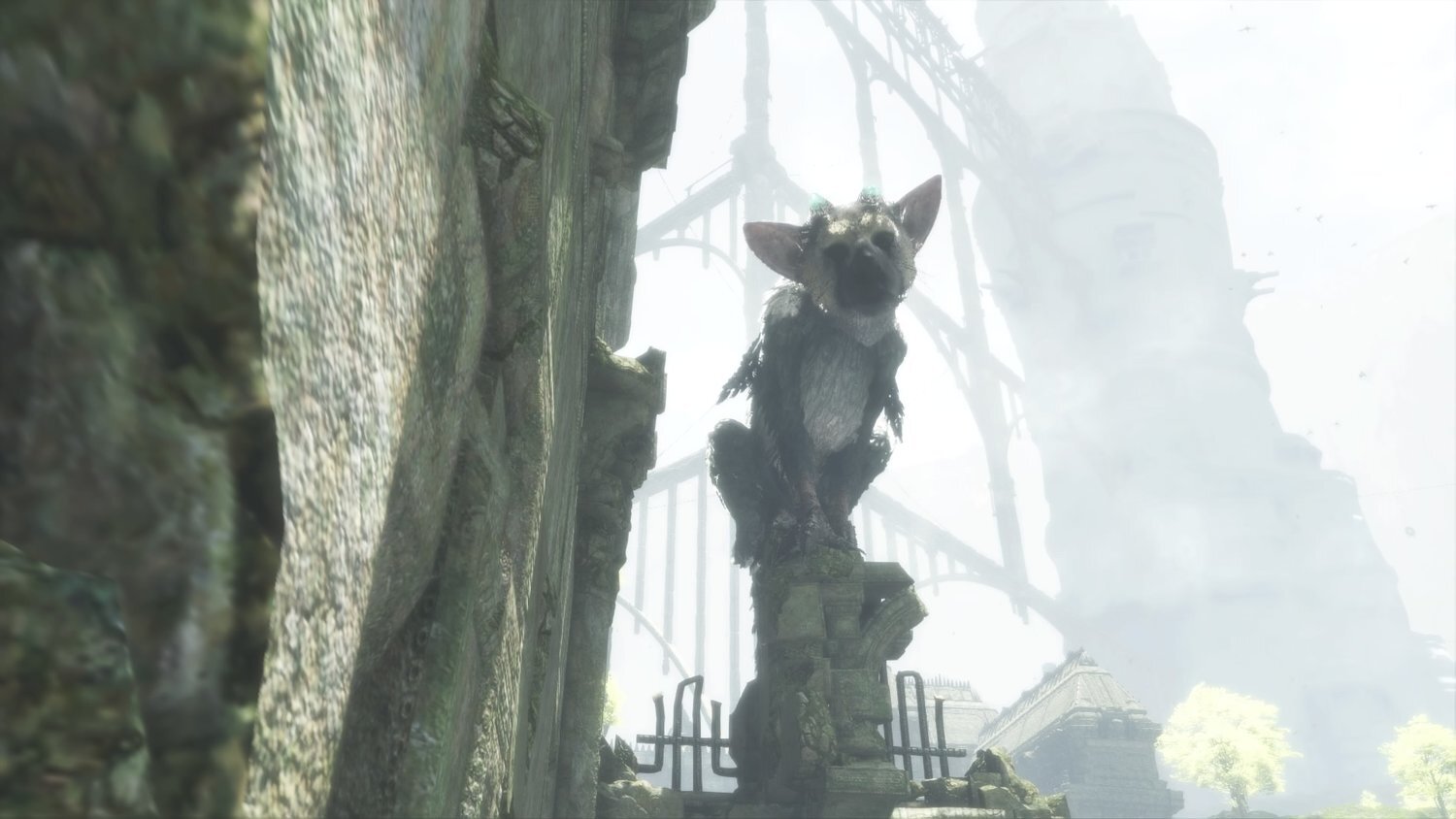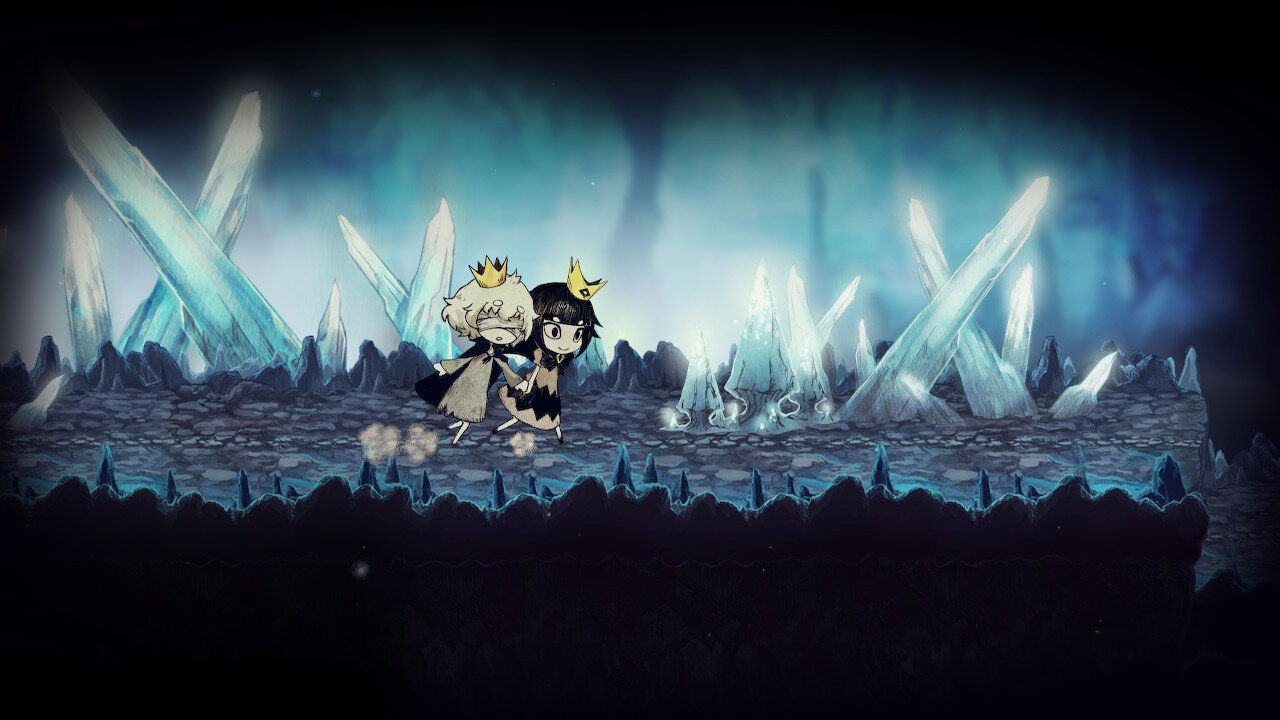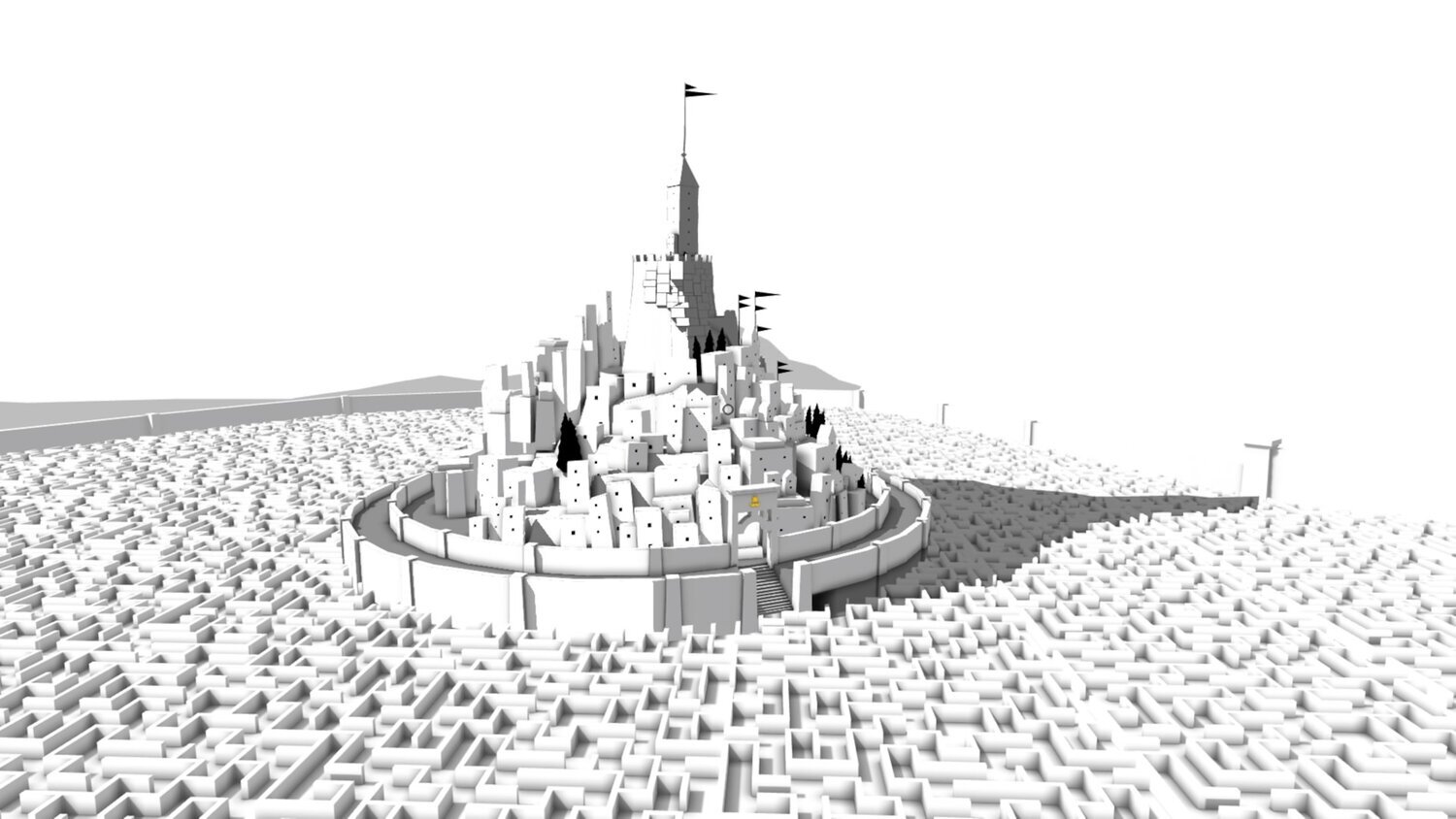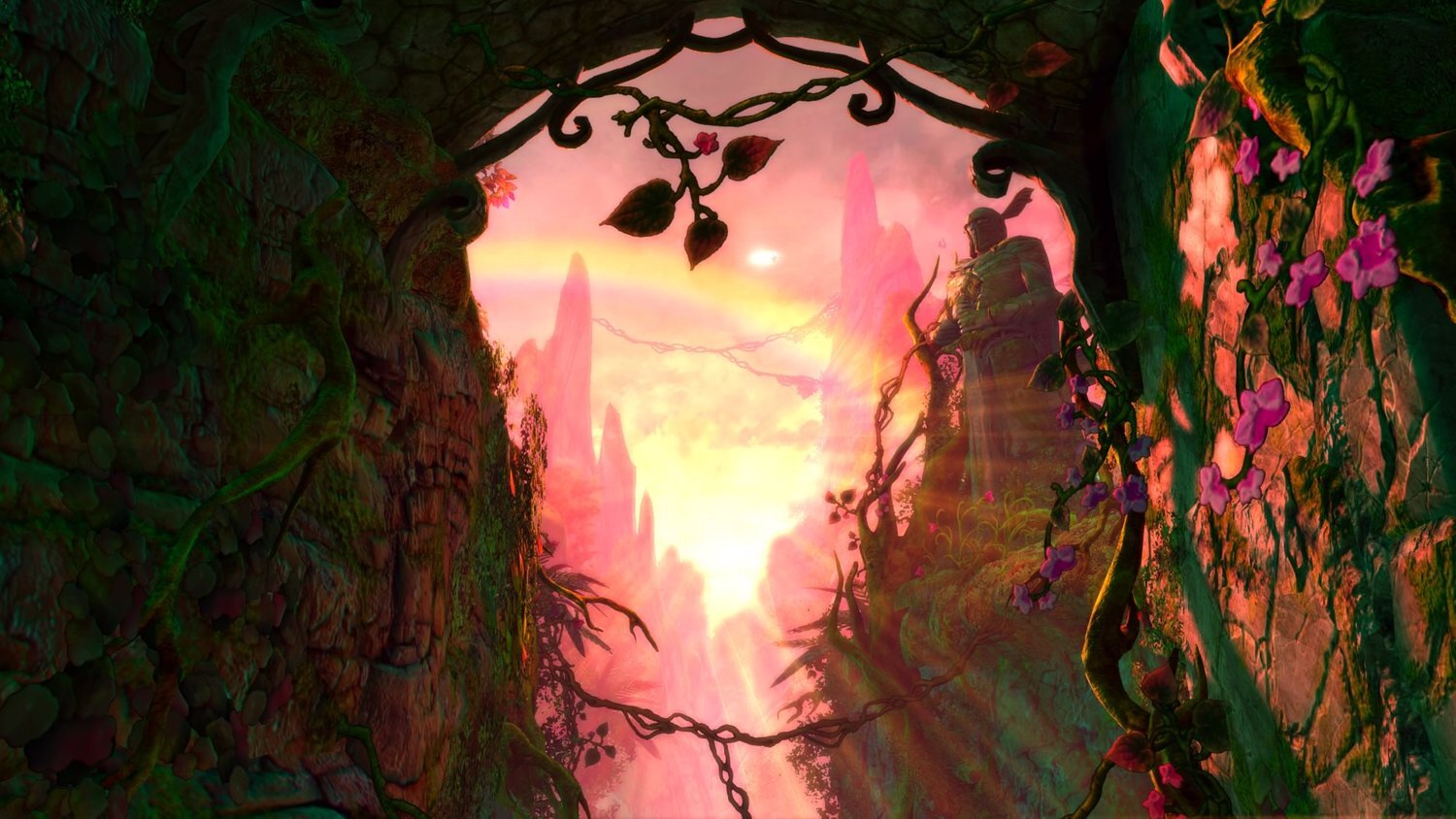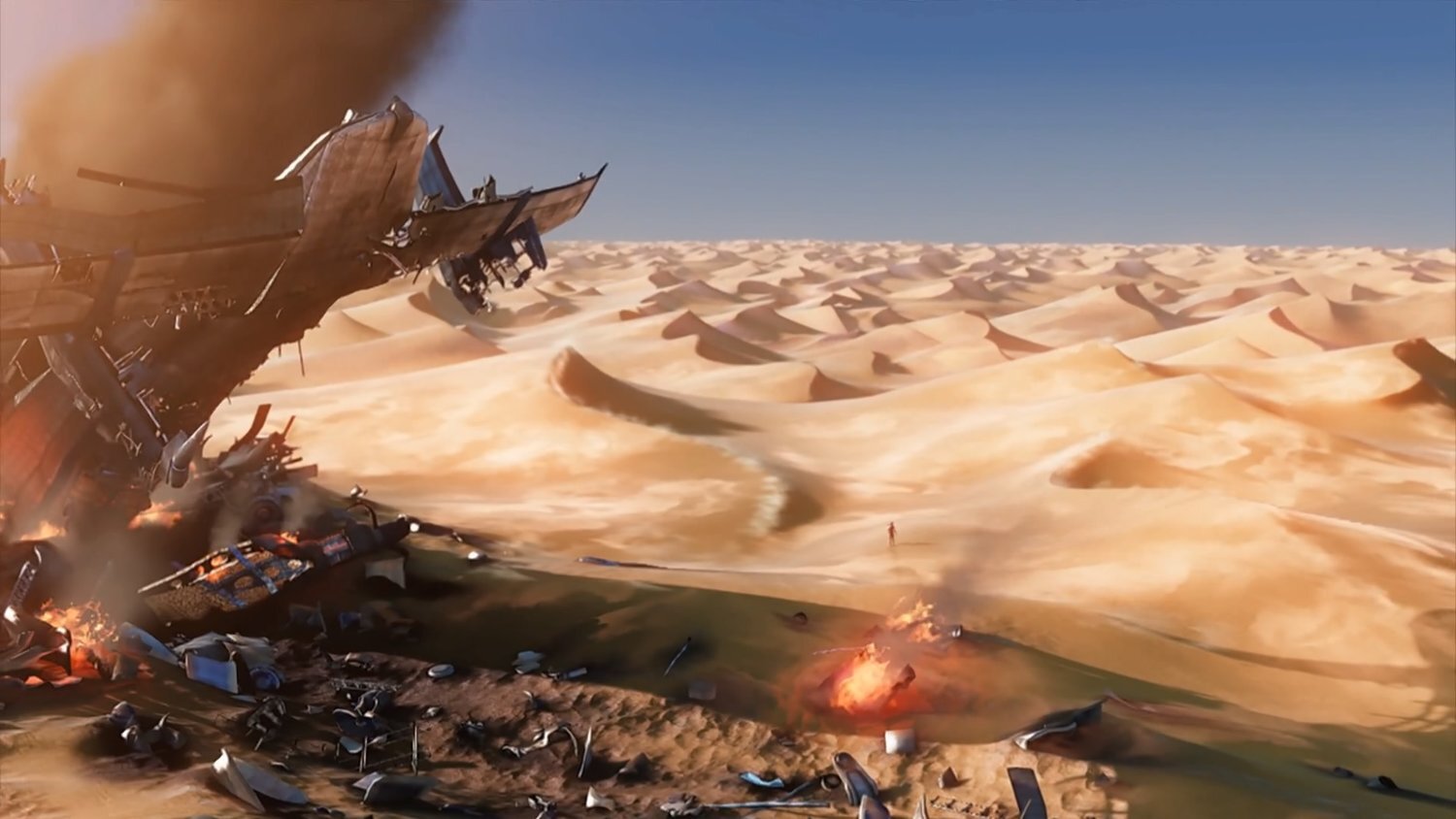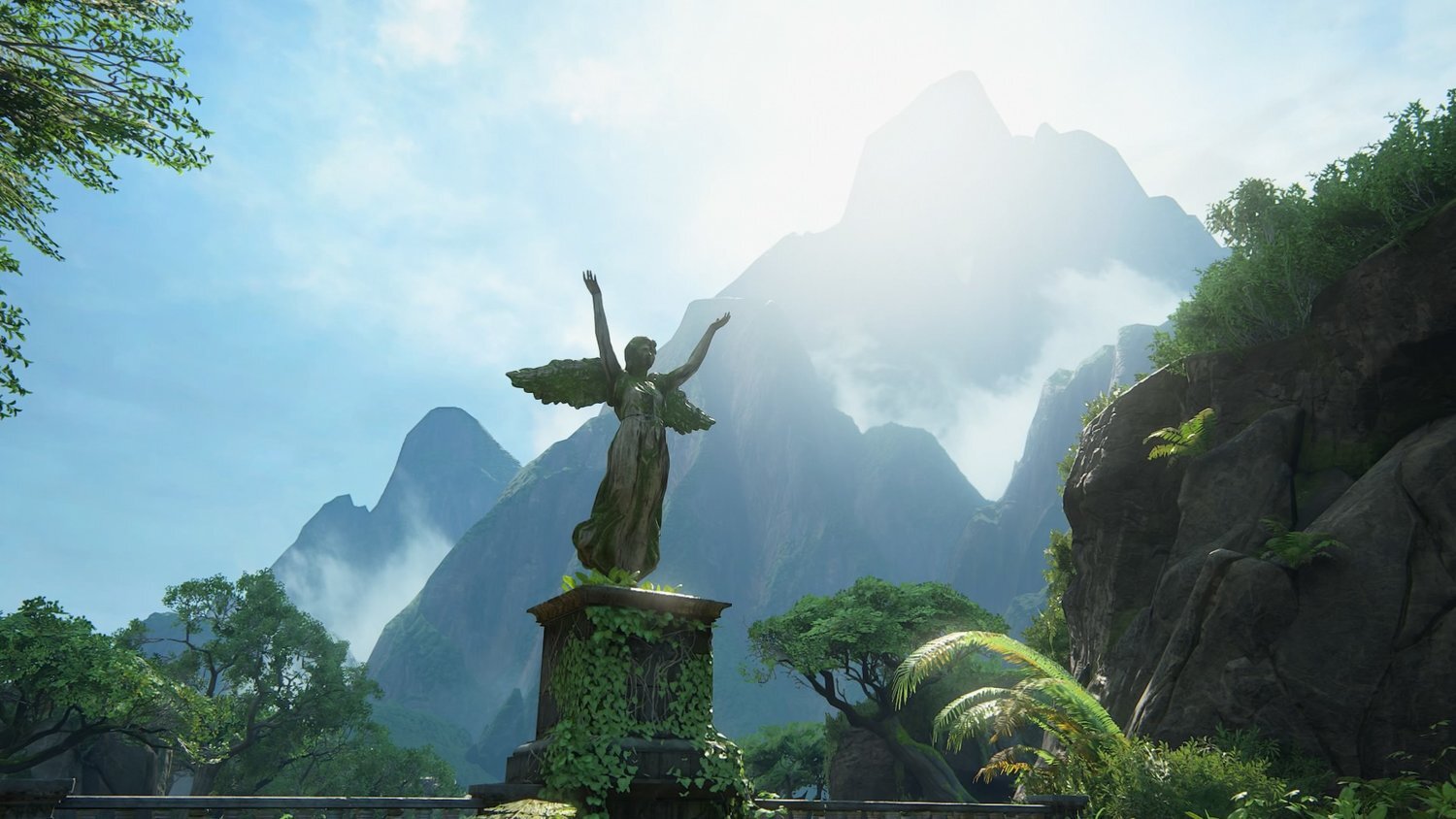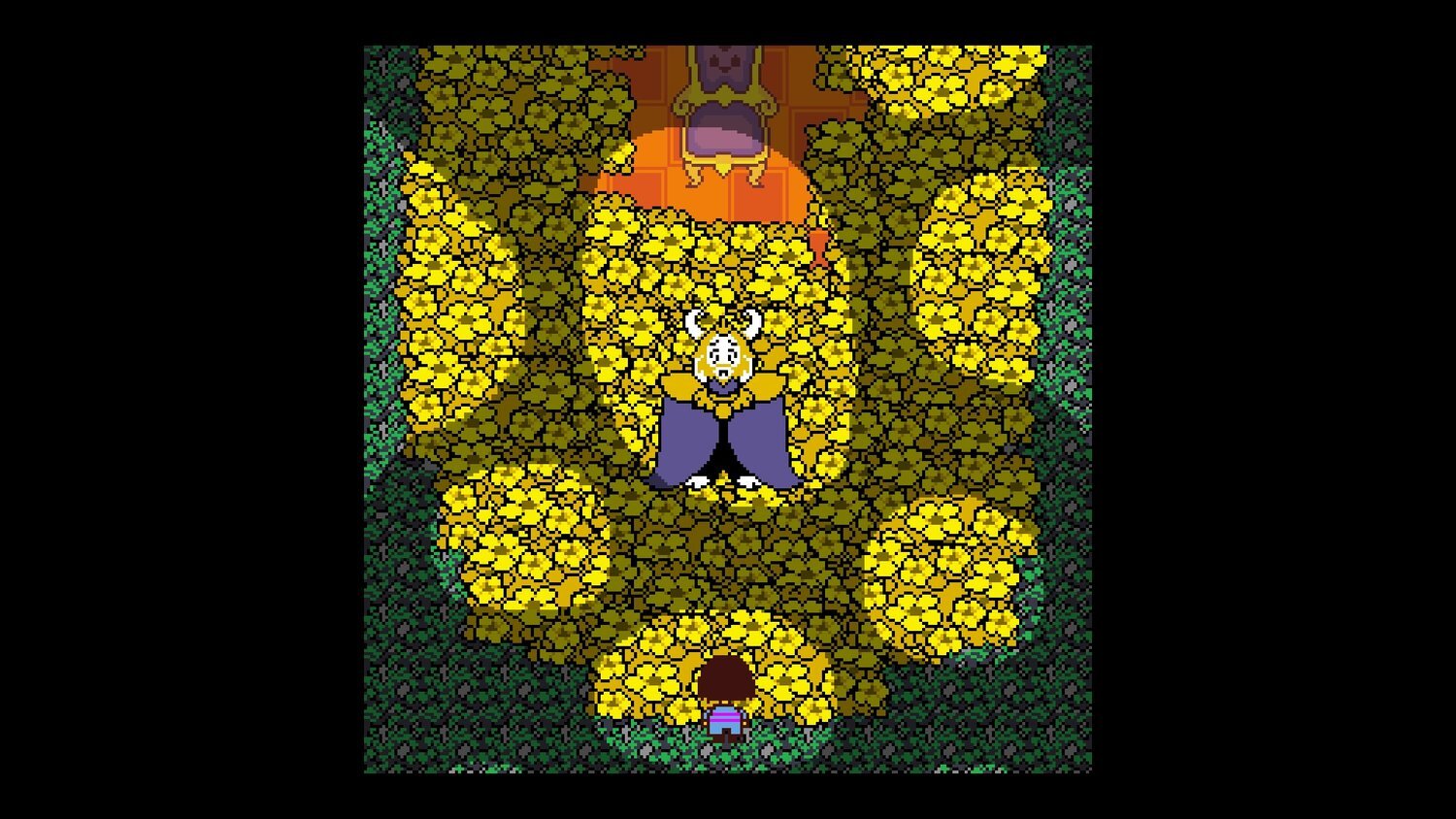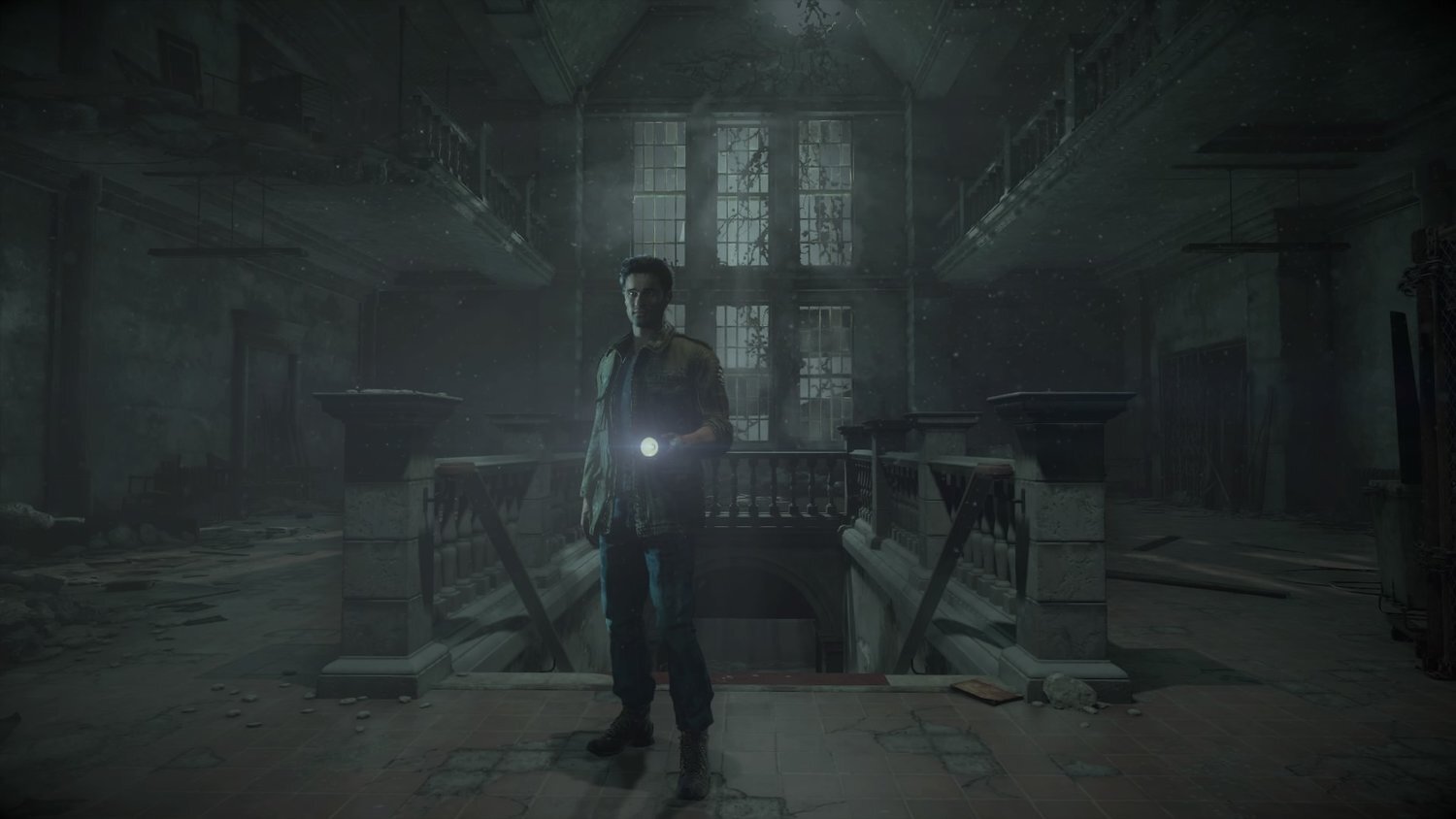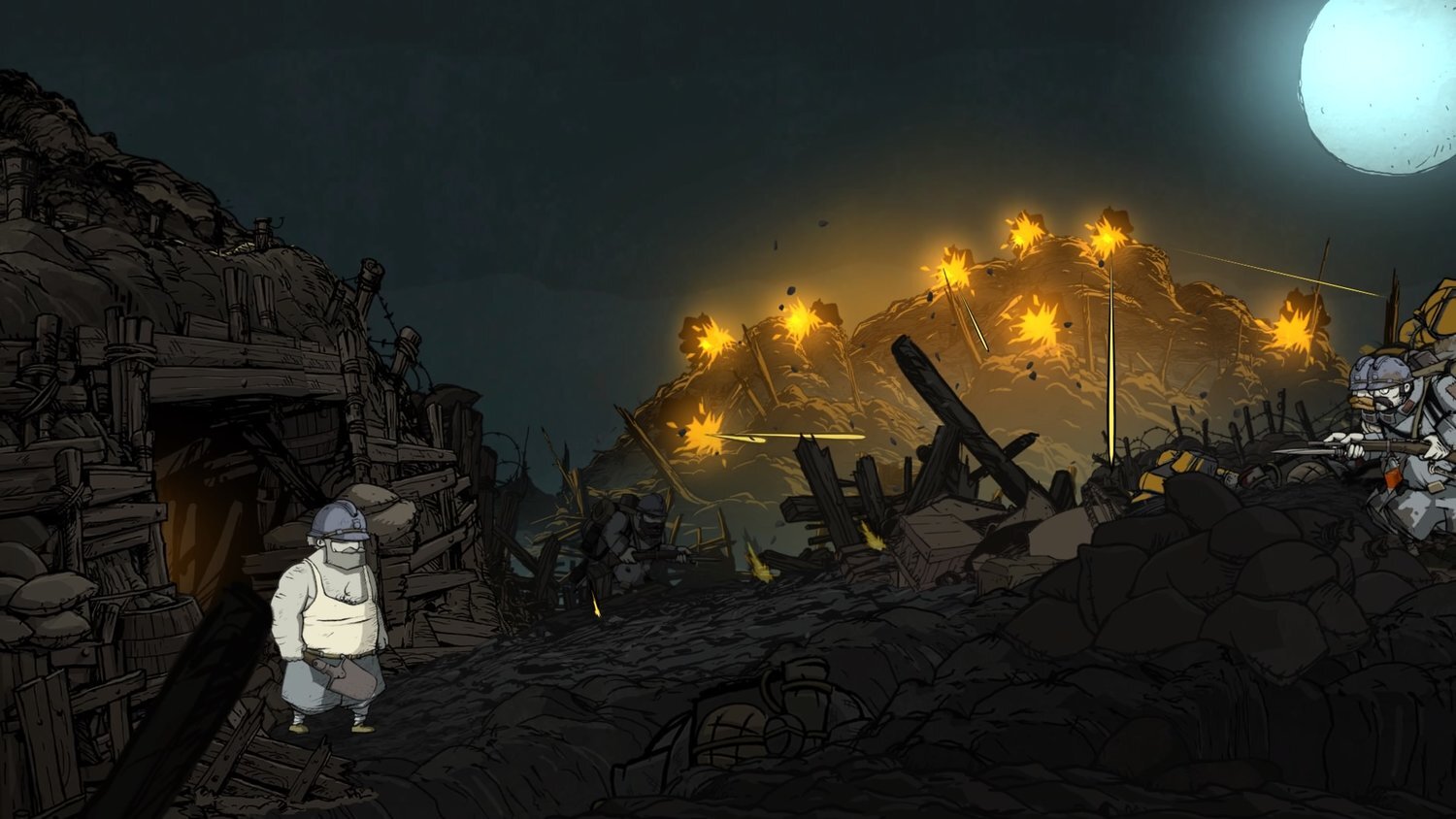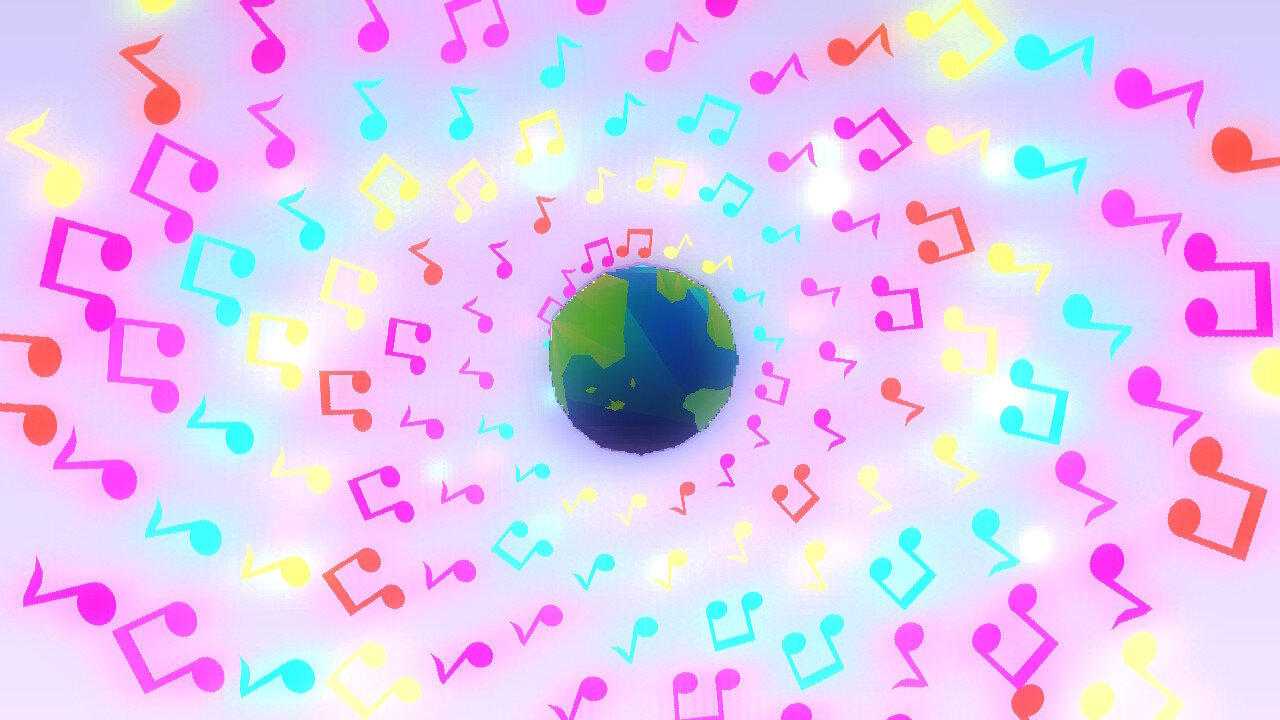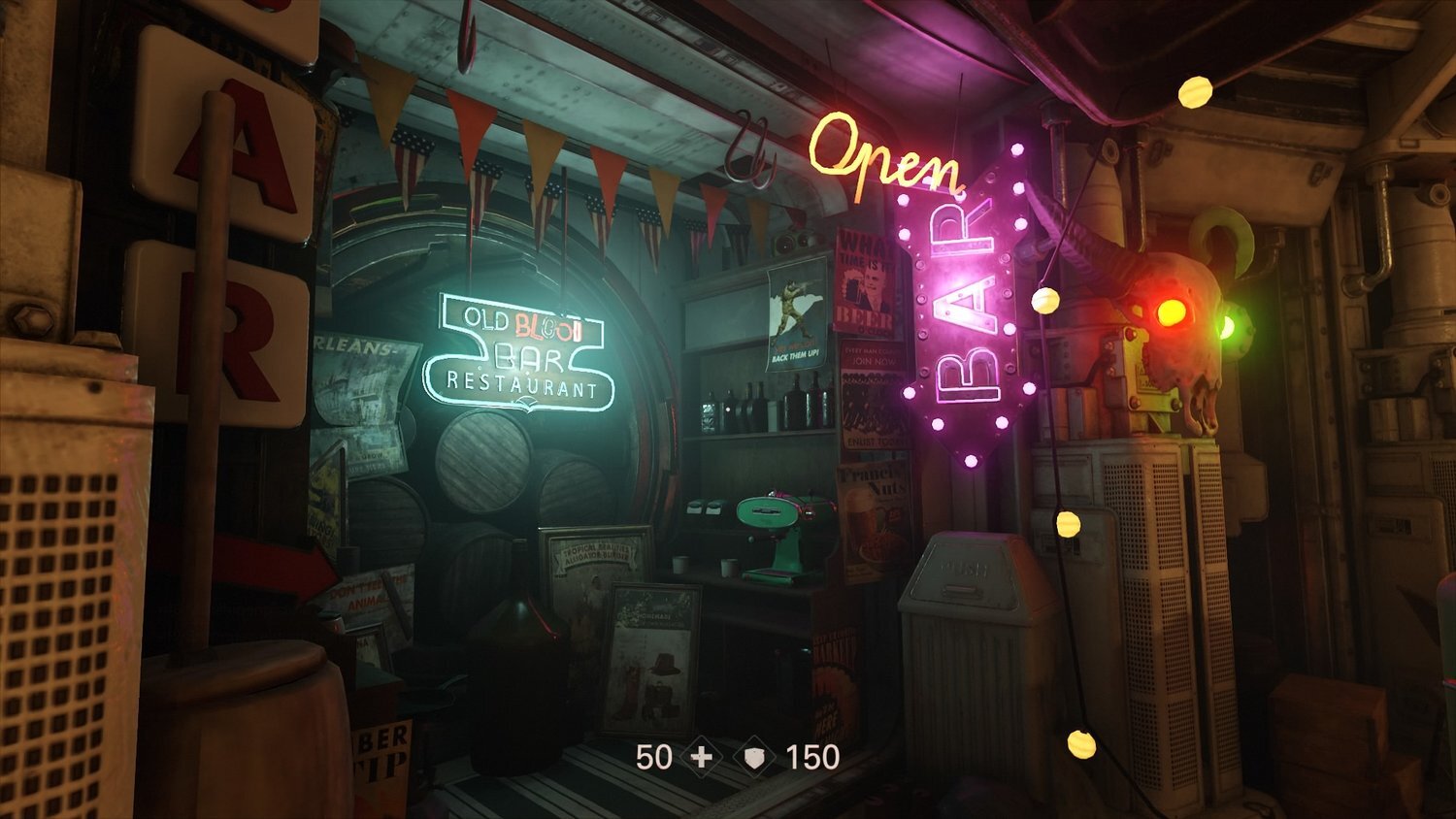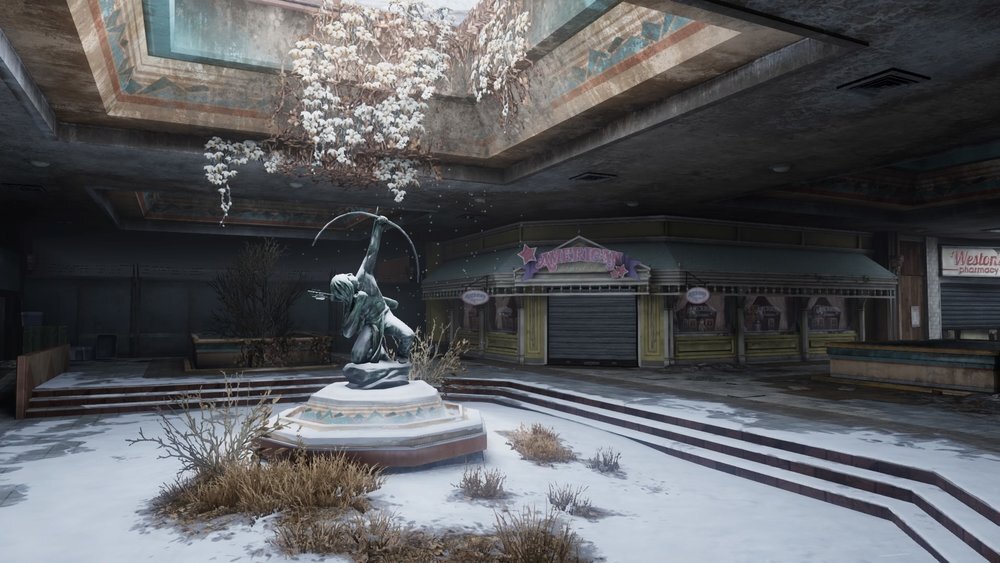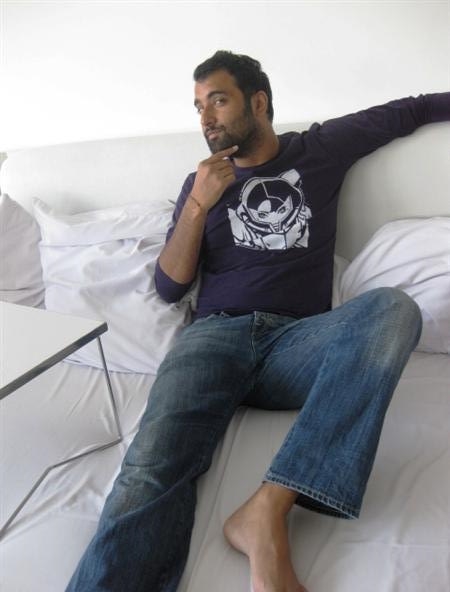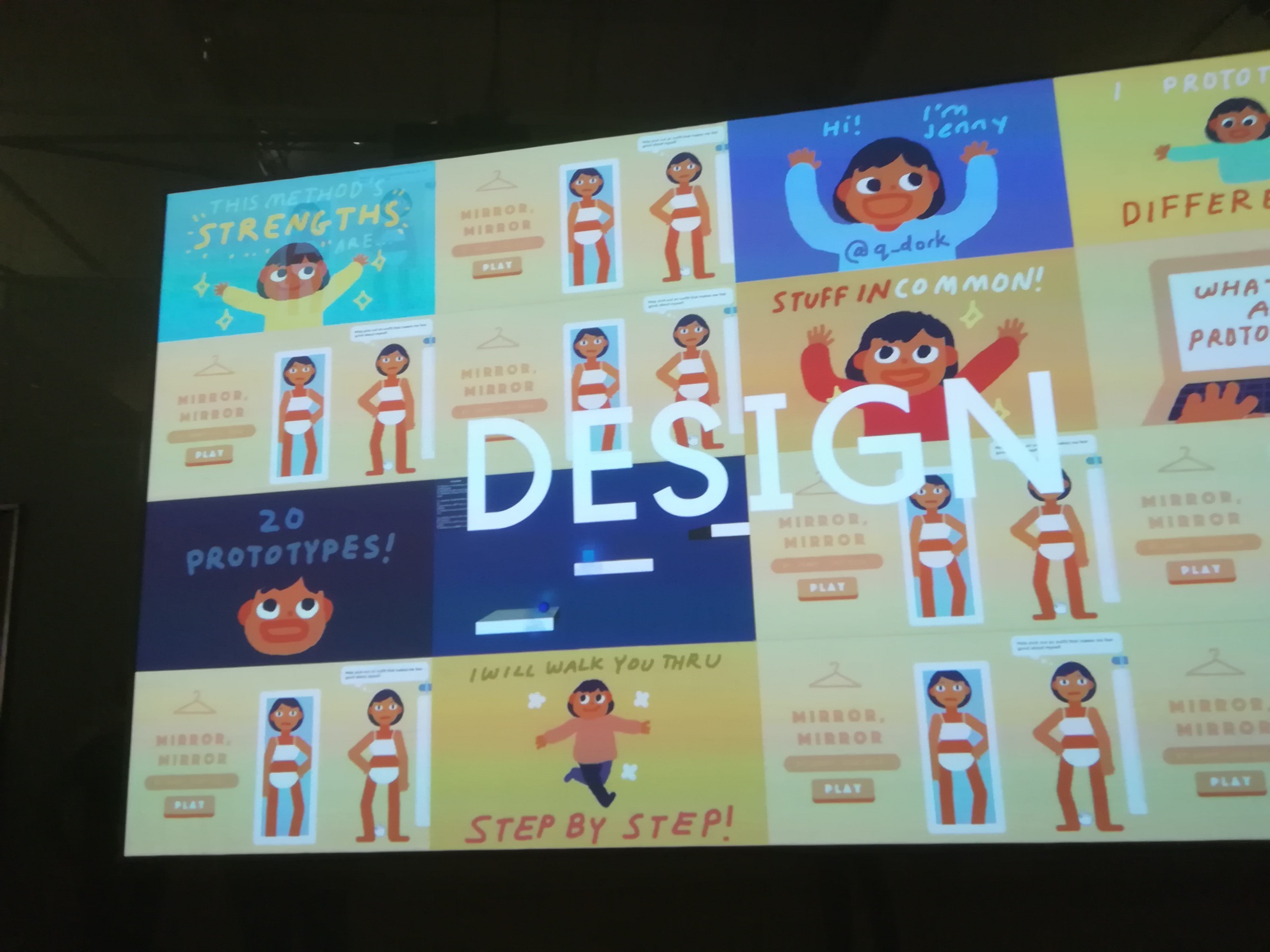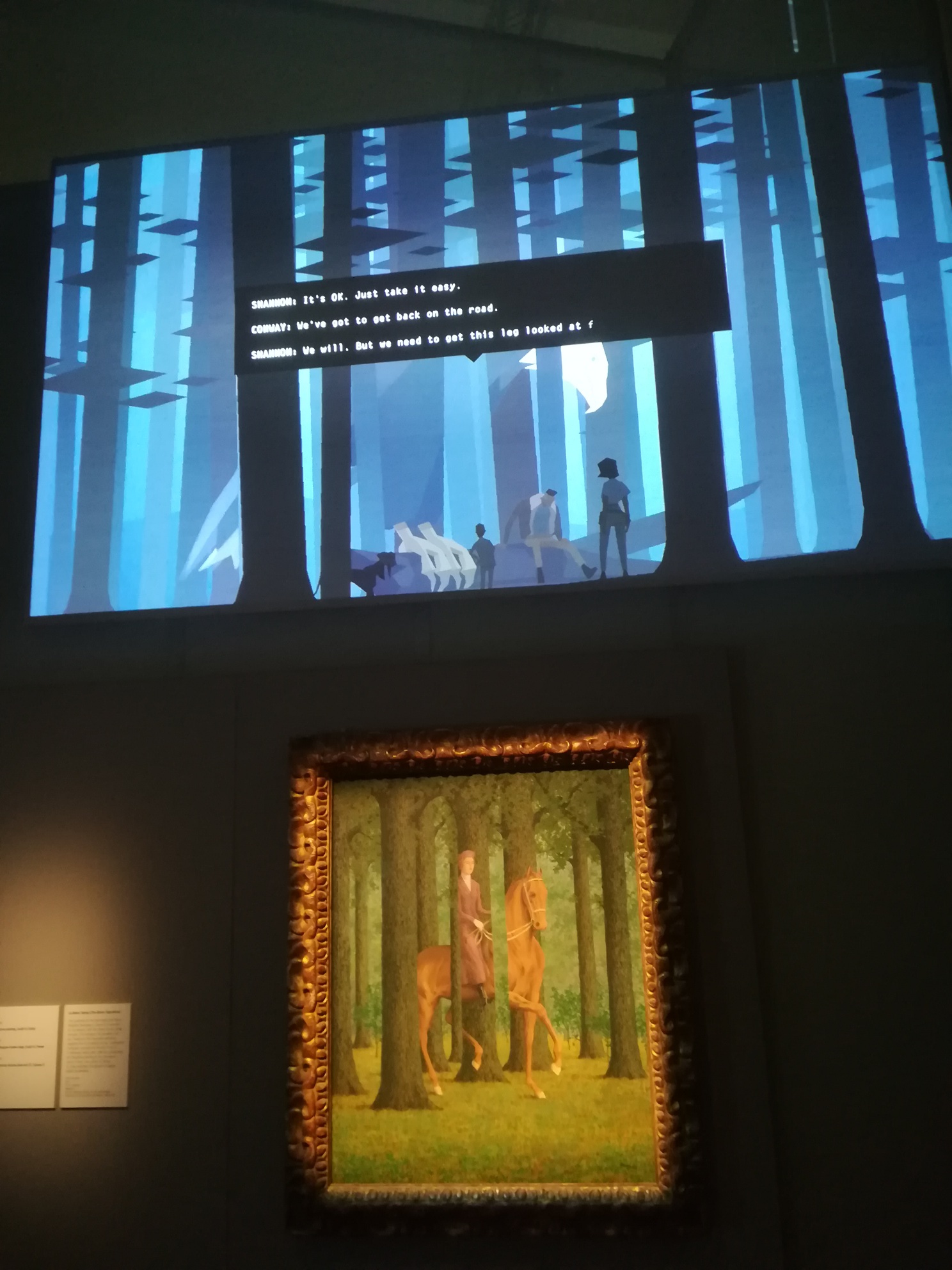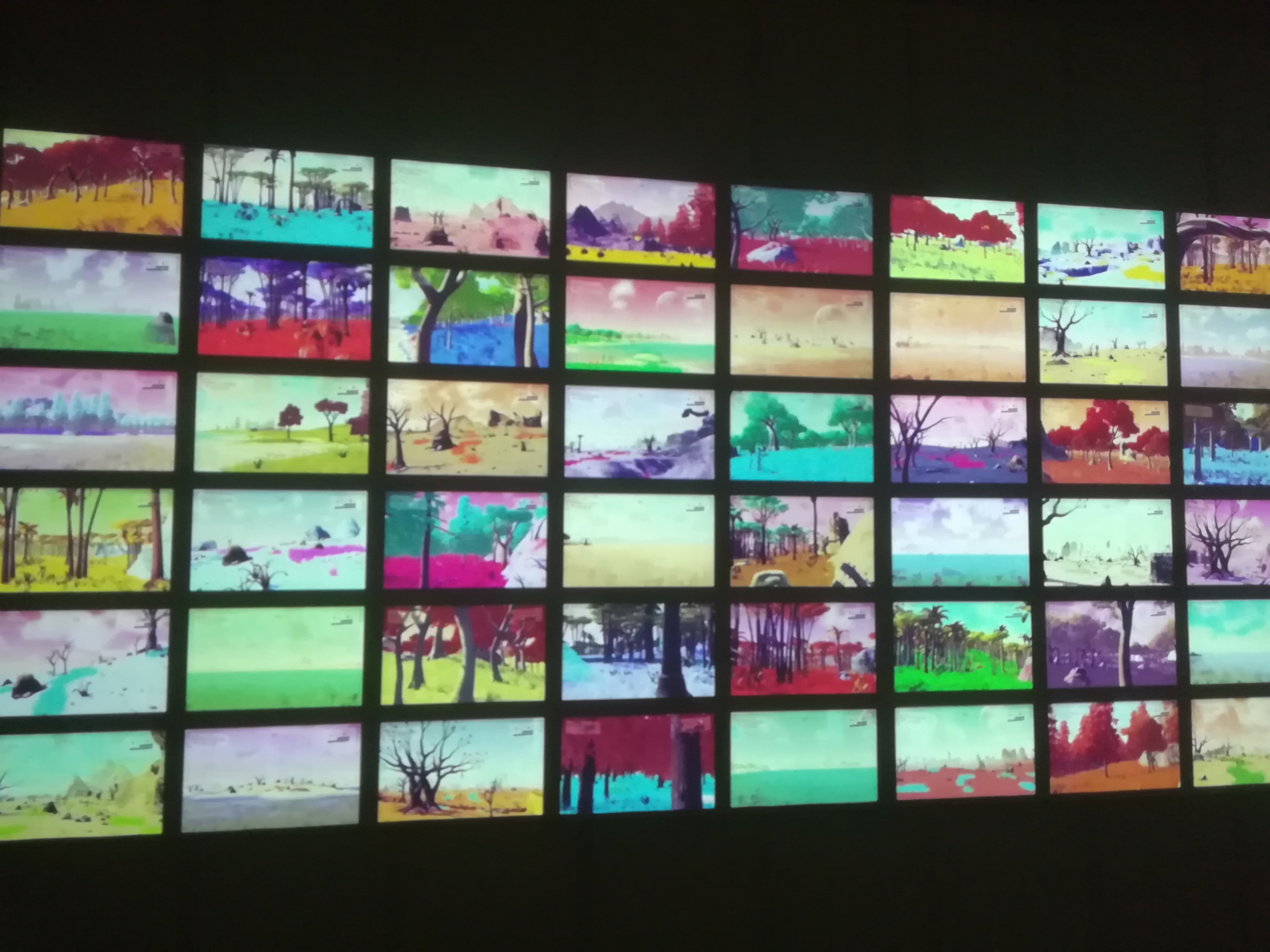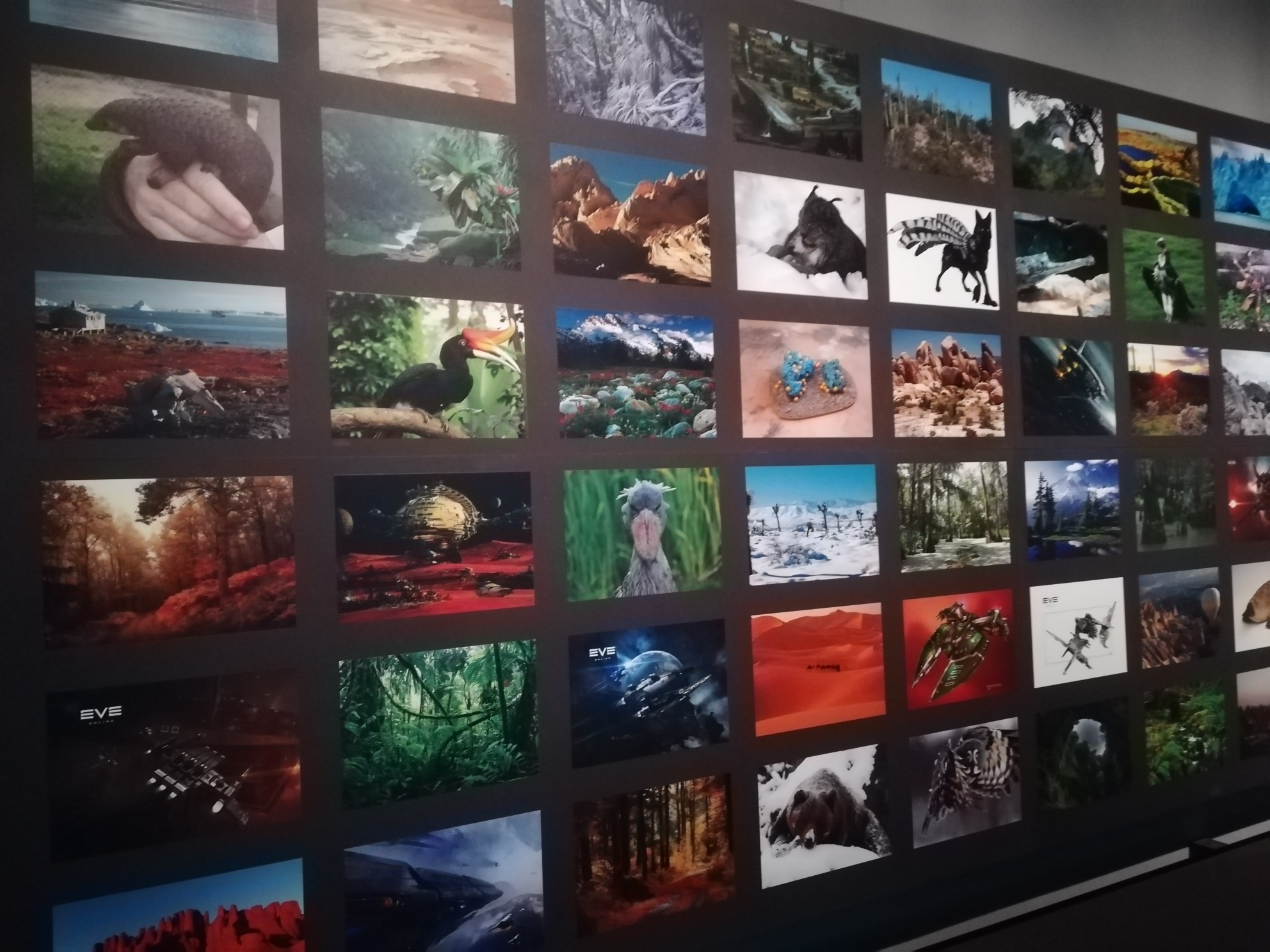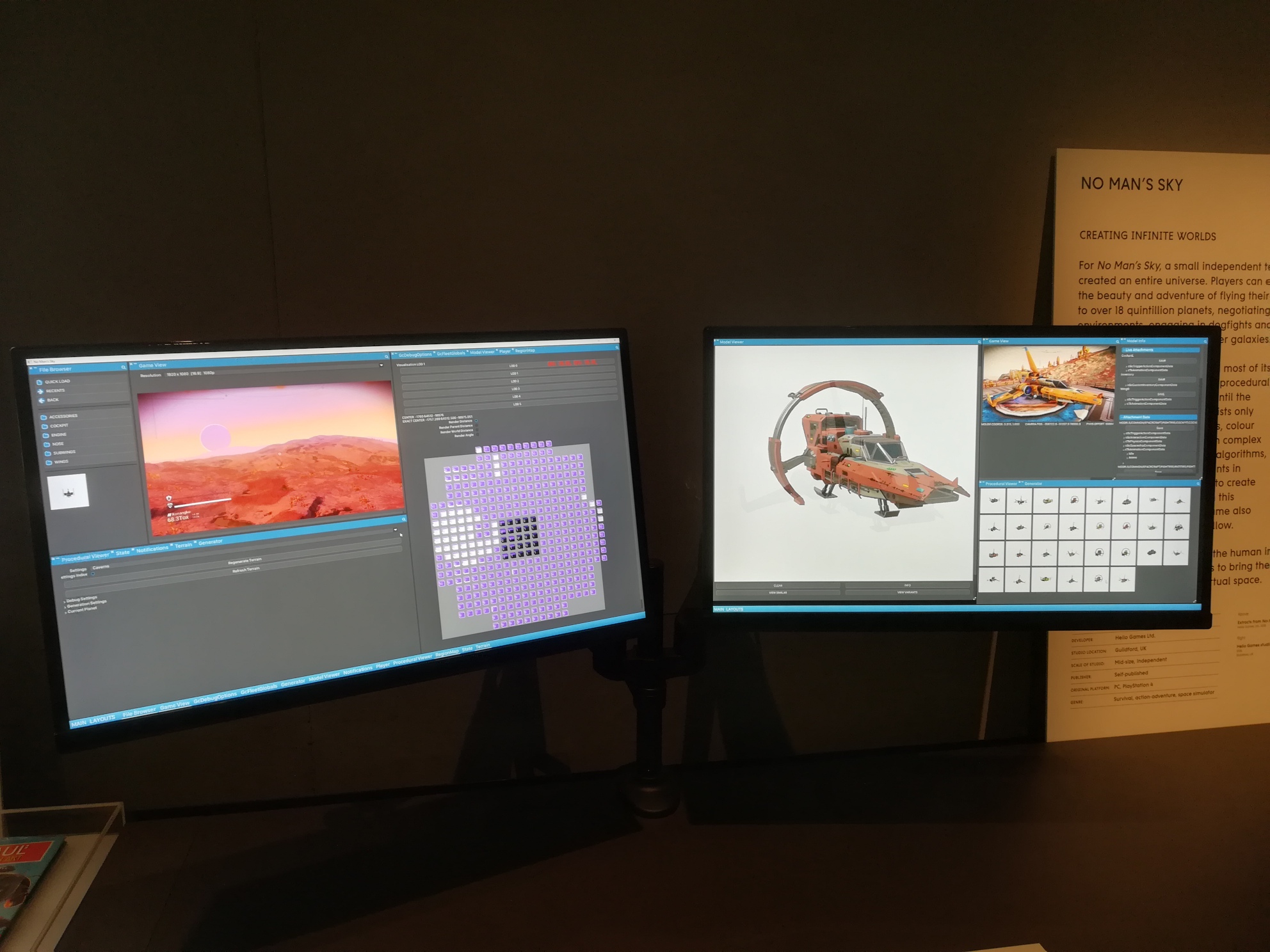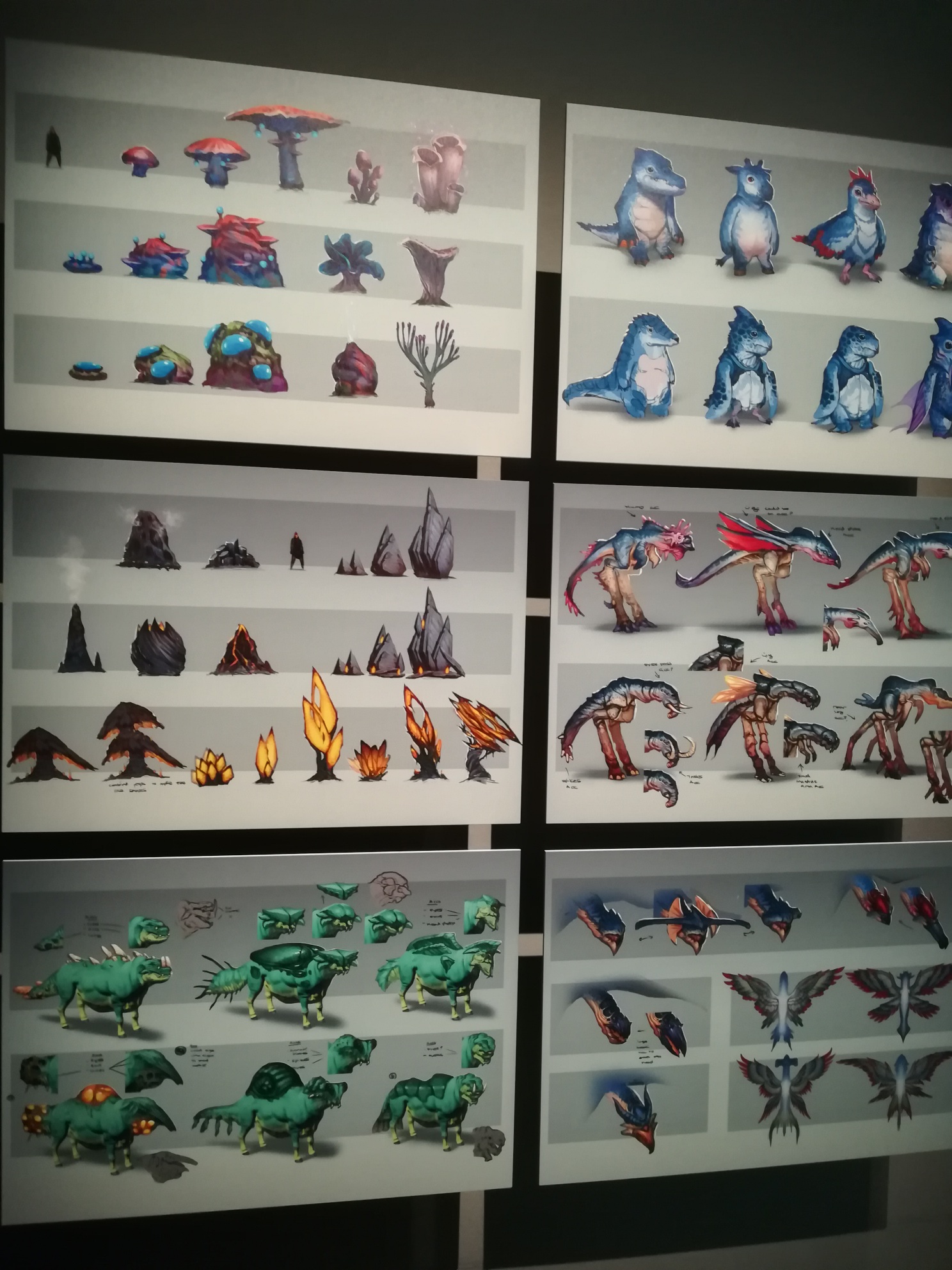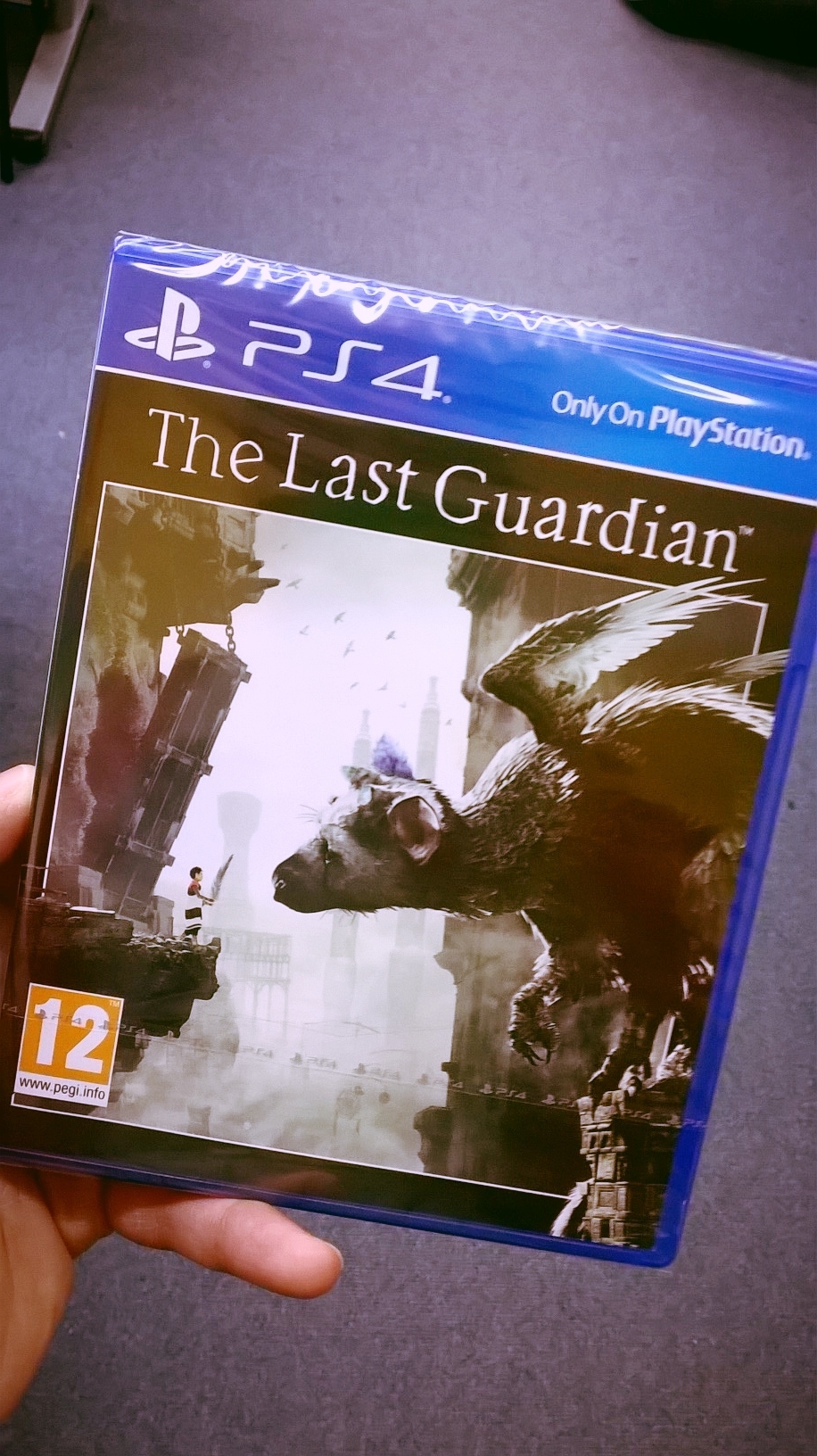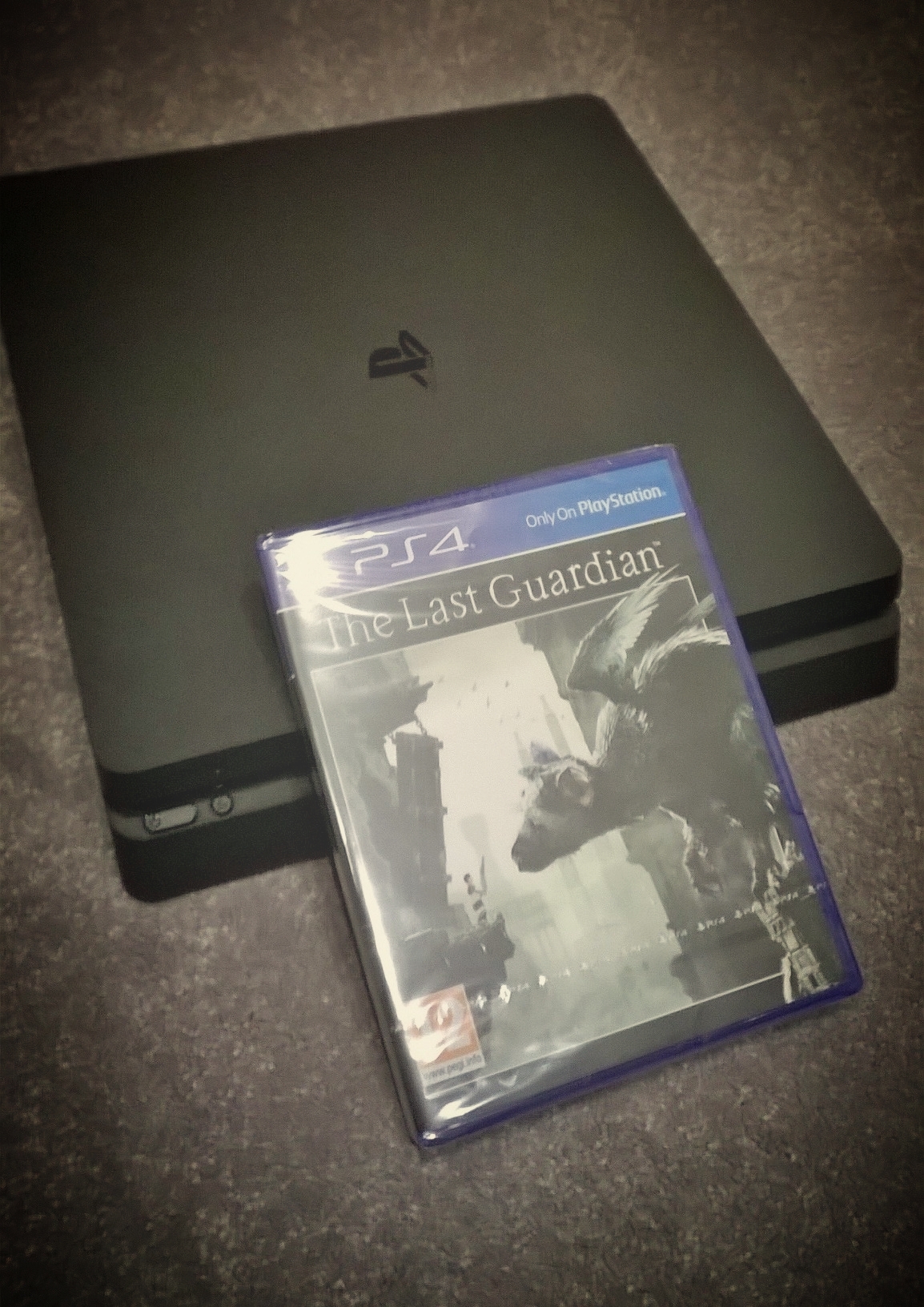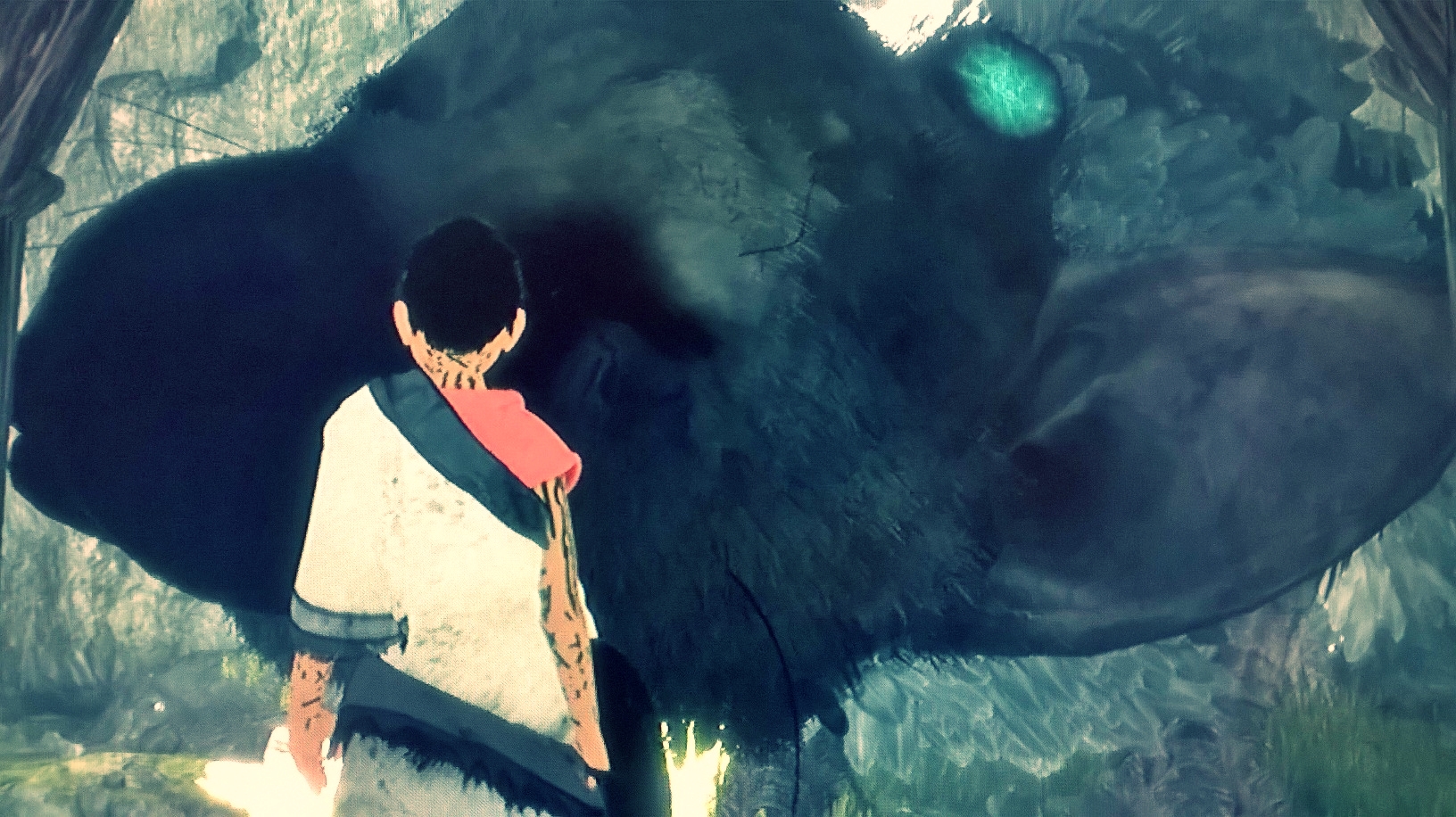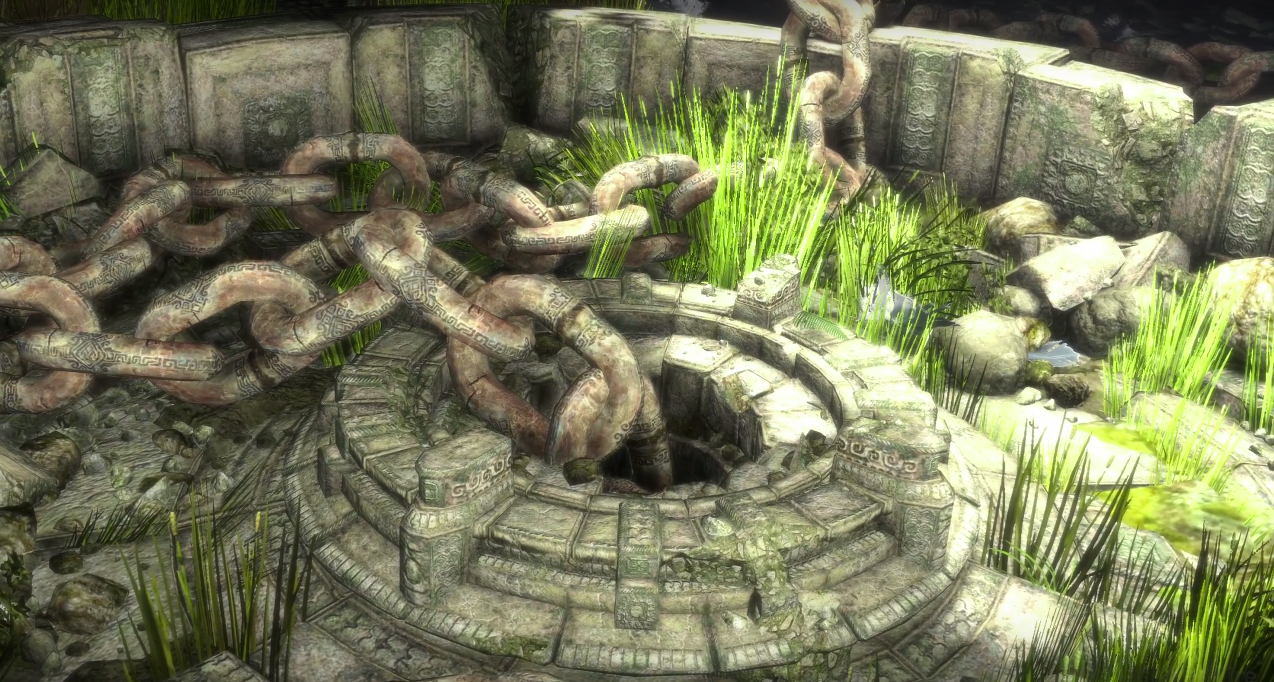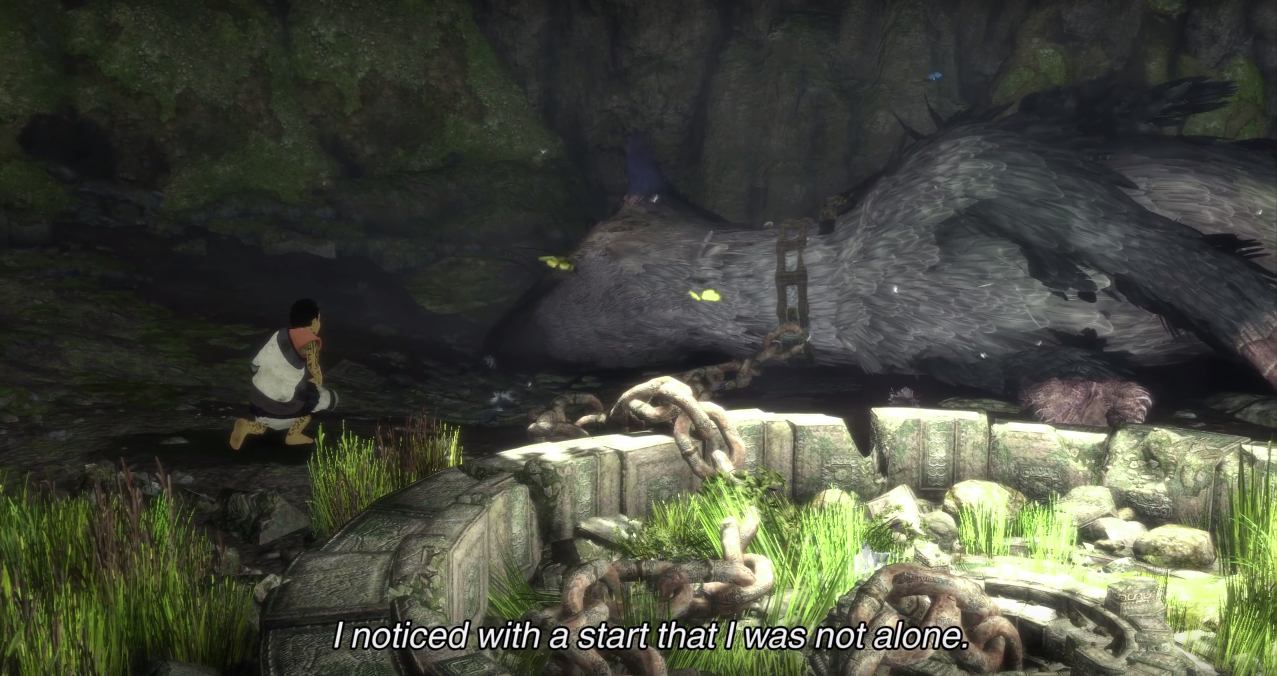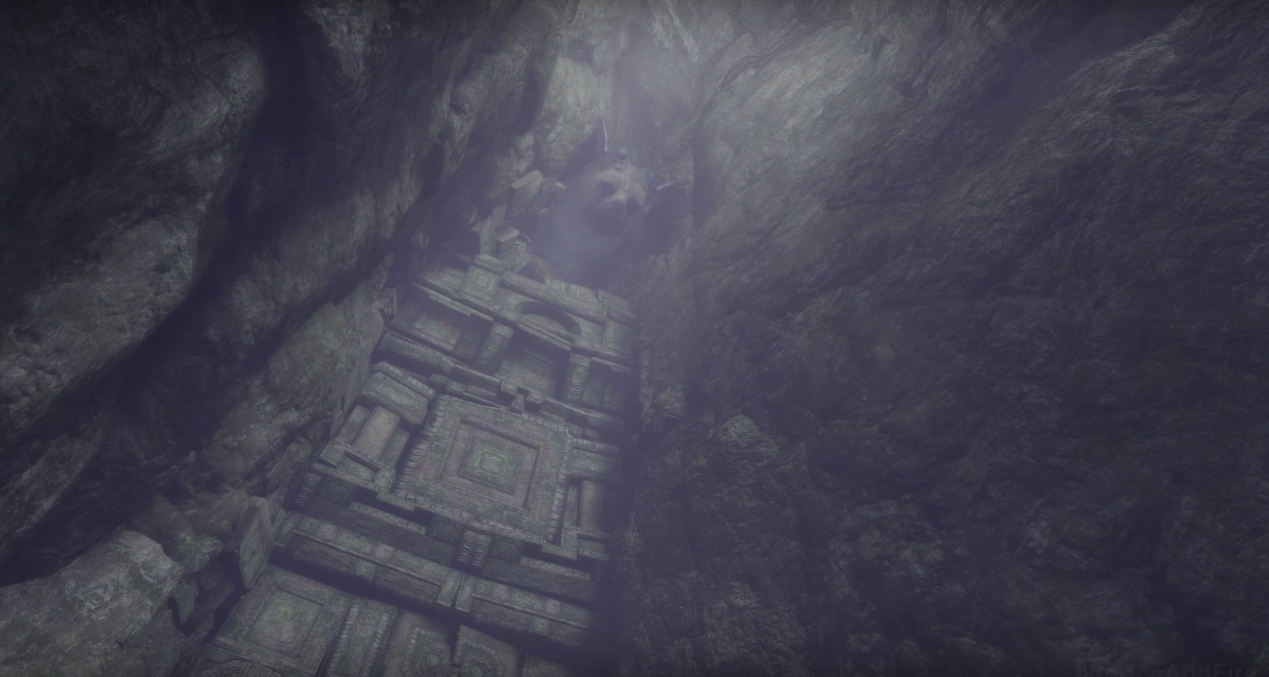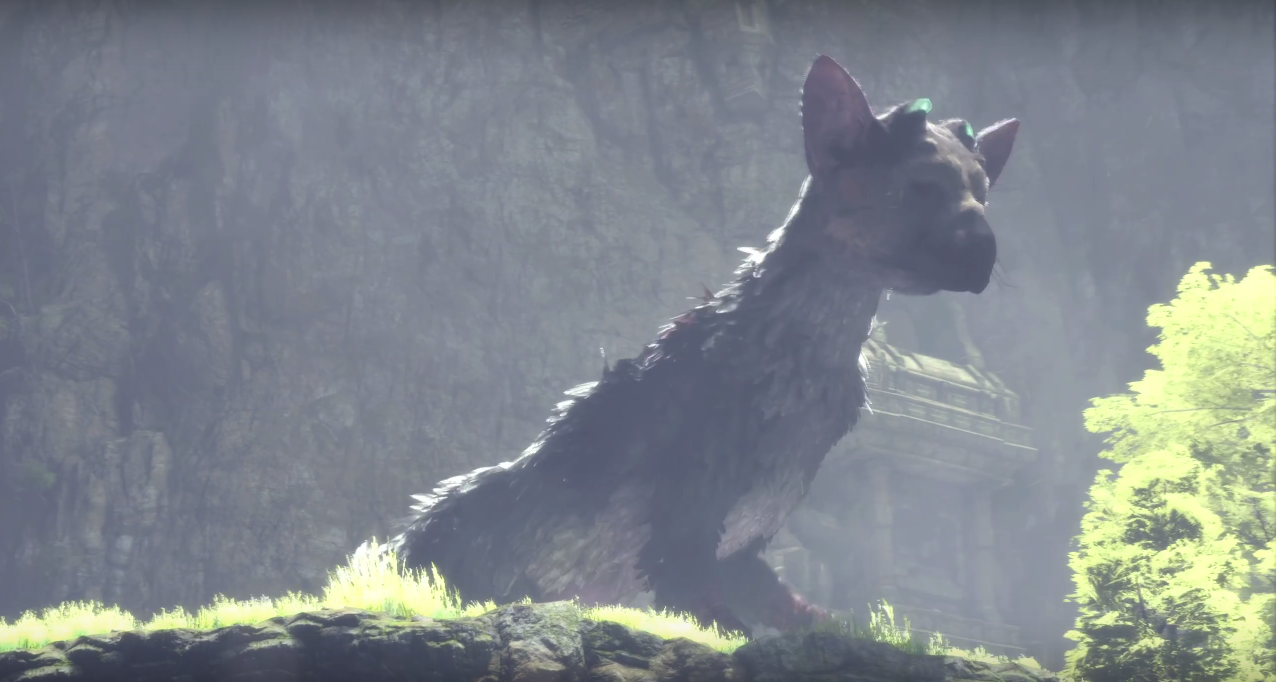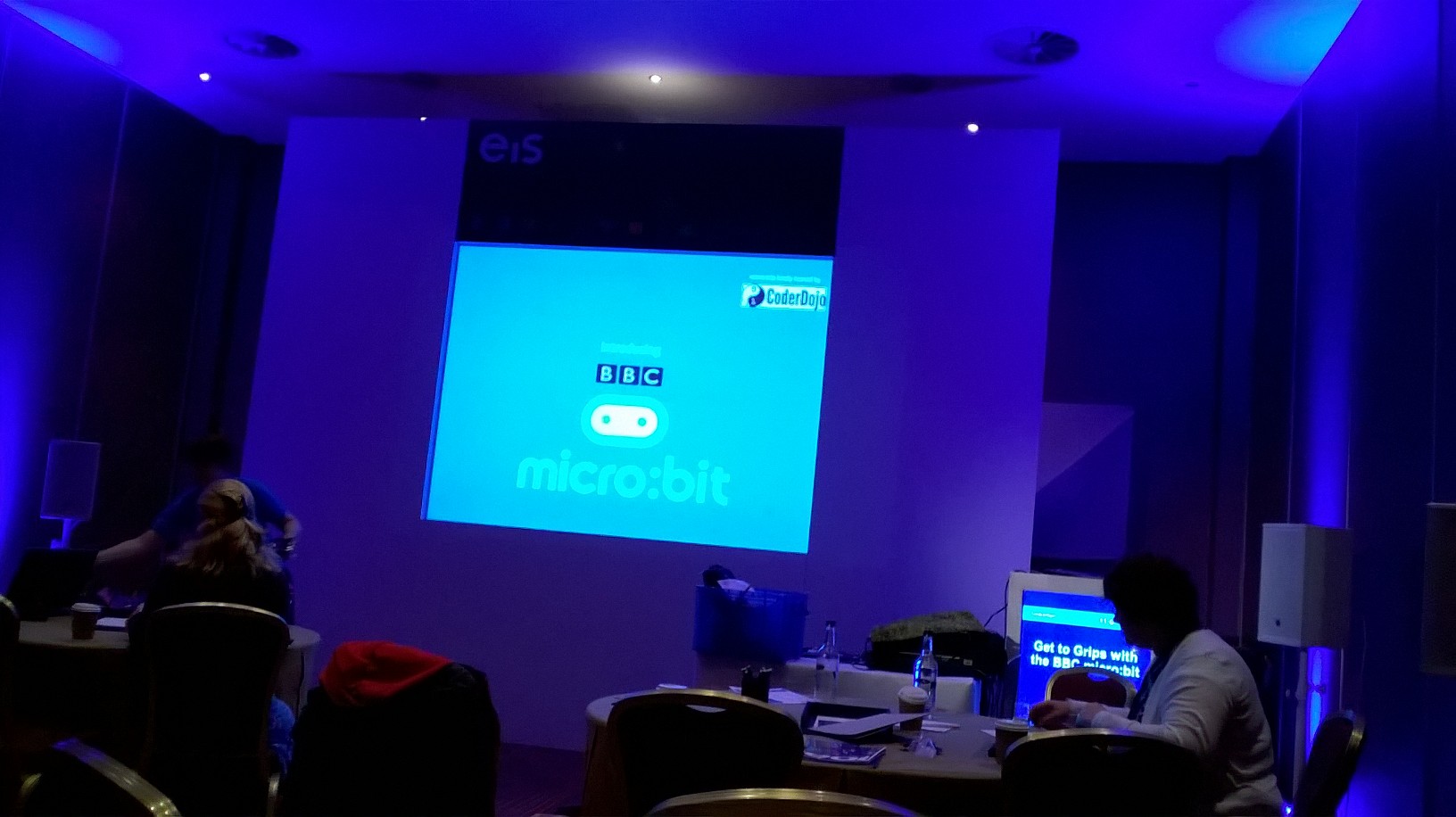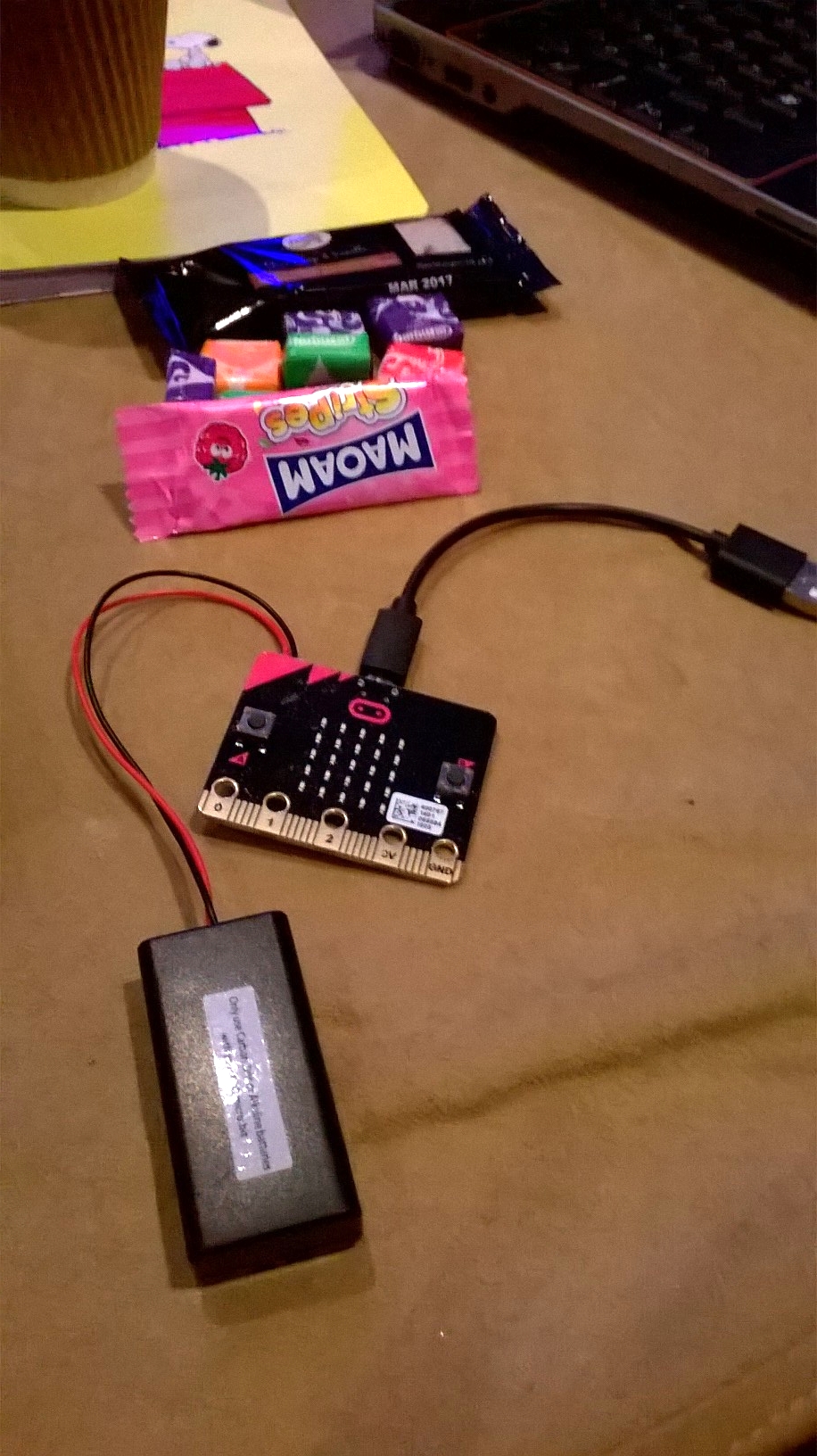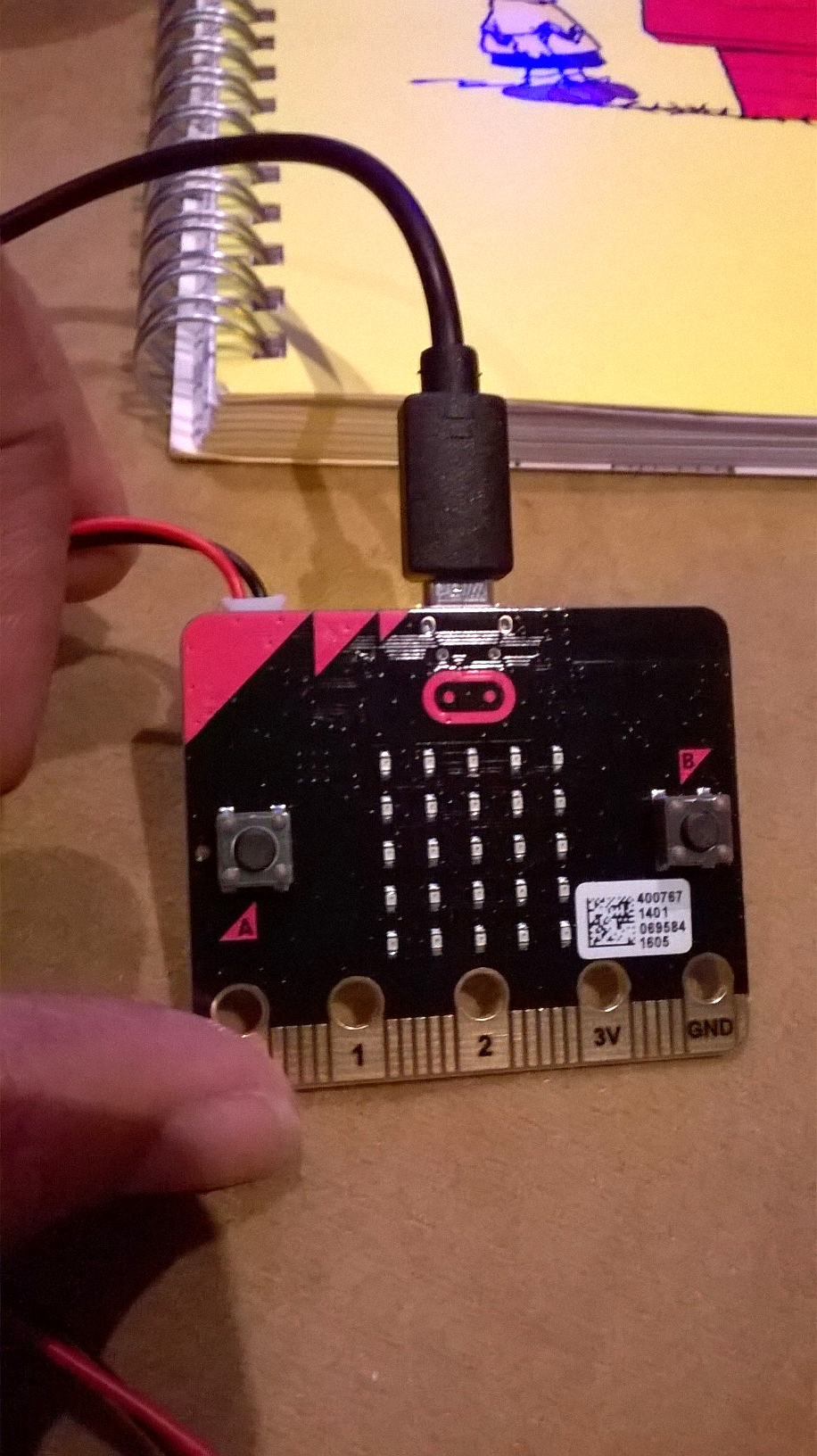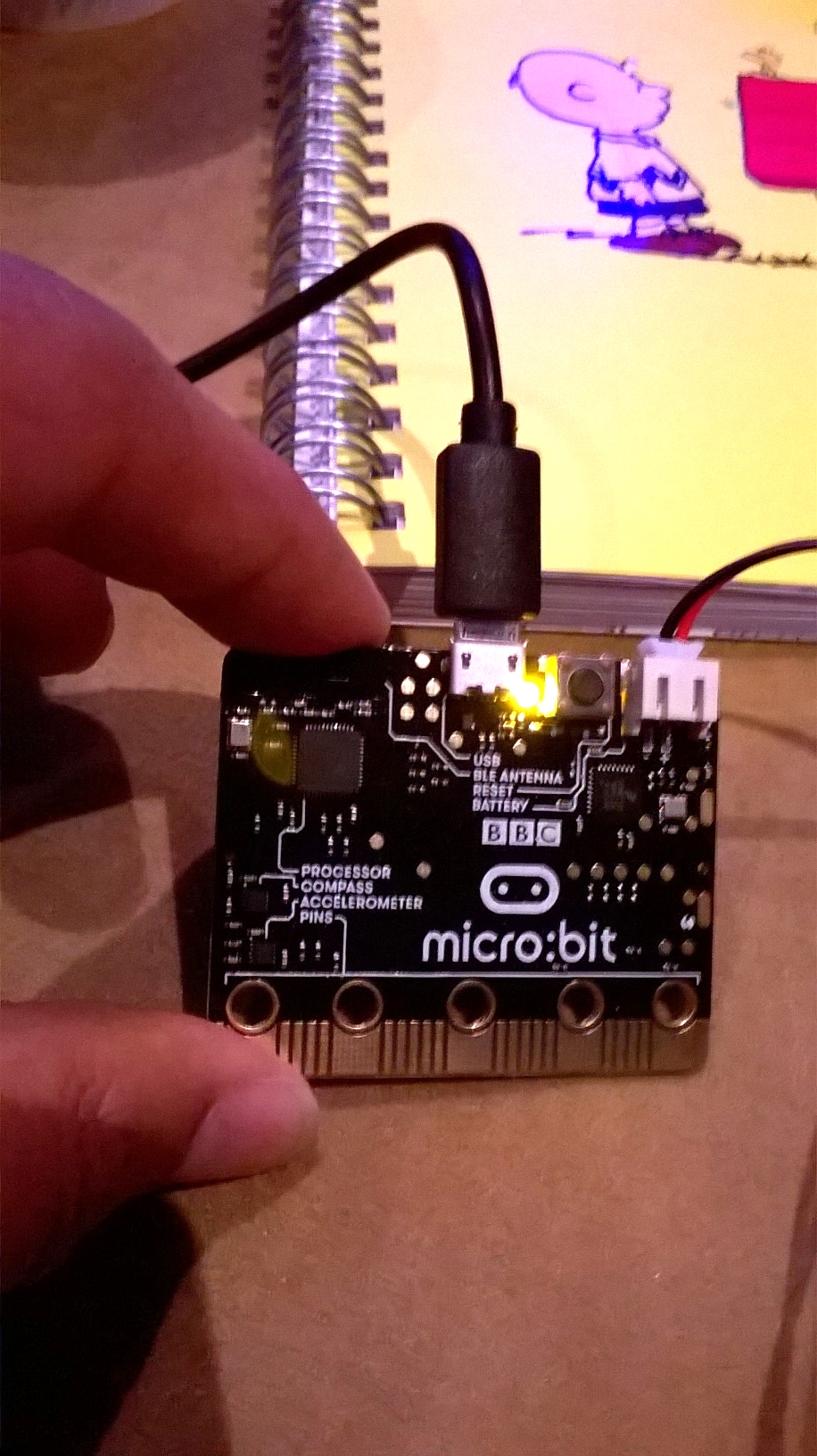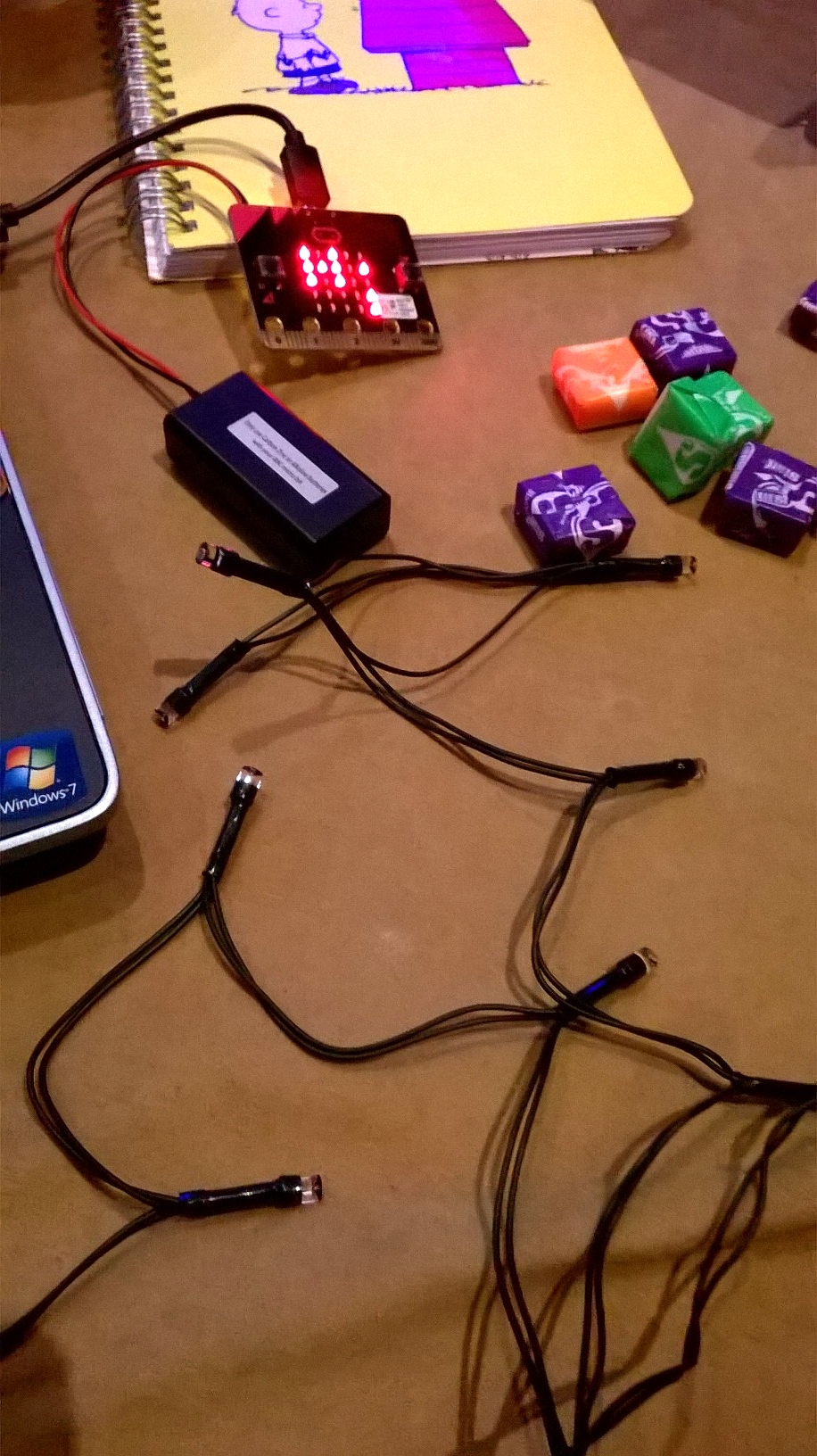I probably won't get to play Starfield, Buldur's Gate 3, FF16 and many other games anytime soon, if ever. These games are being called genre-defining or ‘all-timers’ by many yet there's not a chance I'll play all of them because the time-sink would be too great. So, I’ve played the games that I know I didn’t want to miss like RE4 Remake, Zelda, Mario Wonder, Goodbye Volcano High and other quirky indie games that don't take tens of hours to complete. It's just such a shame as 2023 was one of the best years ever for videogames and 2024 could be looking pretty good too. Will I ever catch up? No. No, I won’t.
As a 43 year old married man, I only have a finite amount of time and I want to feel like I'm progressing. If it were my uni student days, where I had all that free time between lectures, then that would a different matter. For me, who completed Operation Wolf on the green monochrome screen of the Amstrad CPC 464 on the keyboard, the idea of challenge is nothing. No, facing enemy combatants in a jungle setting on a green screen was my #Legend moment. Additionally, as you get older your reaction times slow and, whilst they don't calcify, they are definitely significantly slower than they used to be- it's simple biology. Thus, some games become incredibly challenging but that doesn't mean I don't relish the fight.
One of my greatest (and earliest) gaming achievements.
I've never understood the 'Git Good' tribalism that exists for some of these games. Life is hard enough so for many videogames are a leisurely escape in their downtime. I always start on the regular mode but, when there are unfair difficulty spikes or the need to resource farm to progress, I slide down to easy to progress before reverting to the regular mode again. I'm a child of the 80s and I did my time on incredibly hard or borderline unfair games in the arcades and on the home computers of the time. I've completed Katana Zero, Nier: Automata and many other recognisably 'hard' games but I can swallow my pride when needed and alter the challenge. For when I am feeling particularly hardcore, I play From Software games but I haven't completed any except Elden Ring, due to the farming needed when there is a huge difficulty spike. I only completed Elden Ring due to the fact that I could wander around a huge world when I met a creature that was too powerful and get OP-ed in the process.
Elden Ring is my most played game and took me over 160 hours to beat.
I am already saturated with so much media; if it's not games it's books, audiobook, magazines, podcasts, music albums, YouTube short and long form video essays, graphic novels etc without the added complication of playing all these videogames too. Gaming would dominate all my free time and, when you are a teacher with a young family, manage this level of gaming would be detrimental to my family life not to mention mental health.
My gaming pile is quite high and that’s before I account for digital games like Alan Wake 2, A Highland Song and a few others.
I have a huge backlog across all media forms and the Backlog Guilt Spectrum is real. I look at my 'to do' pile then inexplicably proceed to purchase more. I regularly go through massively productive periods where I make a dent in this backlog. Traditionally, I have a calm January where stay away from games and read or watch films and TV series. Usually, that is followed by the Summer holidays where I read prodigious amounts to make good on my promise to finish all the books I've purchased over the past year. I did that this year and felt immensely proud, before buying a load more books and feeling that tension rise again.
I have a real choice paralysis as I have always been quite informed about a lot of pop culture so not having experience of certain things seems anathema to me but that's what age, work and life does to you, it forces you to face your commitments to other things and realise that there is too much media to be consumed so slow down and enjoy the ride.
LINK: Japan: My Journey to the East
LINK- The Last Guardian- Video Games As Art
LINK- Shadow of the Colossus- Book Review
LINK: Manga Exhibition at the British Museum
LINK- The Midnight Library and the Idea That You Can’t Go Home Again
LINK- The Transportive Nature of Objects (And the Power of Mini Consoles)
